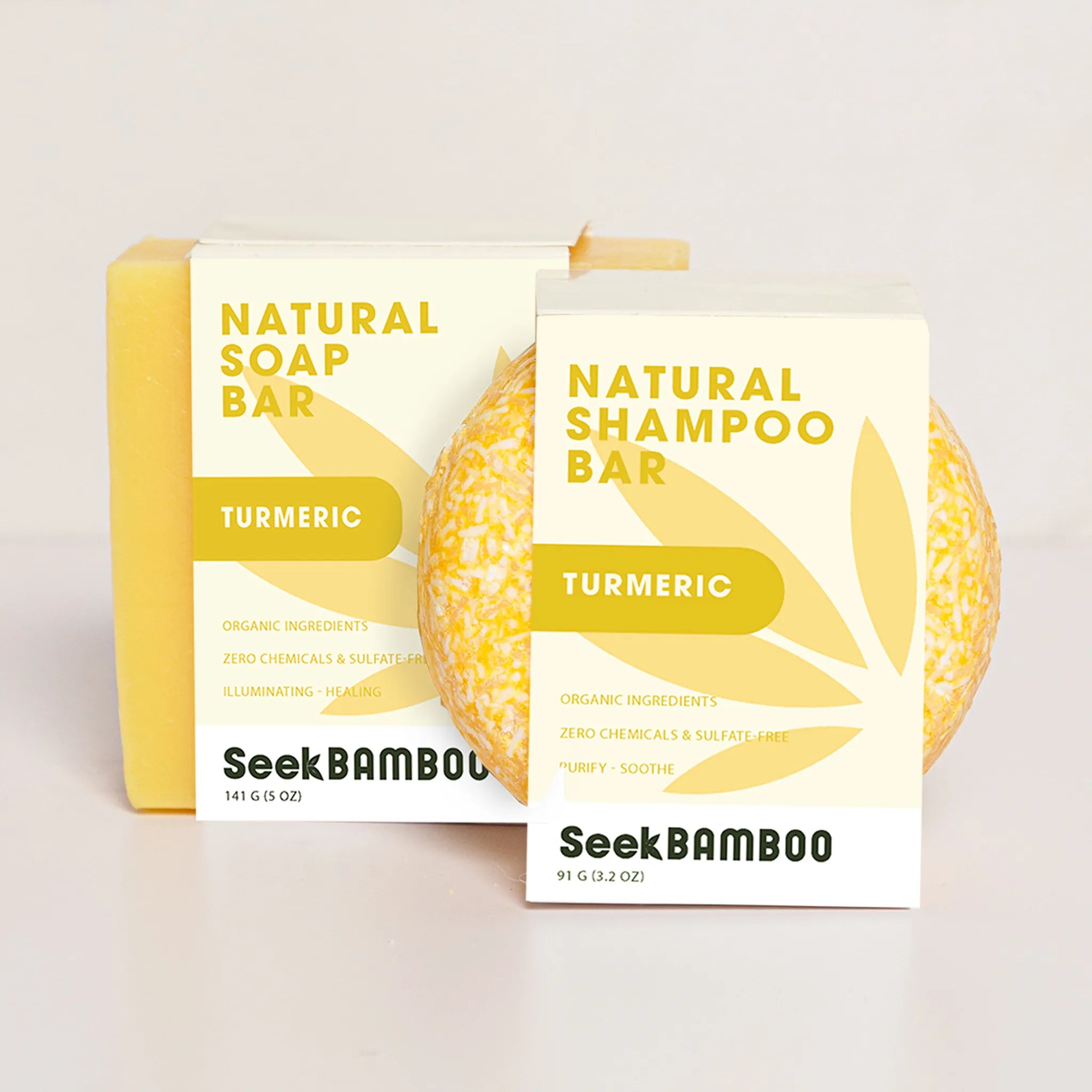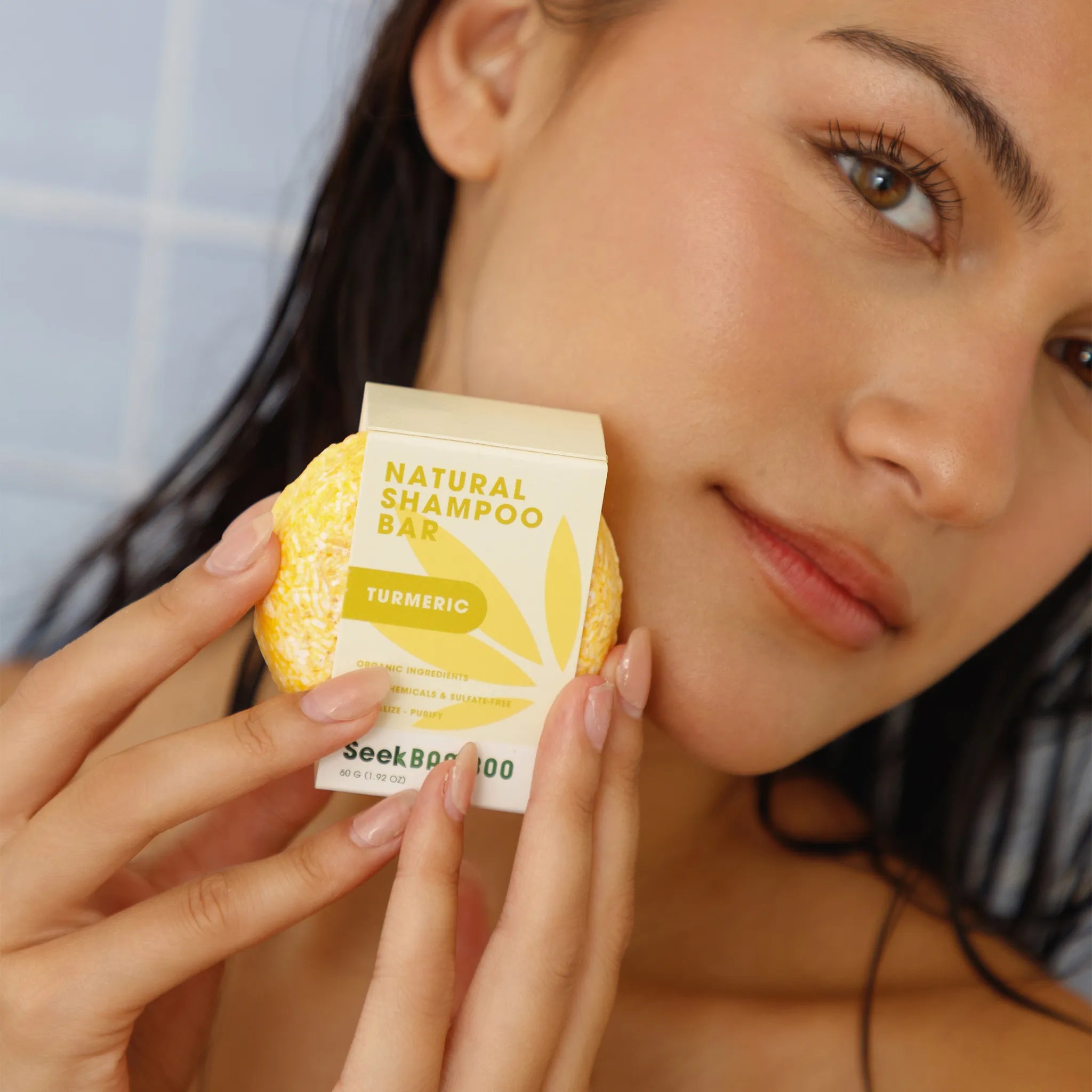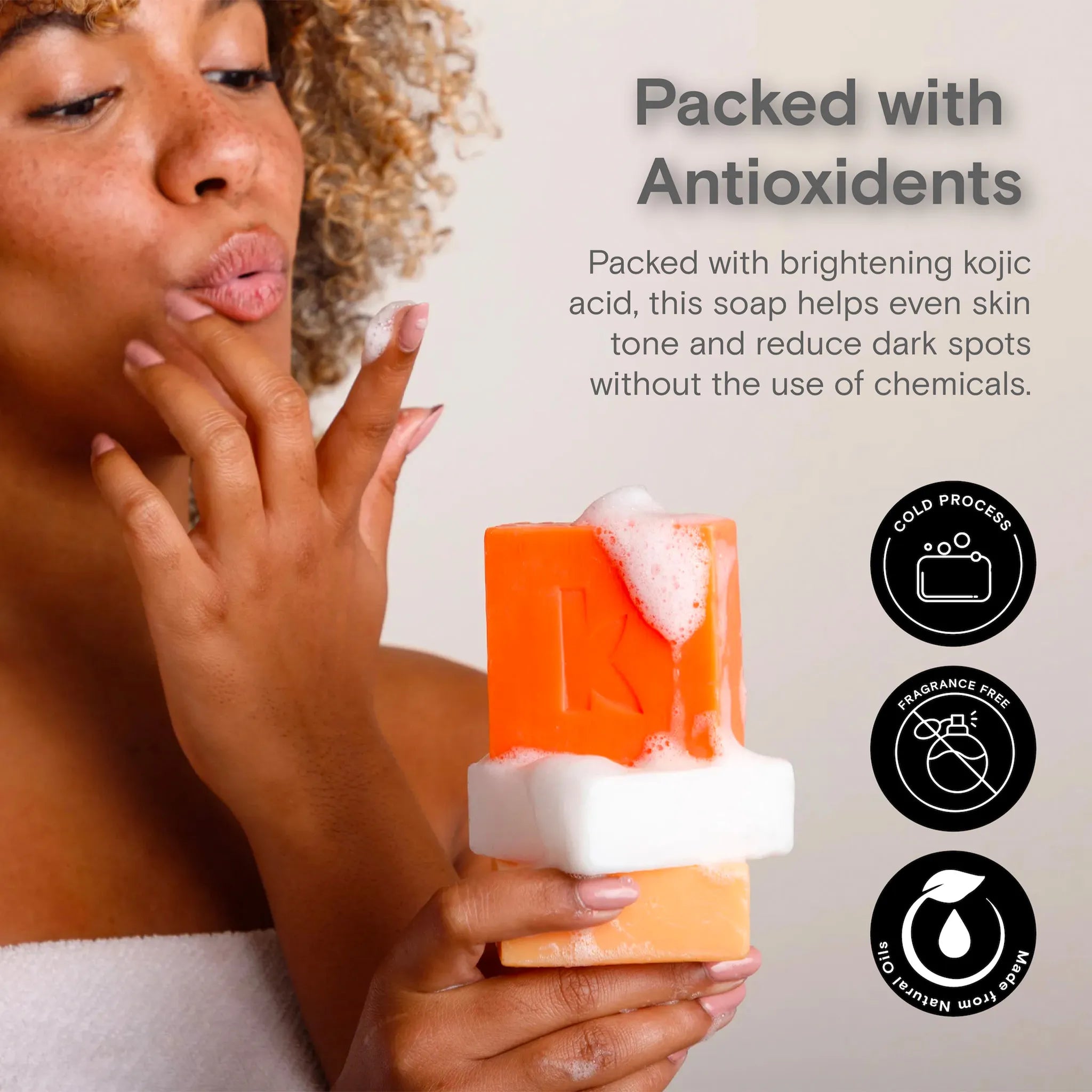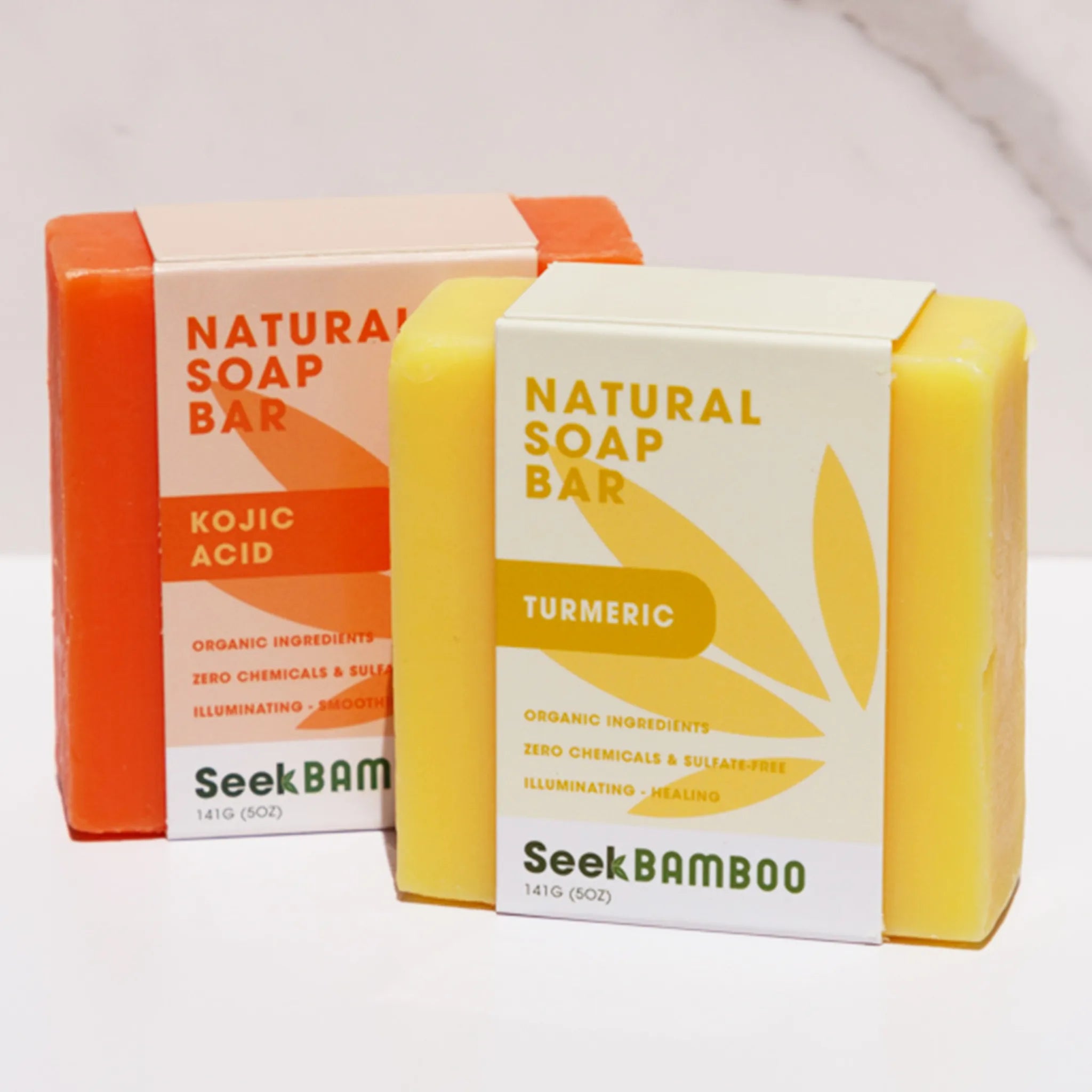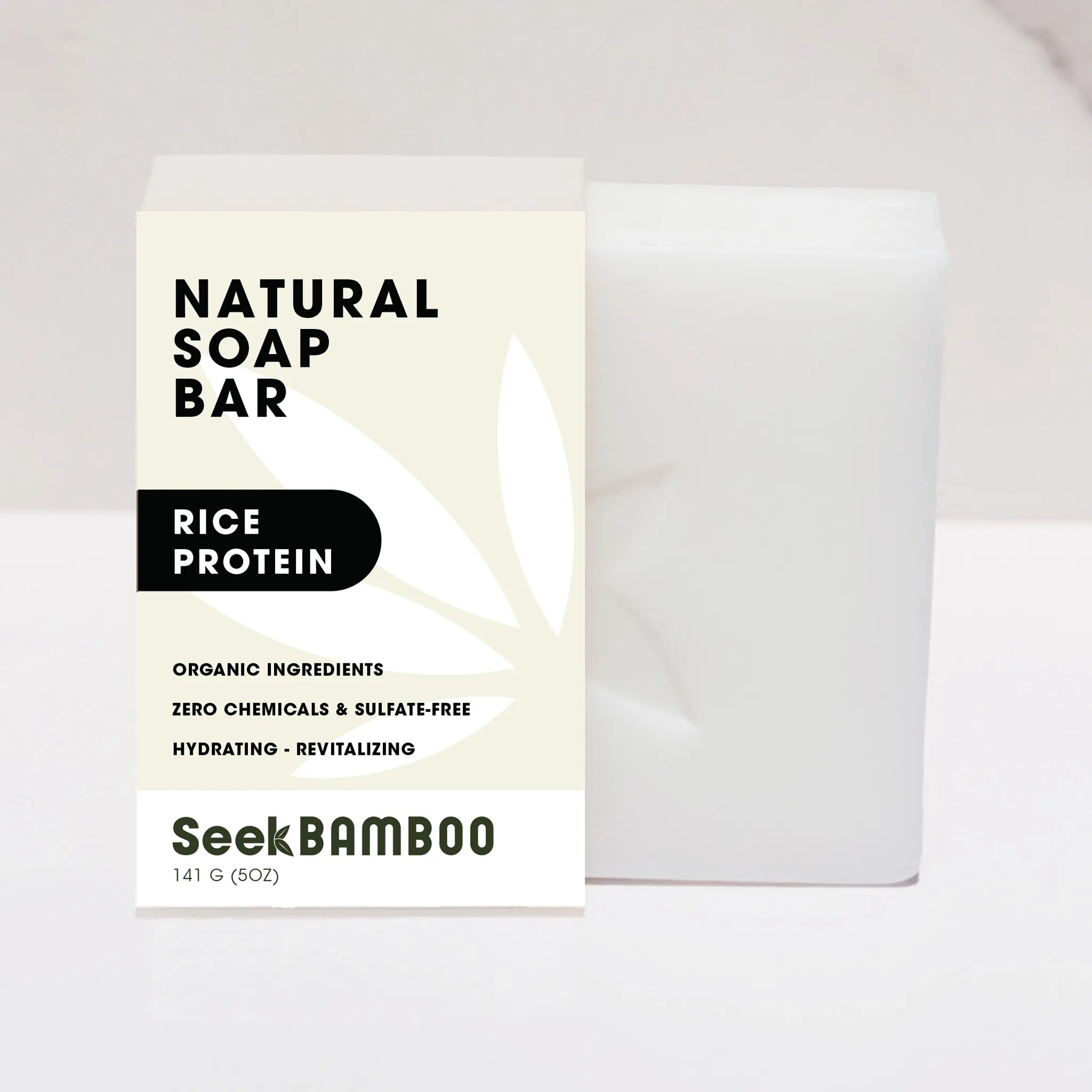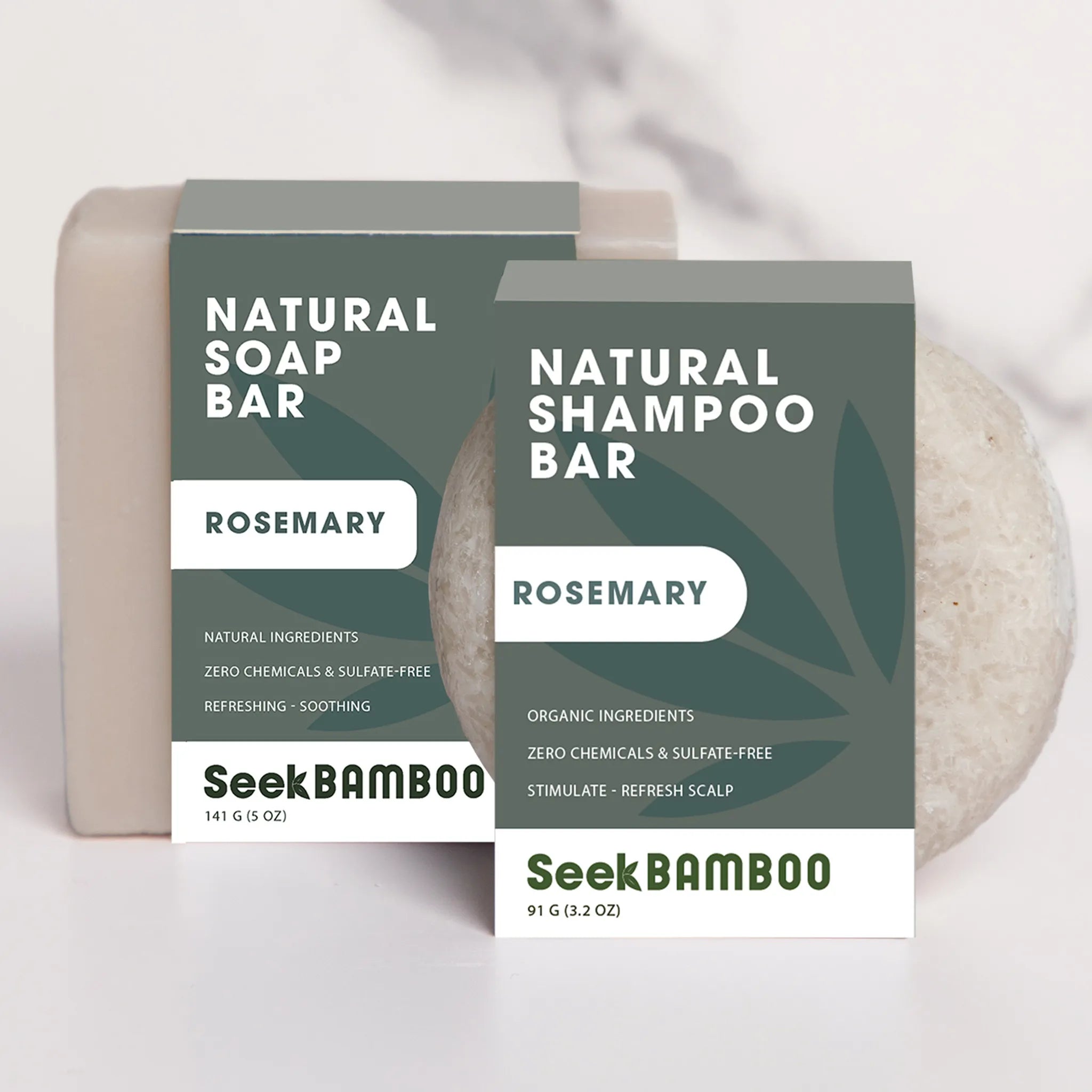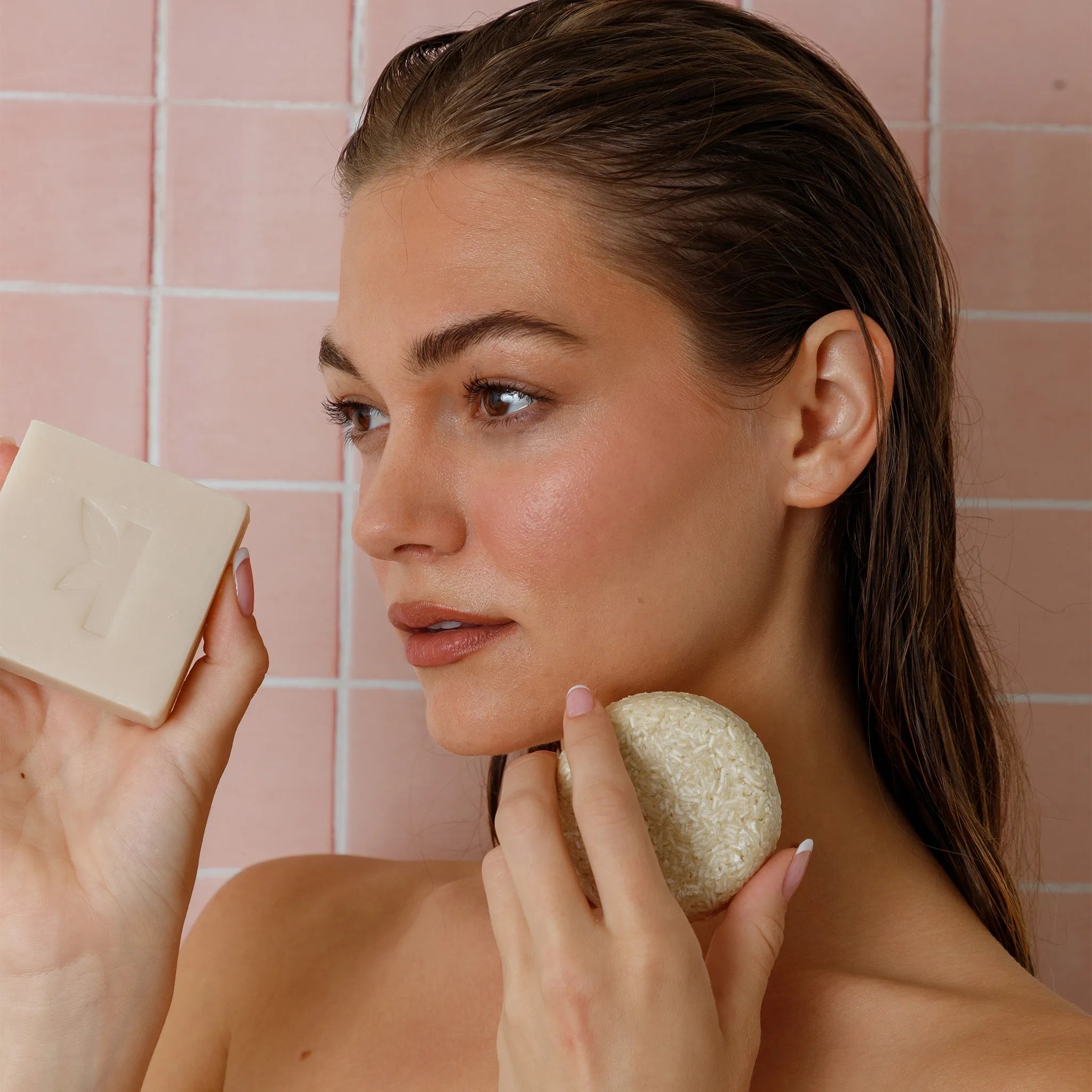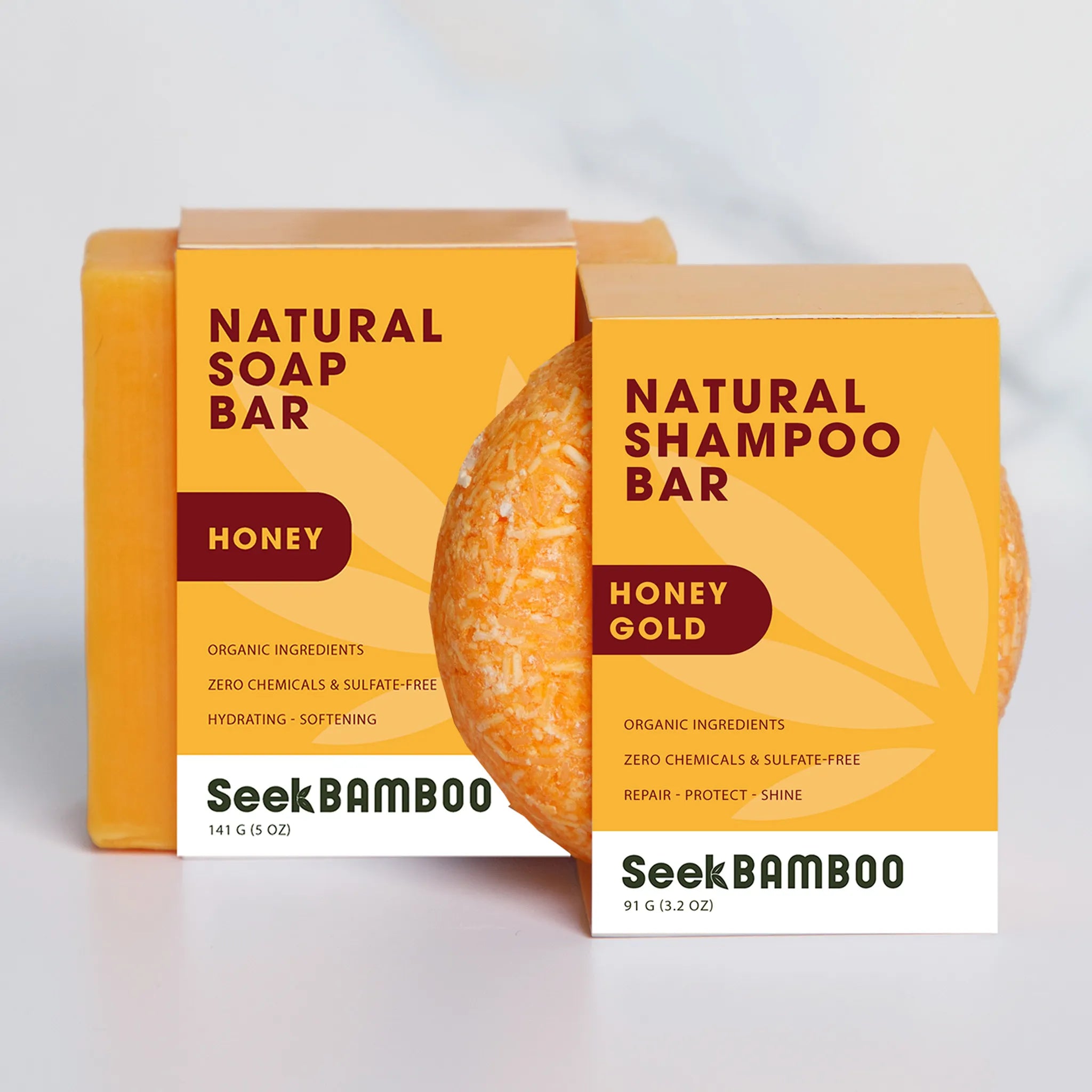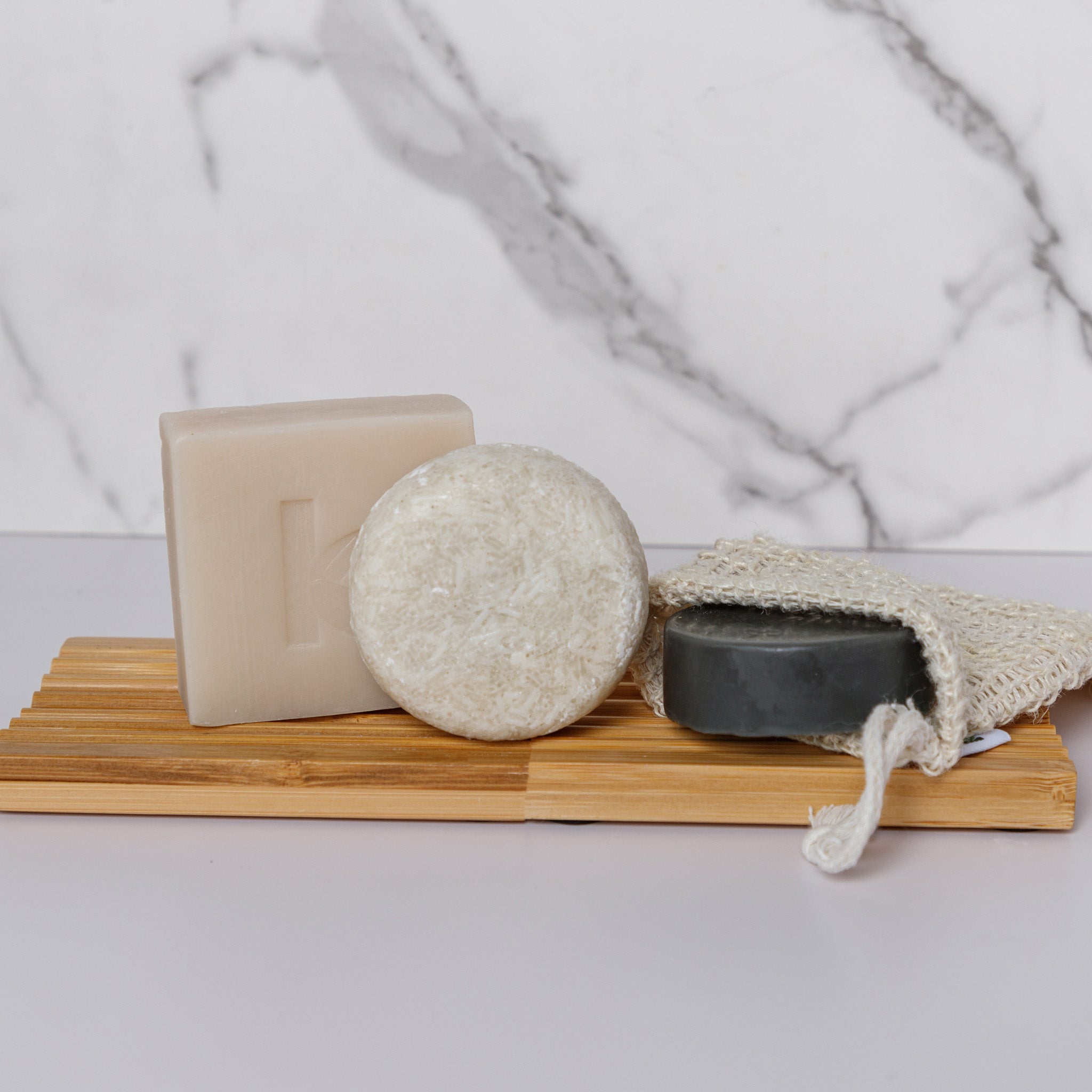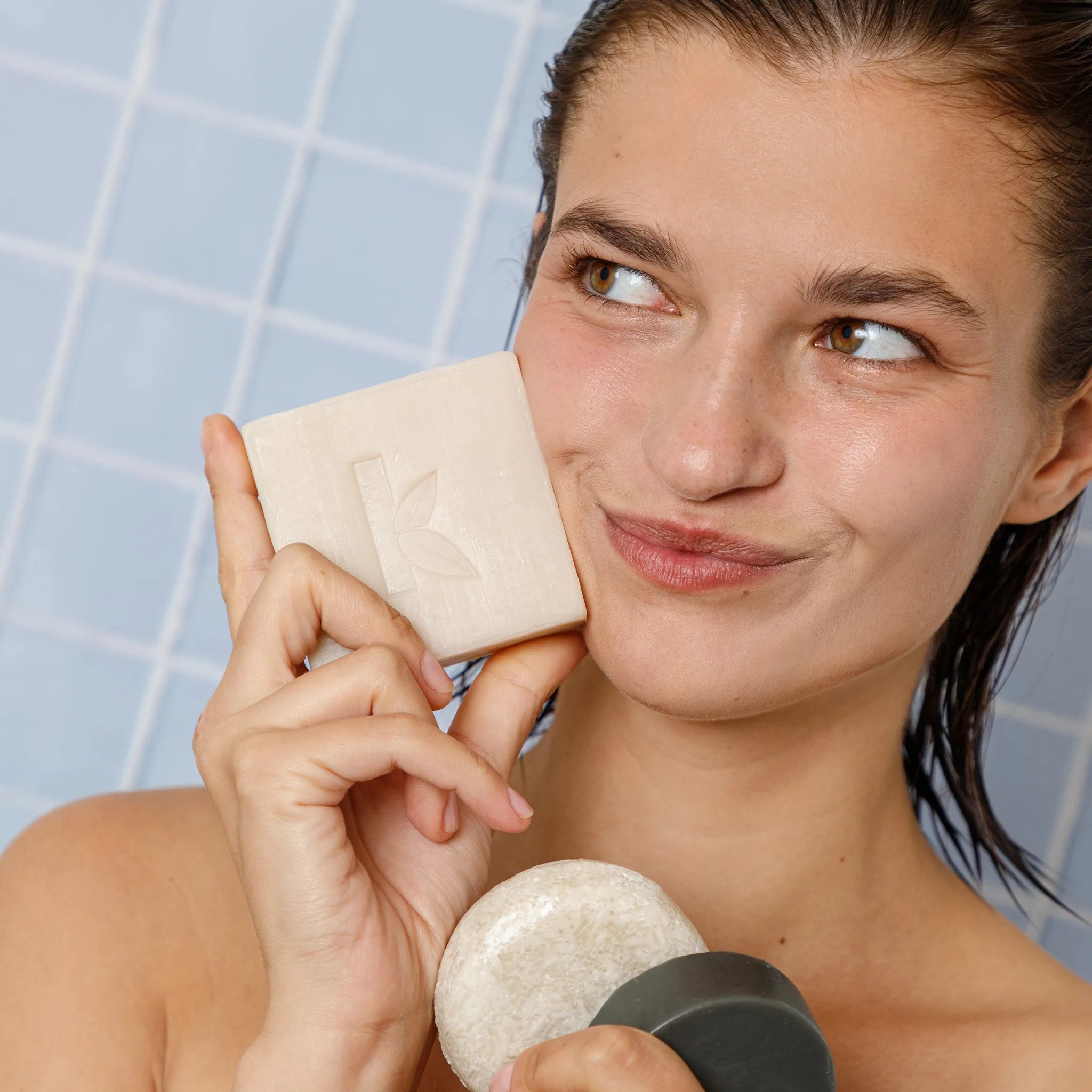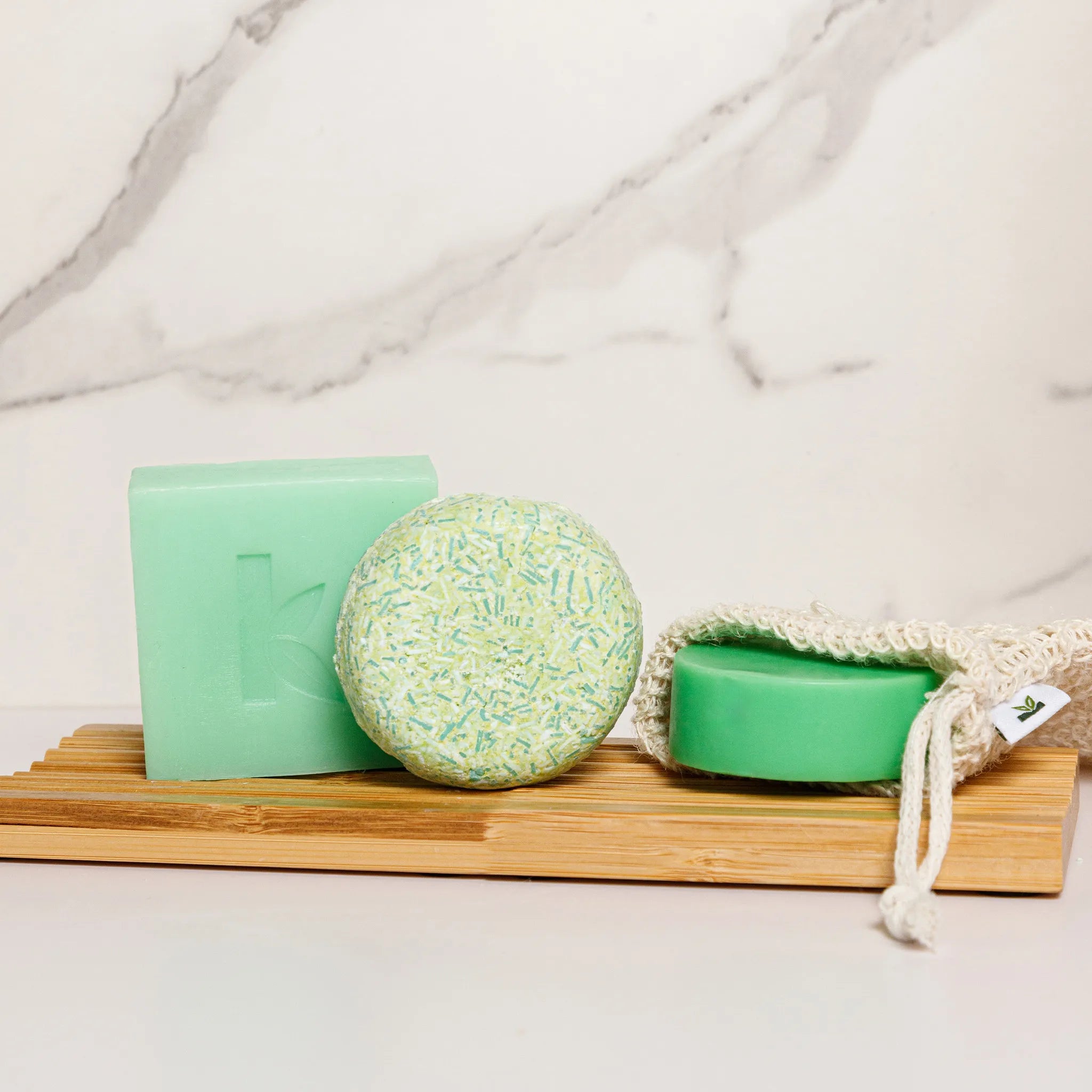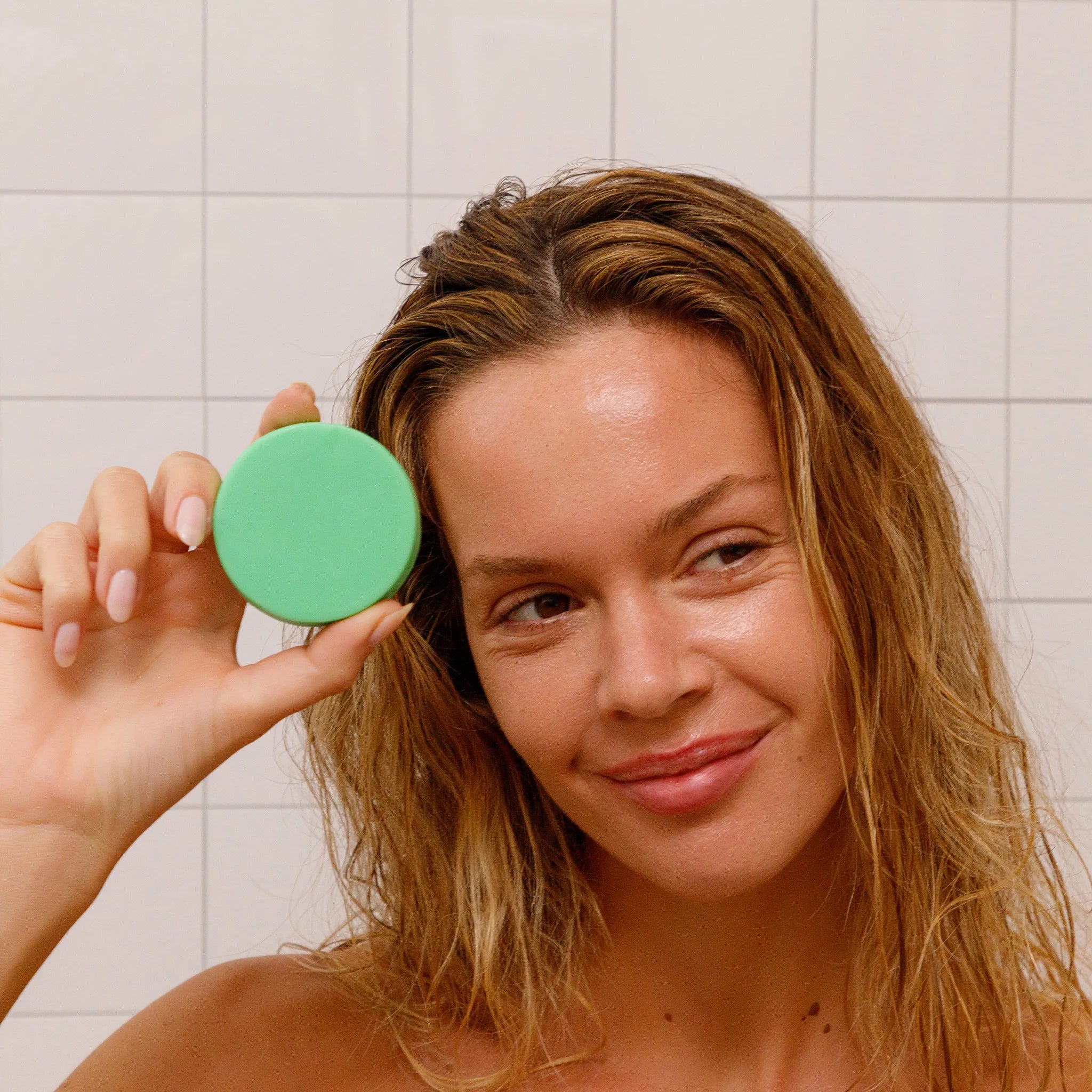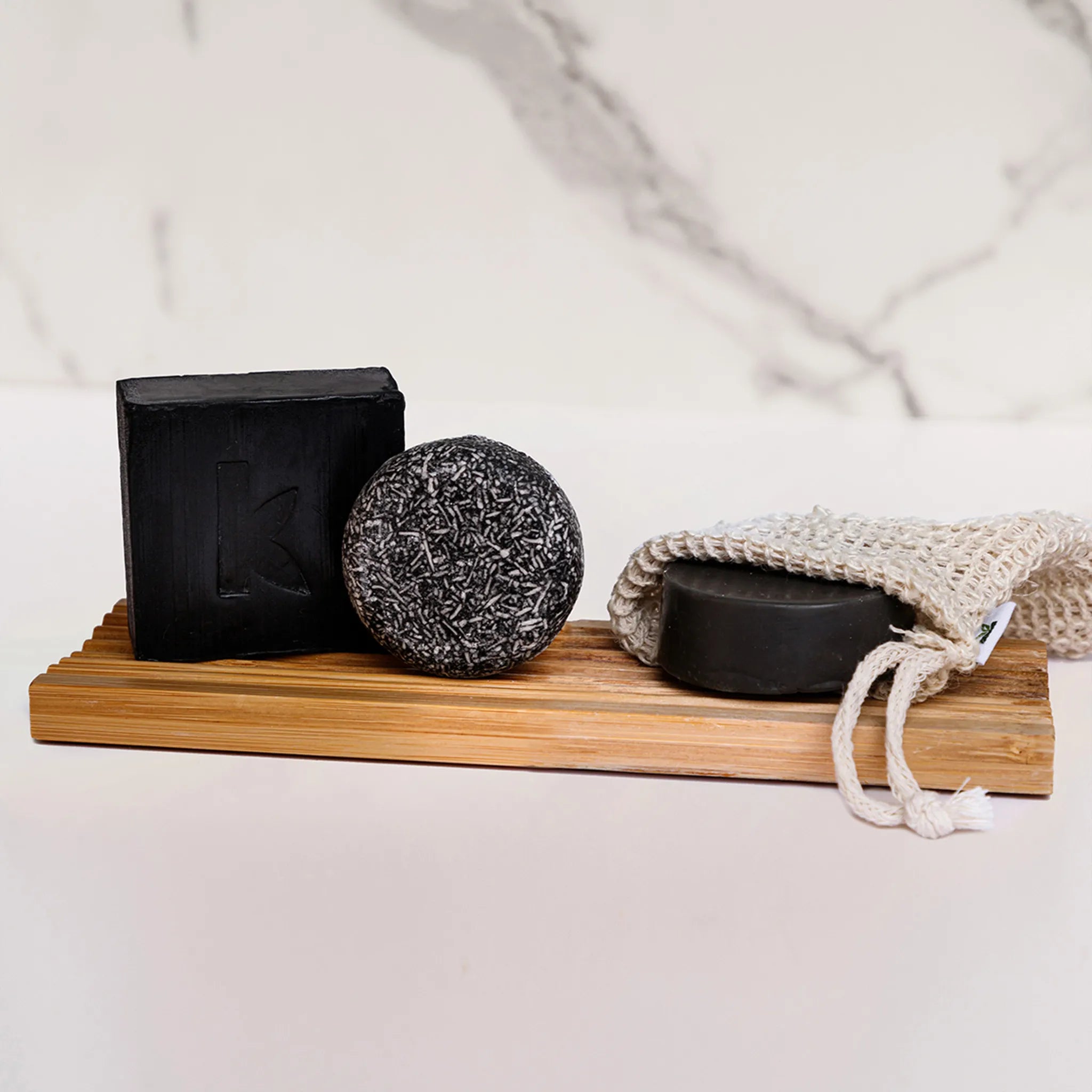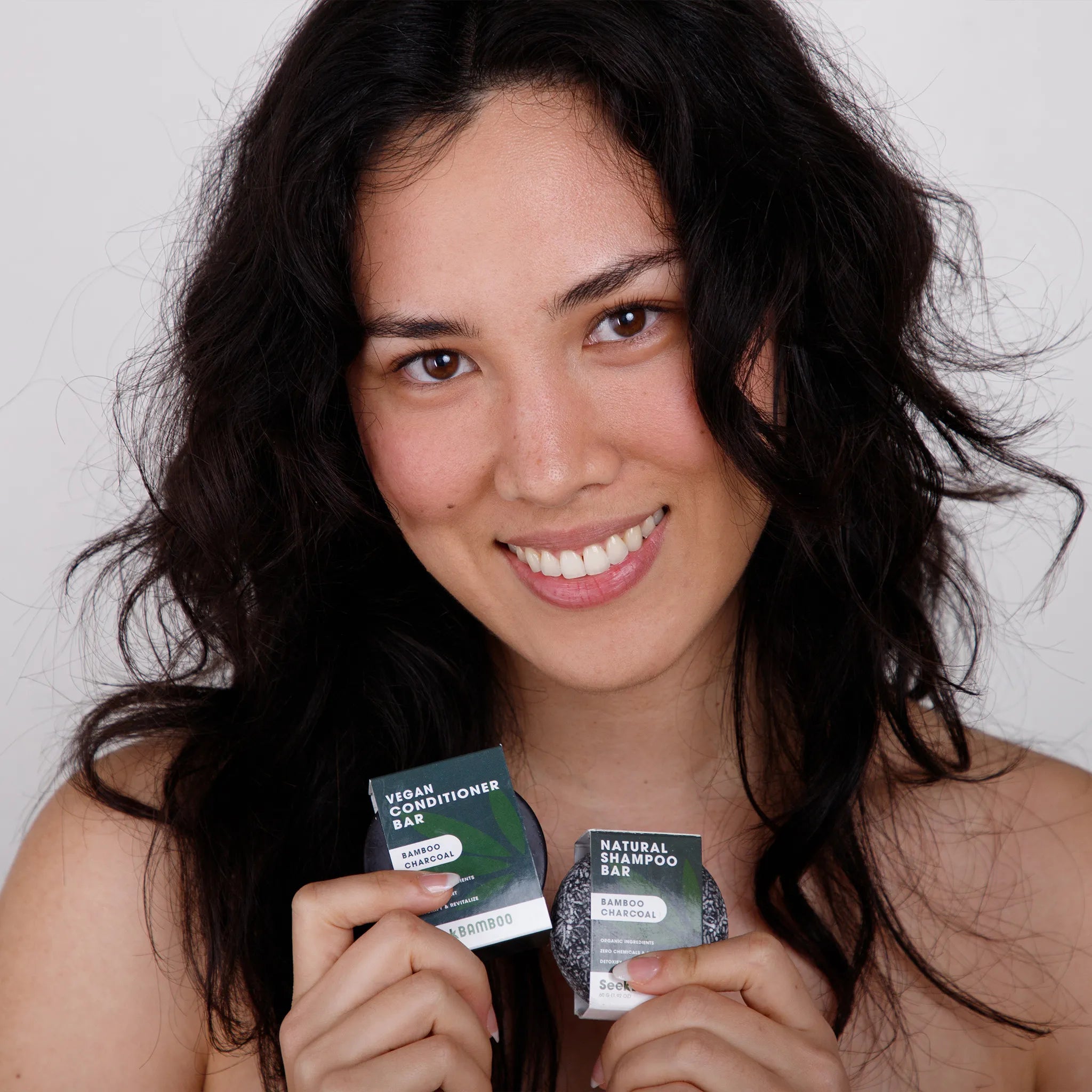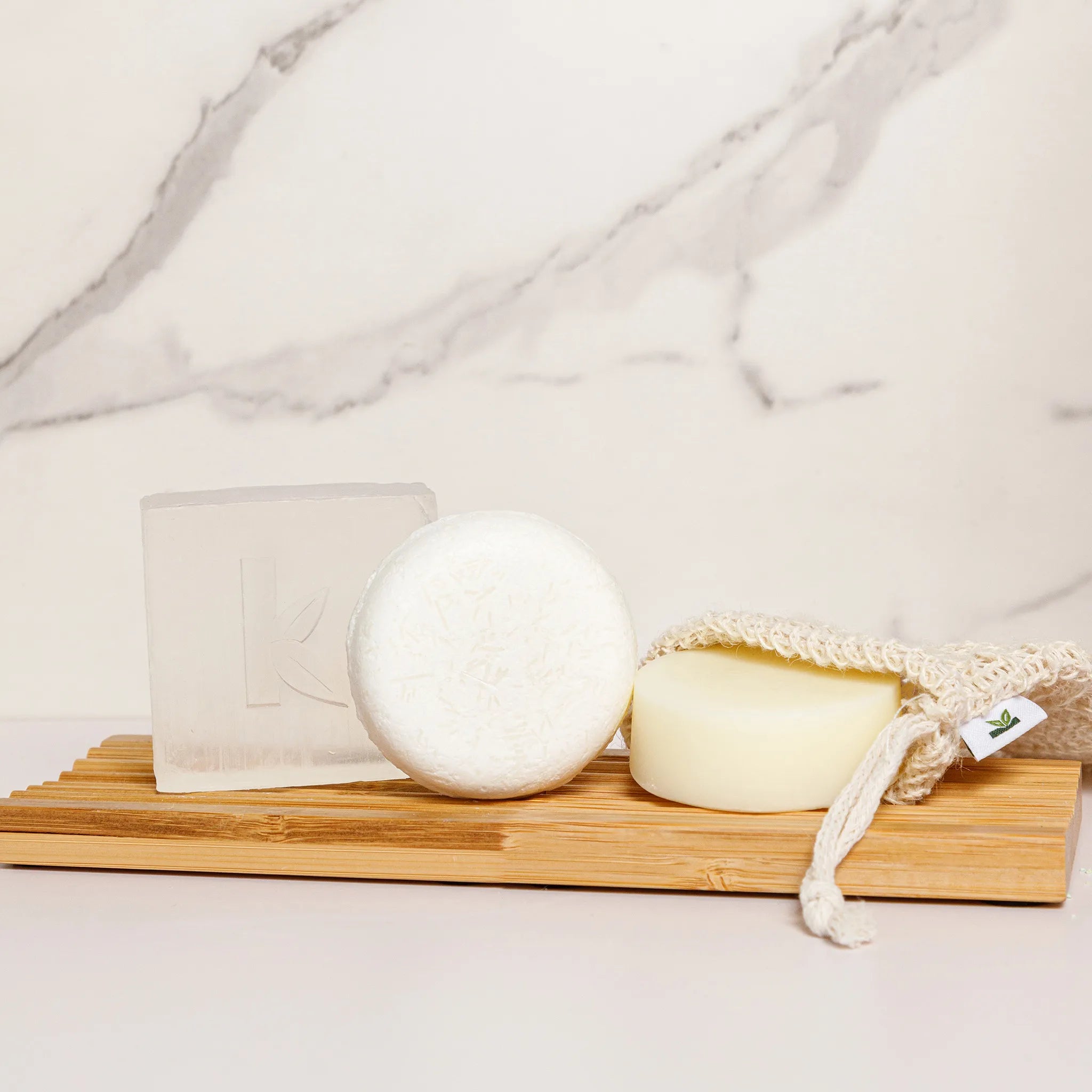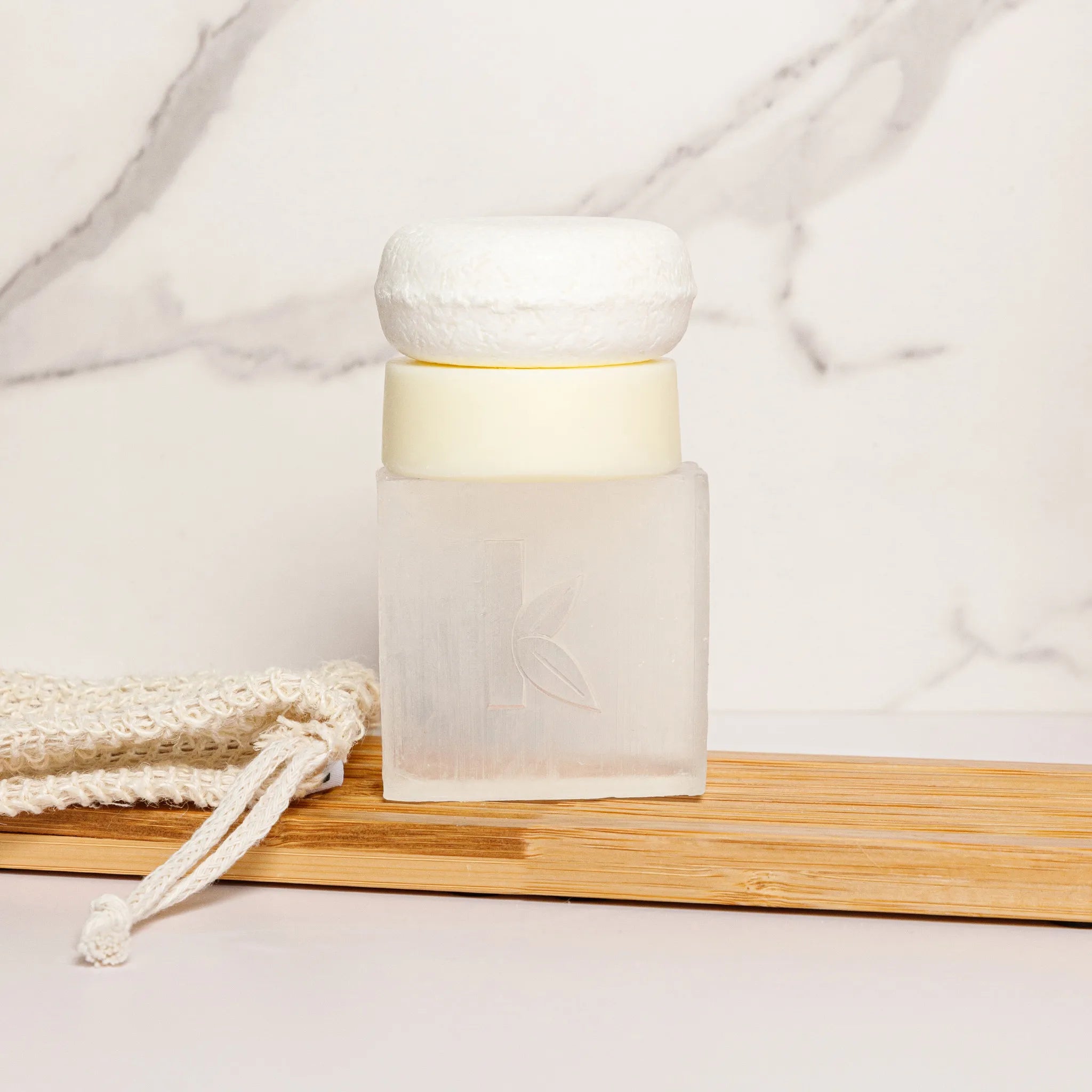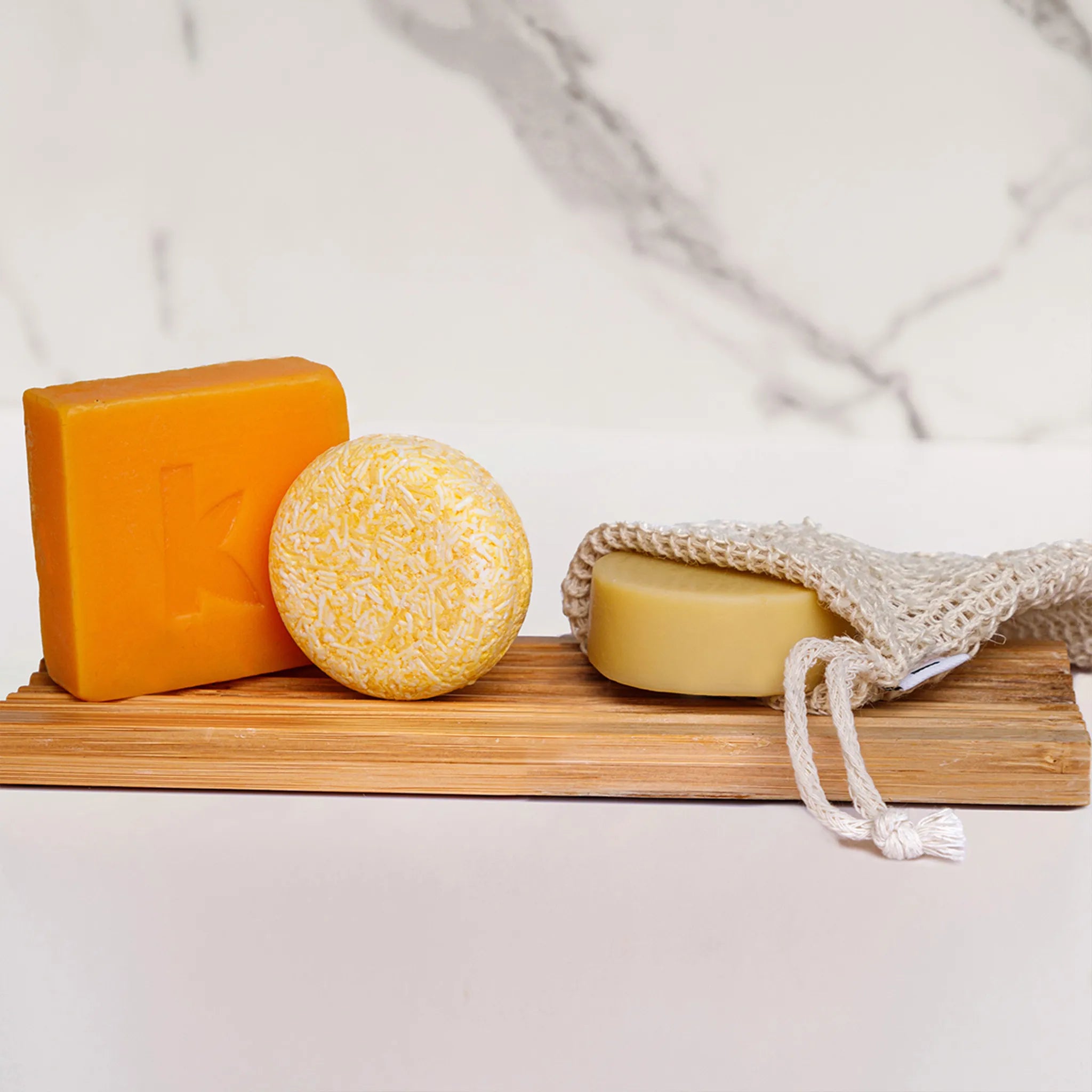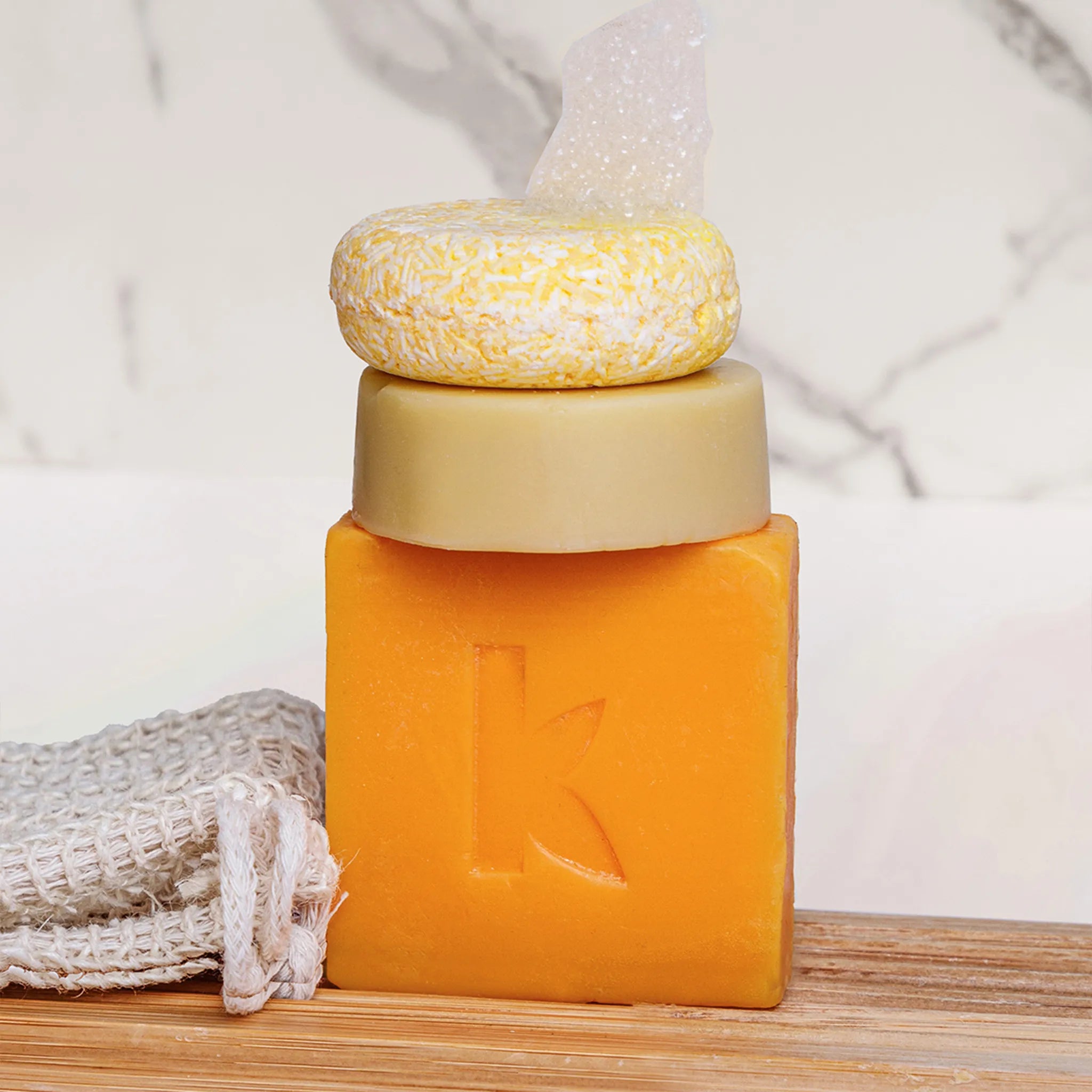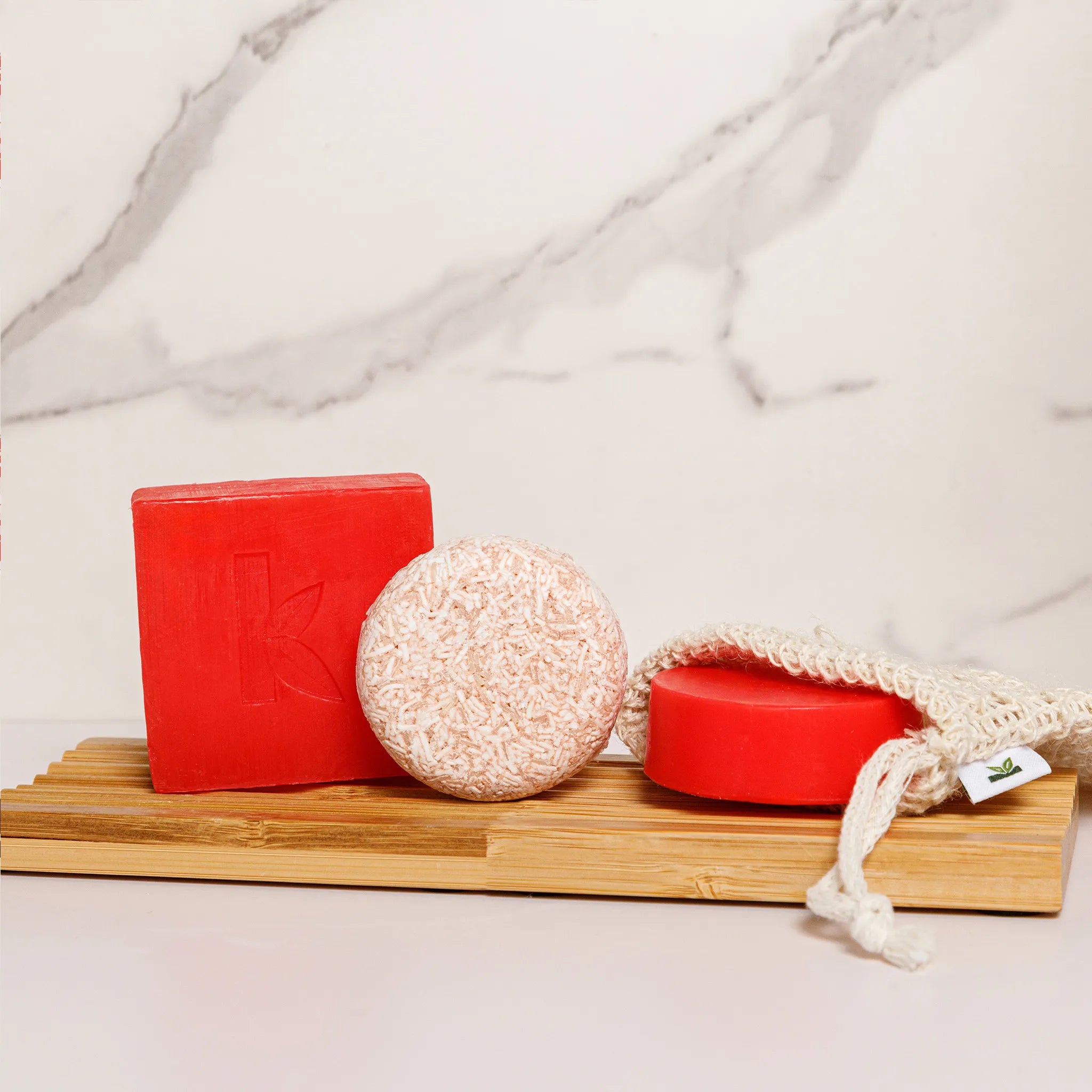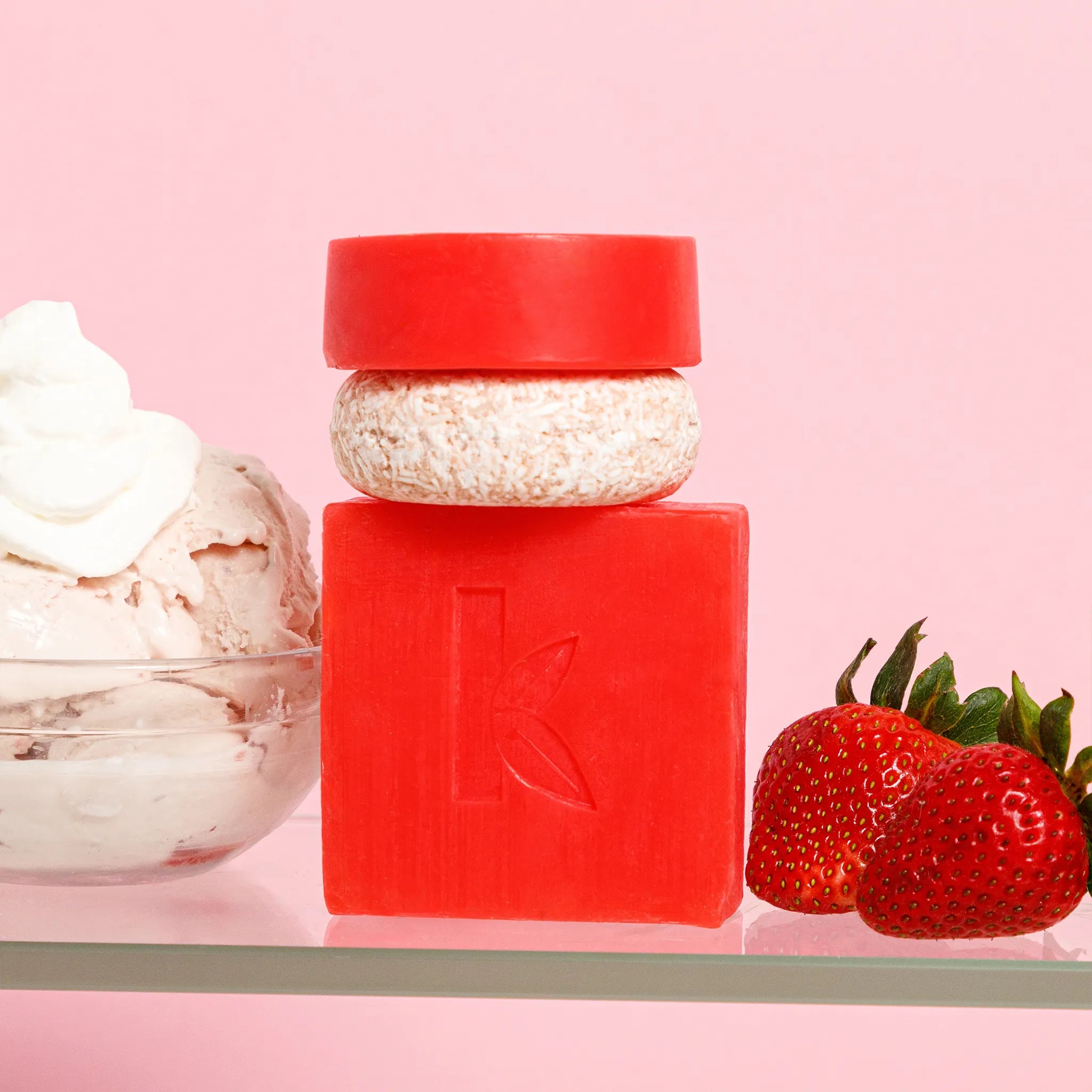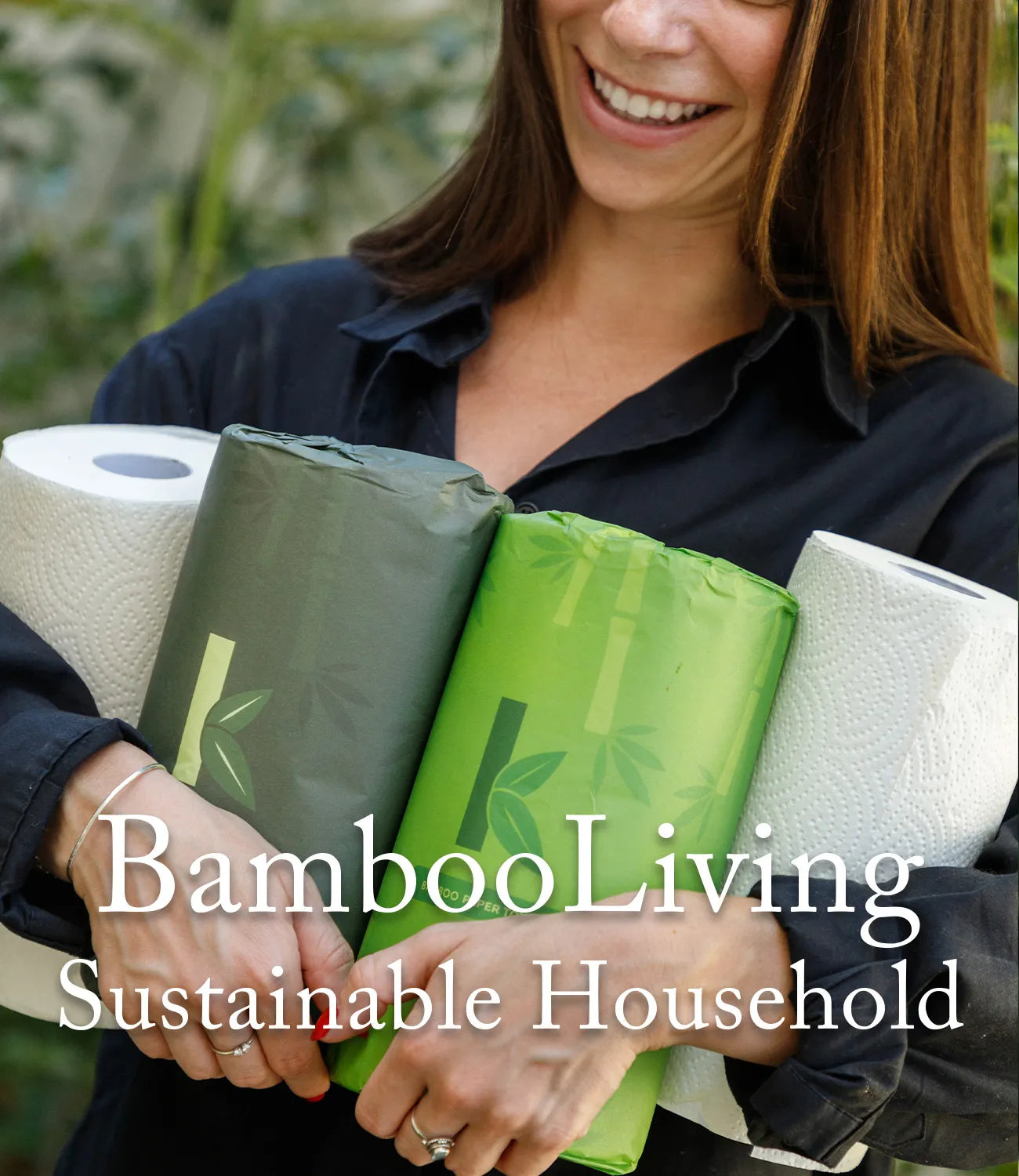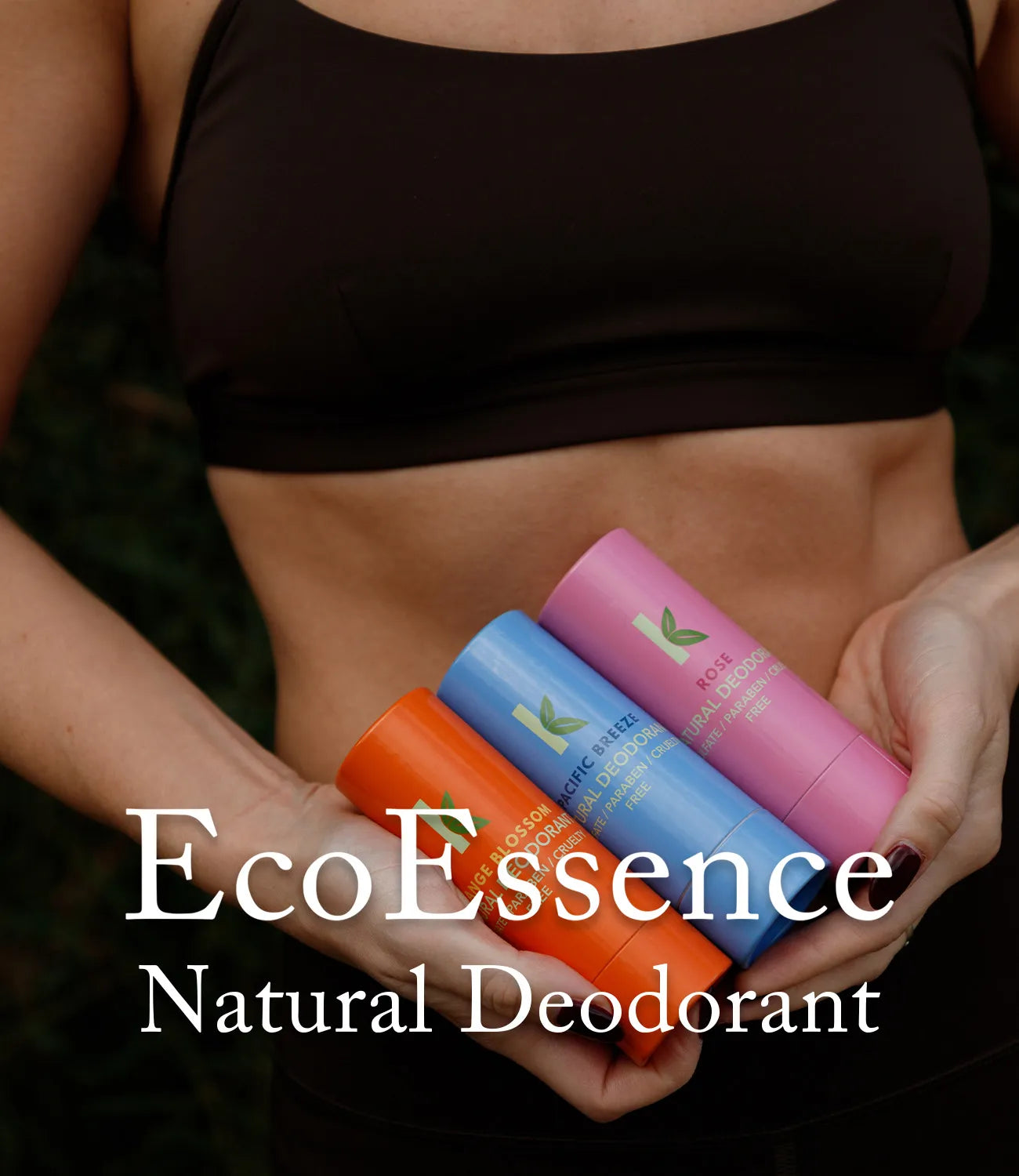How Soap Cleans the Skin
Soap is one of the simplest yet most effective tools for maintaining cleanliness and skin health. But have you ever wondered how a simple bar of soap works to remove dirt, oil, and bacteria? At its core, soap acts as a bridge between water and the grime on your skin. Its unique molecular structure allows it to break down stubborn oils and impurities, lifting them away as you rinse. This process not only leaves your skin feeling clean but also helps maintain its natural balance—especially when using a natural soap bar crafted with gentle, nourishing ingredients.
In this section, we’ll dive deeper into the fascinating science of how soap cleans the skin and explore why the ingredients in natural soap bars make all the difference.
What Is Natural Soap Made Of?
Natural soap is a testament to the age-old art of soapmaking, which relies on a simple yet effective combination of natural ingredients. Unlike commercial soaps that often incorporate a host of synthetic additives, natural soap prides itself on its clean and minimalistic composition.
At its core, natural soap is primarily made of two key components:
- Natural Oils and Fats: The heart of natural soap lies in natural oils and fats, such as olive oil, coconut oil, palm oil, and shea butter. These oils are carefully selected for their unique properties and are rich in vitamins and fatty acids that nourish and hydrate the skin. Each oil brings its own benefits to the soap, contributing to lather, moisturization, and cleansing.
- Lye (Sodium Hydroxide): Lye, a strong alkaline substance, is an essential ingredient in soapmaking. It plays a pivotal role in a chemical process known as saponification. During saponification, lye interacts with the natural oils and fats, transforming them into soap. While lye is a caustic substance in its pure form, it is entirely consumed in the chemical reaction, leaving behind a gentle and skin-friendly product.
In addition to these core ingredients, natural soap may also incorporate other elements to enhance its properties:
- Natural Fragrances: Essential oils extracted from plants are commonly used to add natural scents to the soap. Lavender, eucalyptus, citrus, and mint are just a few examples of the delightful fragrances that can be infused into natural soap.
- Natural Colorants: For those seeking aesthetically pleasing soap, natural colorants derived from sources like herbs, spices, and clays are used to create subtle, earthy hues.
- Exfoliants and Additives: Some natural soaps include natural exfoliants like oatmeal, coffee grounds, or poppy seeds, providing gentle scrubbing to help remove dead skin cells.
The beauty of natural soap lies not only in its ingredient list but also in the artisanal craftsmanship that goes into its creation. Soapmakers carefully balance these elements to create unique formulations that cater to different skin types and preferences.
By embracing the simplicity of natural ingredients and sidestepping the harsh chemicals found in many commercial soaps, natural soap offers a cleaner, gentler, and more sustainable path to skincare. It's a choice that not only nurtures your skin but also respects the environment, making it a win-win for both you and the planet.
Why Choose Natural Soap Bars?
With so many options available, you may wonder why natural soap bars stand out. The answer lies in their remarkable combination of skin-friendly ingredients and eco-conscious benefits. Let’s explore why choosing a natural soap bar is better for both you and the planet.
Eco-Friendly Benefits
Natural soap bars are a sustainable choice that aligns with a greener lifestyle.
- Biodegradability: Unlike commercial soaps laden with synthetic ingredients, natural soaps break down easily in the environment without leaving harmful residues. This helps reduce water pollution and supports a healthier ecosystem.
- Plastic-Free Packaging: Most natural soap bars are packaged in recyclable or compostable materials, eliminating the need for plastic bottles and significantly reducing waste.
- Lack of Harmful Chemicals: Free from sulfates, parabens, and artificial fragrances, natural soaps are not only safer for your skin but also less damaging to aquatic life when washed away.
By switching to natural soap bars, you can reduce your environmental footprint while supporting ethical, sustainable production practices.
Skin Benefits
Natural soap bars are a gentle, nourishing alternative to commercial soaps, especially for sensitive or problem-prone skin.
- Reduced Irritation: The absence of harsh detergents and synthetic additives means fewer chances of skin irritation, making natural soaps ideal for those with eczema, allergies, or sensitive skin.
- Nourishing Ingredients: Natural oils, butters, and botanical extracts enrich these soaps with vitamins, antioxidants, and hydrating properties, leaving your skin soft and moisturized after every use.
- No Synthetic Fragrances: Many natural soaps use essential oils for their scents, offering aromatherapeutic benefits without exposing your skin to potentially irritating artificial fragrances.
When you choose a natural soap bar, you’re prioritizing not just personal wellness but also the health of the planet. These bars combine effective cleansing with a commitment to sustainability, making them a small change with a big impact.
How Soap Bars Differ from Liquid Soaps
When it comes to choosing between soap bars and liquid soaps, the differences go beyond just their form. Soap bars, especially natural ones, offer distinct advantages in sustainability and skin benefits, making them a superior choice for eco-conscious consumers.
Sustainability
Soap bars are inherently more sustainable than their liquid counterparts, both in production and packaging.
- Less Water in Production: Liquid soaps require a significant amount of water during manufacturing, both to create the product and to maintain its liquid consistency. Soap bars, on the other hand, are crafted with minimal water, reducing the strain on this precious resource.
- Plastic-Free Packaging: Liquid soaps are typically sold in plastic bottles, contributing to the growing plastic waste crisis. Soap bars are often wrapped in recyclable paper or come completely package-free, significantly reducing environmental impact.
Switching to soap bars helps you minimize waste and make a positive contribution to reducing single-use plastic pollution.
Fewer Preservatives
One of the key differences lies in the need for preservatives:
- Liquid Soaps: The water content in liquid soaps makes them more prone to bacterial growth, requiring added preservatives to ensure shelf stability. Unfortunately, these preservatives can sometimes irritate the skin or disrupt the natural balance of beneficial bacteria.
- Soap Bars: Solid soap bars contain little to no water, eliminating the need for synthetic preservatives. This makes them a more natural and skin-friendly option, especially for those with sensitivities.
By choosing soap bars over liquid soaps, you’re not only supporting a sustainable and eco-friendly lifestyle but also embracing a product that’s simpler, cleaner, and better for your skin. Whether you’re looking to reduce waste or minimize exposure to unnecessary additives, natural soap bars are the perfect choice for a healthier you and a healthier planet.
Proper Use and Care of Soap Bars
Taking good care of your soap bar not only ensures it lasts longer but also keeps it clean and effective for everyday use. By following a few simple tips, you can make the most of your natural soap bars while maintaining their quality.
Keep It Dry Between Uses
The biggest enemy of a soap bar’s longevity is constant exposure to water. When left sitting in a pool of water, soap can become soft and dissolve faster than necessary. To prevent this:
- Place the soap in a well-ventilated area where it can dry out completely between uses.
- Avoid storing the soap bar in direct streams of water, such as under a running shower.
Use a Soap Dish with Drainage
A high-quality soap dish is a must-have accessory for anyone using soap bars.
- Why It’s Important: Soap dishes with drainage holes or slats allow excess water to drain away, preventing the bar from becoming mushy.
- Material Options: Look for soap dishes made of wood, bamboo, ceramic, or recycled materials to align with your eco-friendly values.
Cut Large Bars into Smaller Pieces
If you’re using a large soap bar, consider cutting it into smaller pieces. This makes it easier to handle and ensures that only the piece in use is exposed to water, while the rest stays dry and intact.
Use a Soap Saver Bag
Soap savers or mesh soap bags are great tools for maximizing your bar’s life. They keep small leftover pieces of soap from going to waste while also doubling as gentle exfoliating tools for your skin.
Store Unused Soap Properly
For soap bars you’re not currently using, store them in a cool, dry place away from direct sunlight. This helps preserve their fragrance and quality.
With these simple care practices, your natural soap bars can last longer, saving you money and reducing waste. Proper care not only enhances your experience but also ensures that you’re getting the most out of your sustainable, eco-friendly investment.
Experience the Natural Soap Difference
Now that you know the science, benefits, and care tips for natural soap bars, why not experience them firsthand? Our natural soap bars are crafted with care, using the finest ingredients to nourish your skin and leave it feeling refreshed. Plus, their eco-friendly packaging aligns with a sustainable lifestyle. Make the switch today and discover the difference a natural soap bar can make in your skincare routine—and in your contribution to a cleaner, greener world.
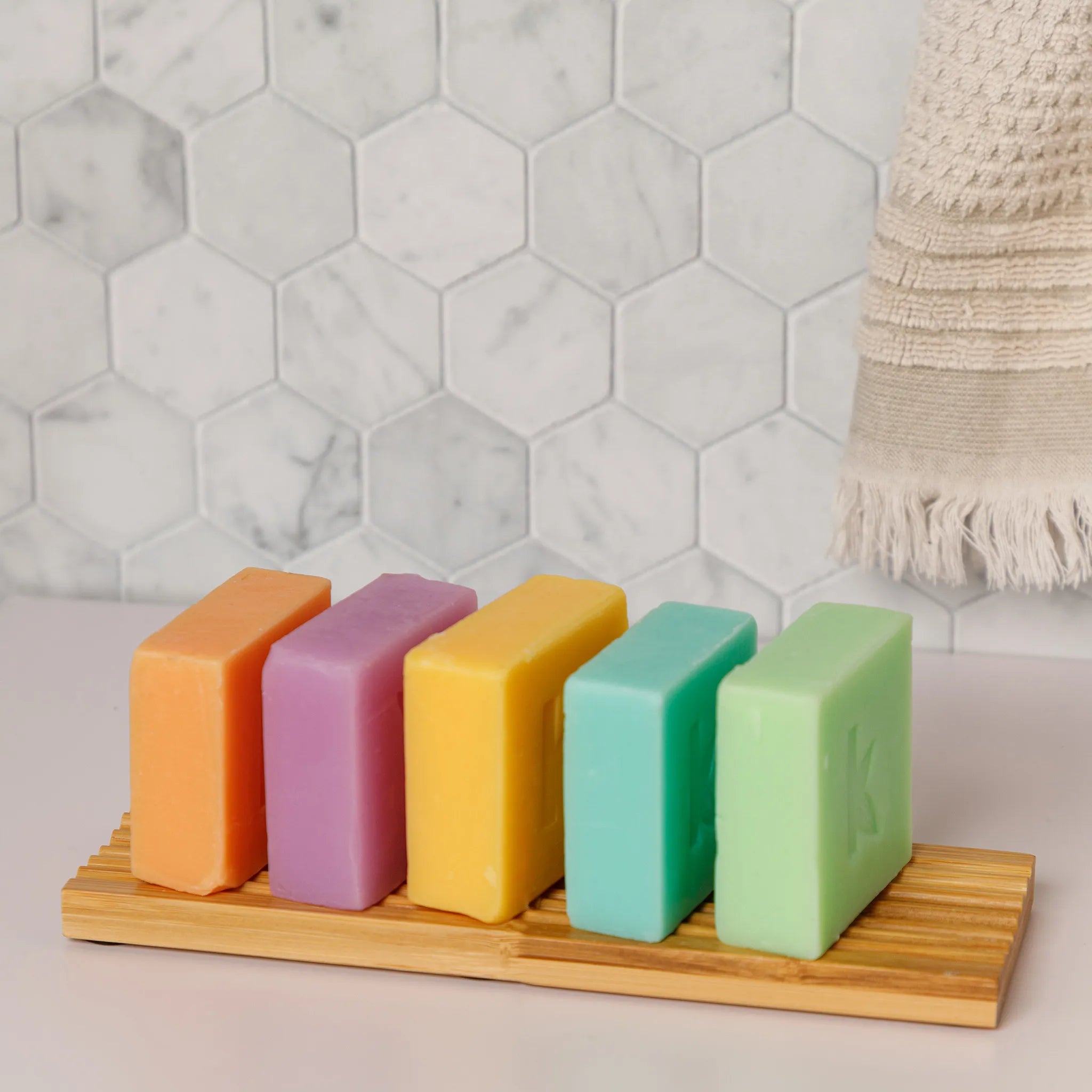
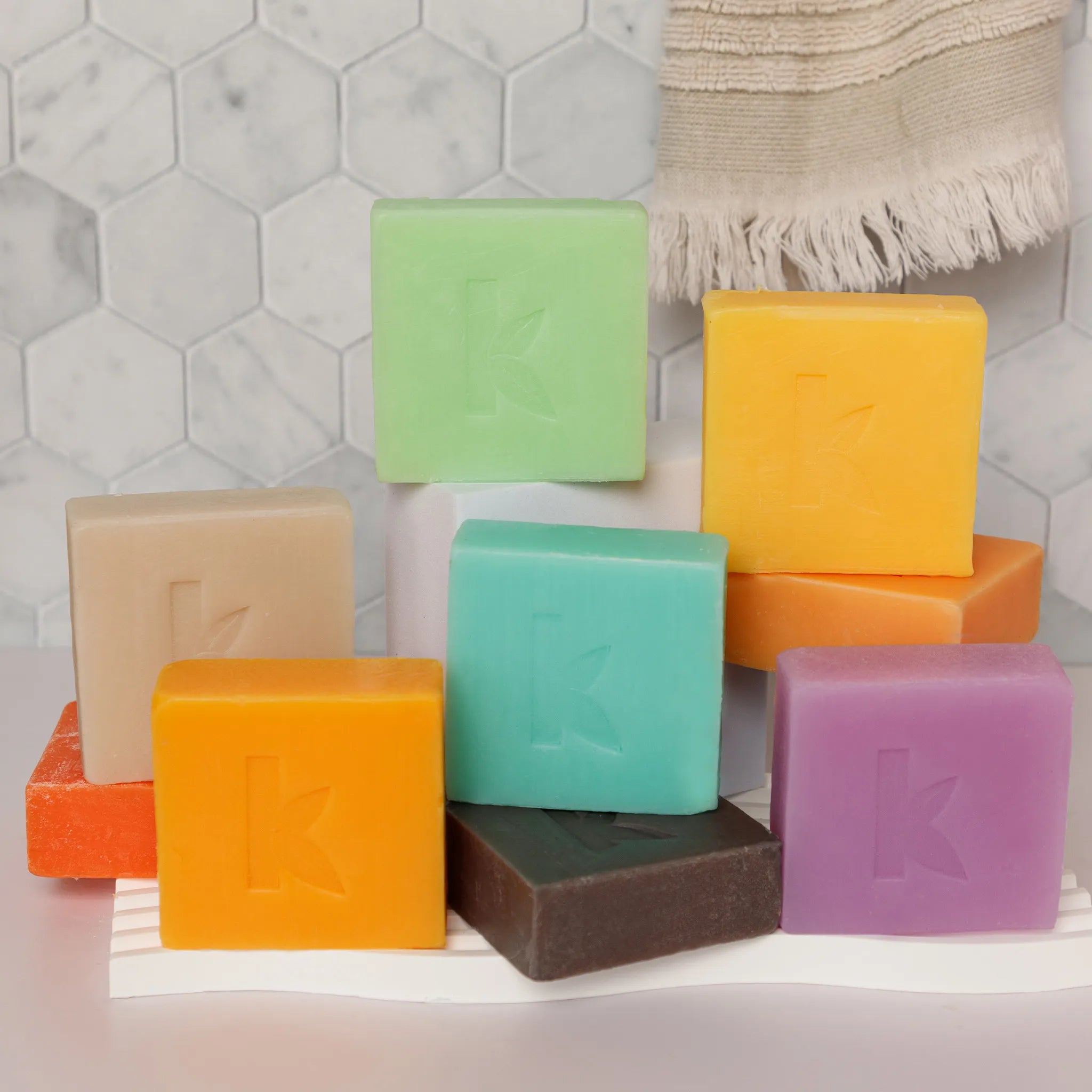
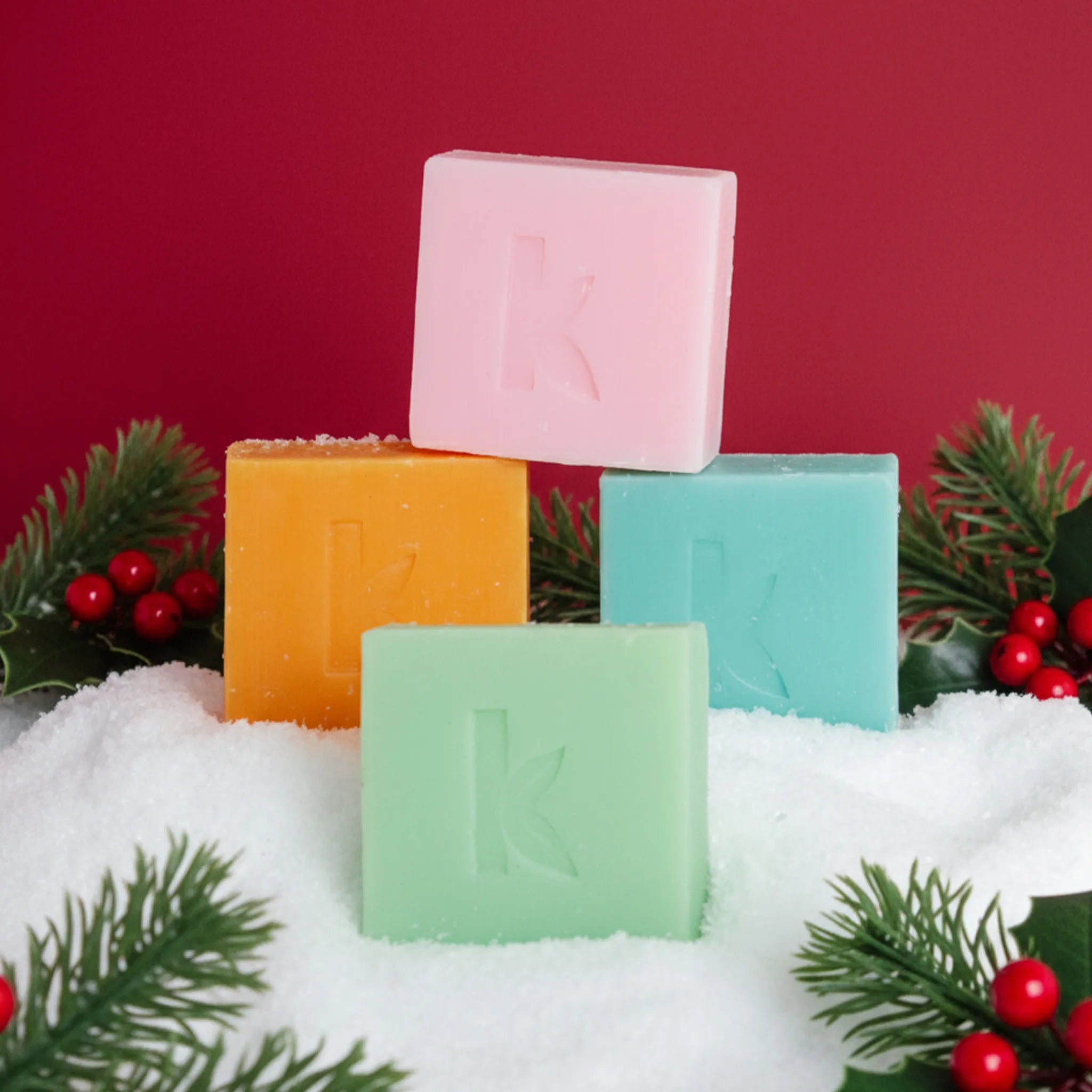

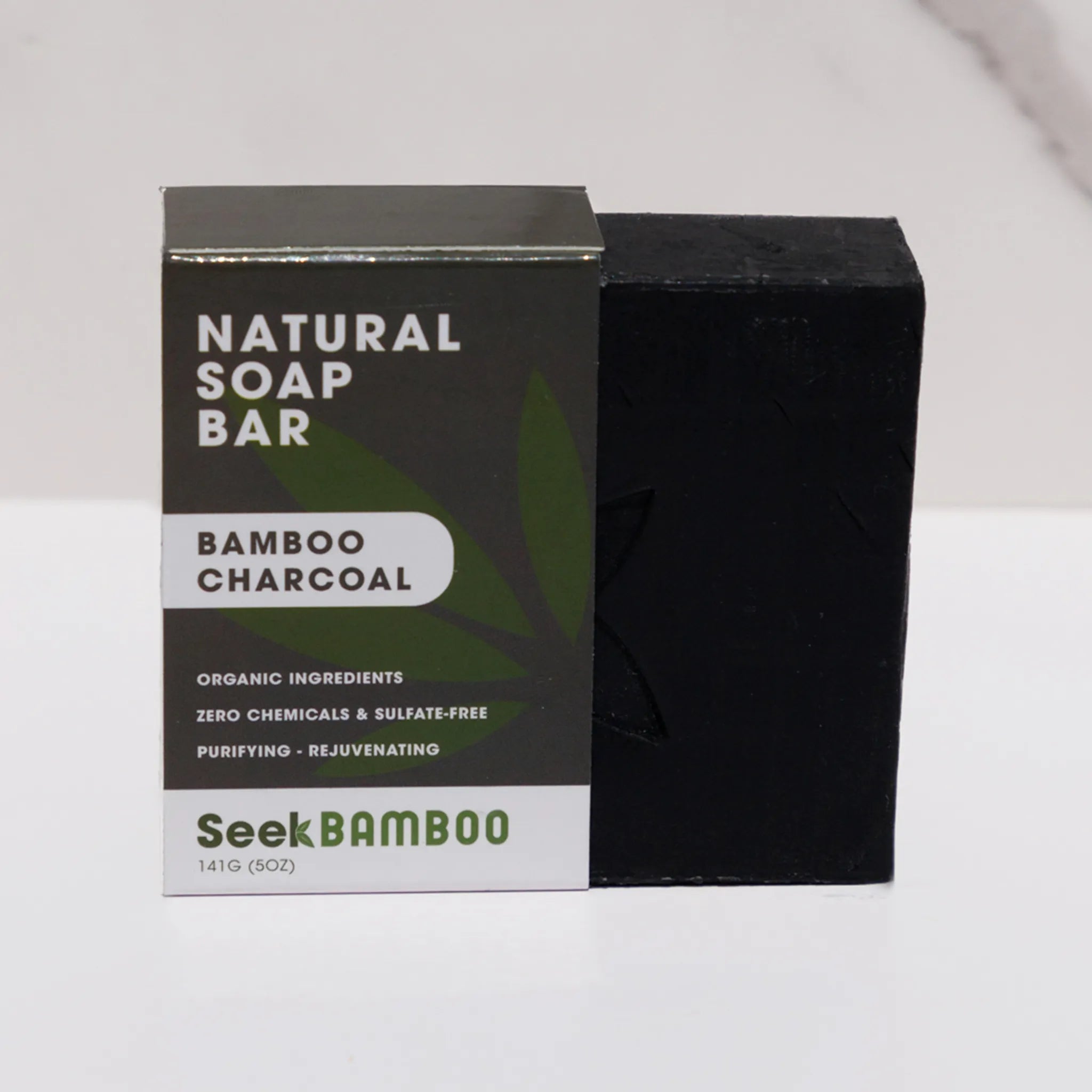
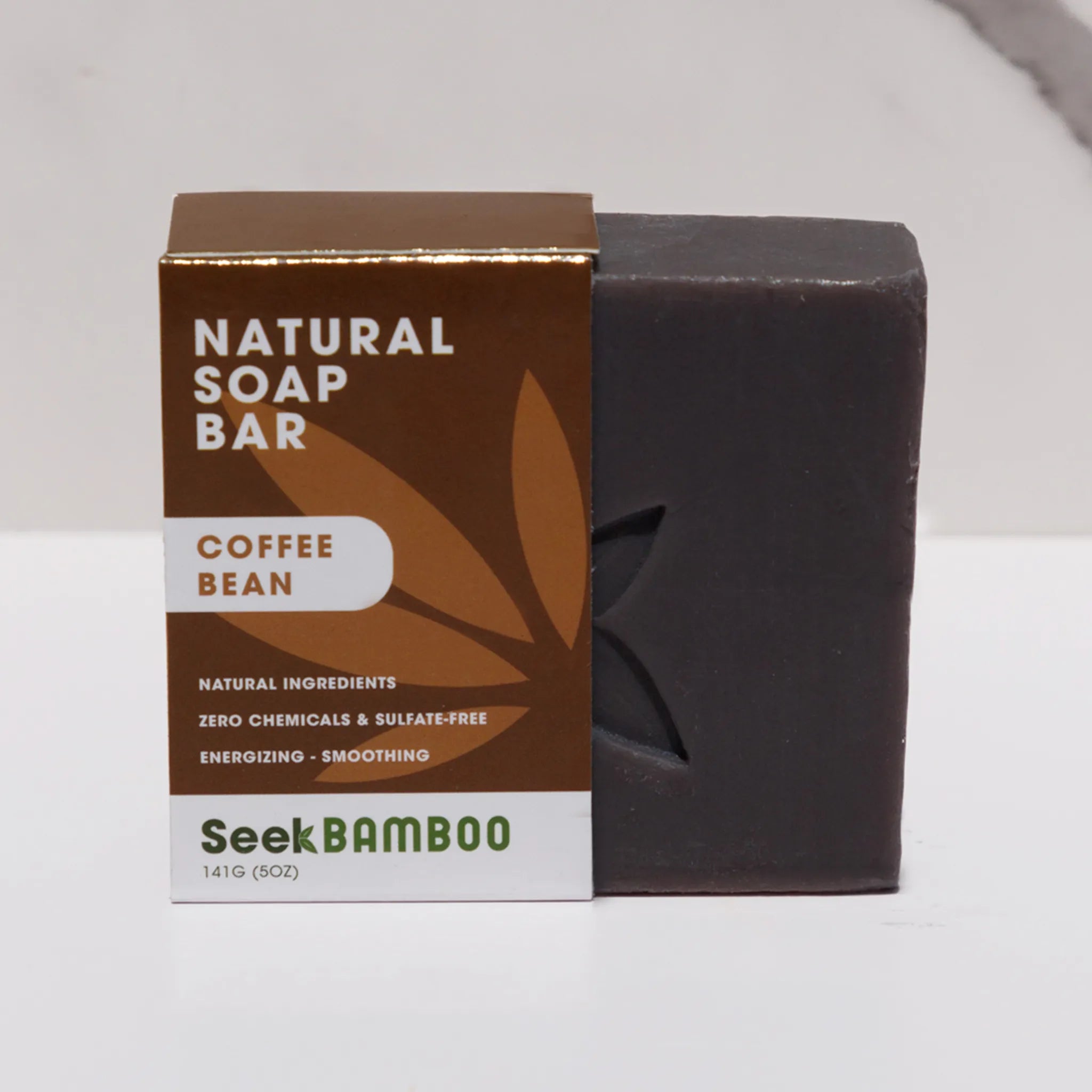
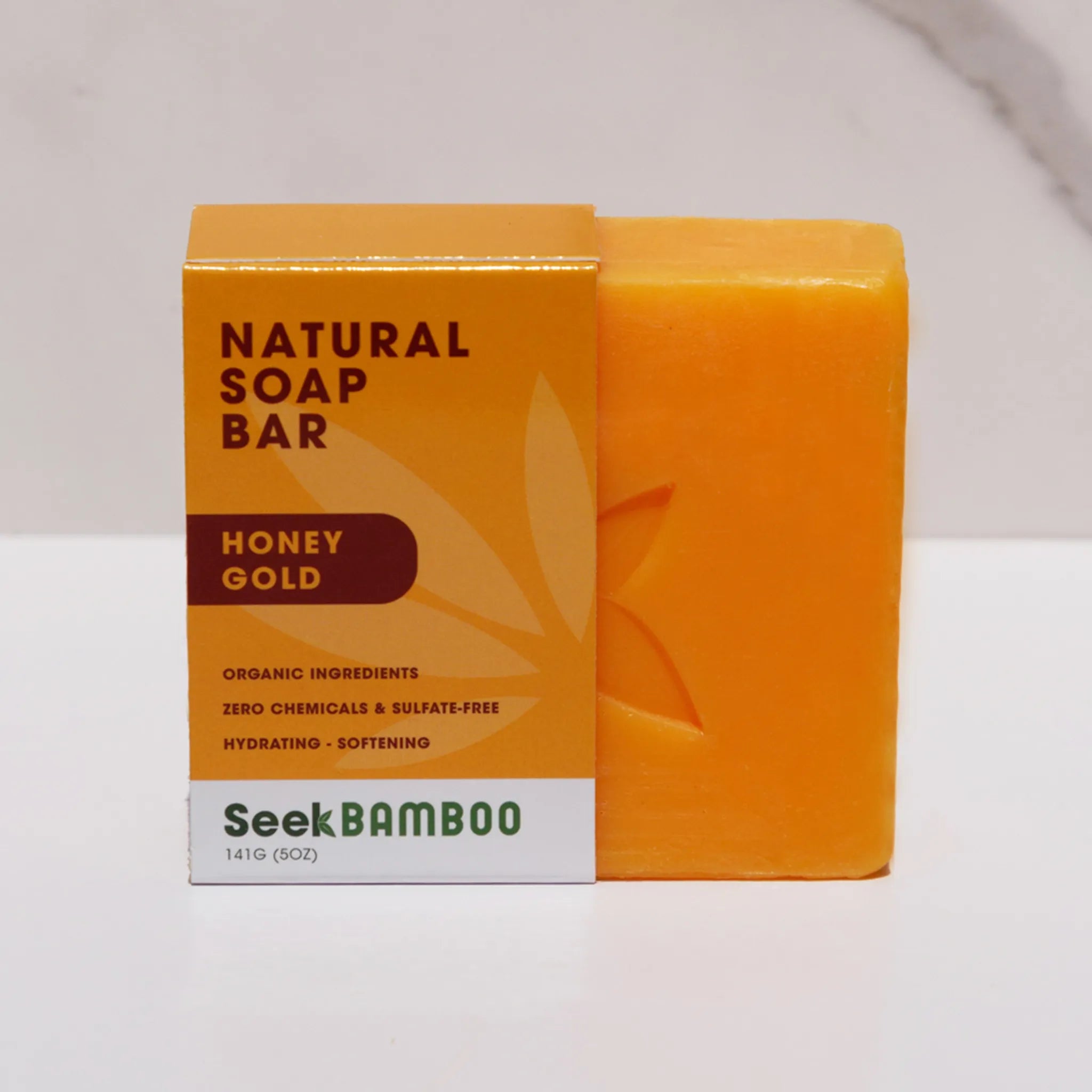
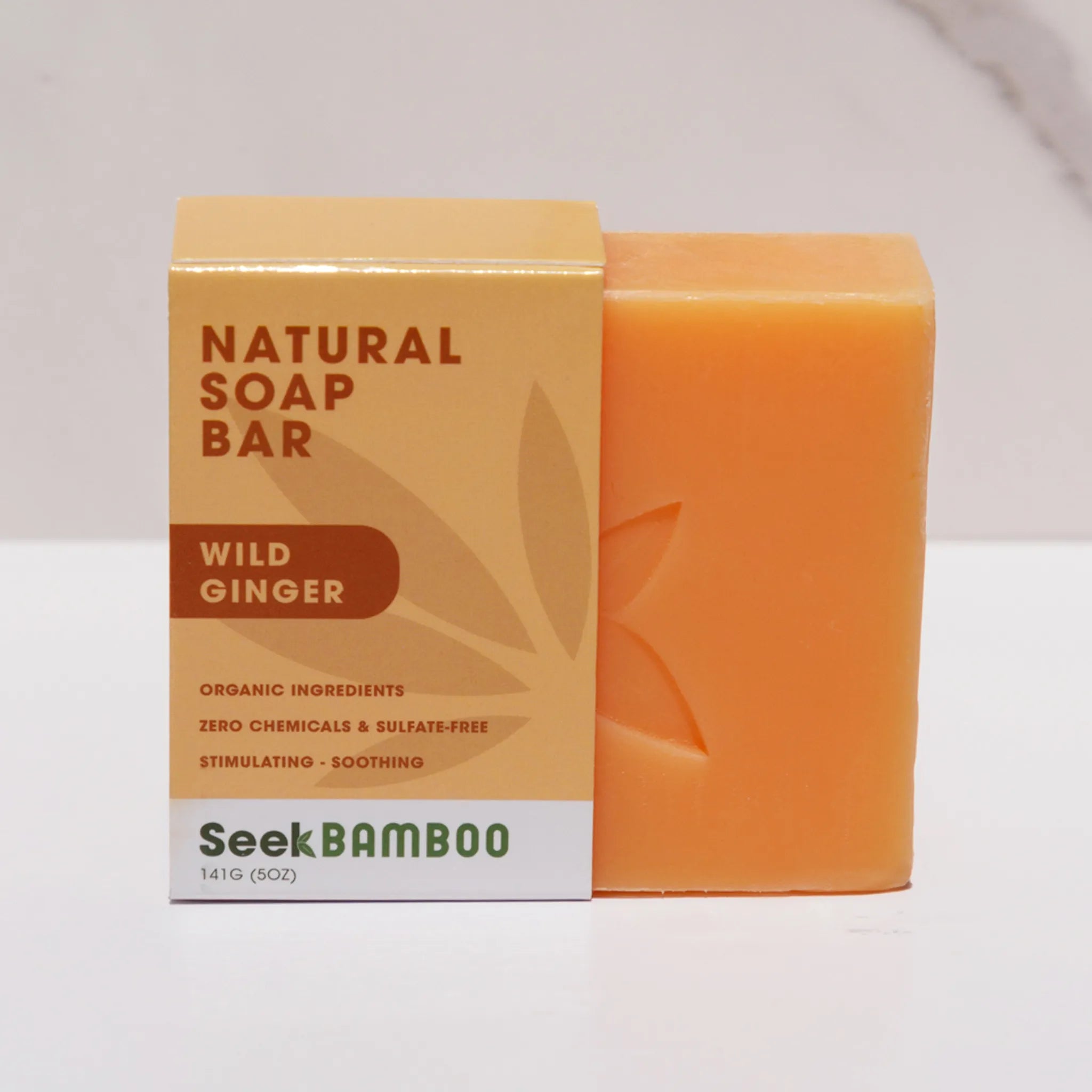
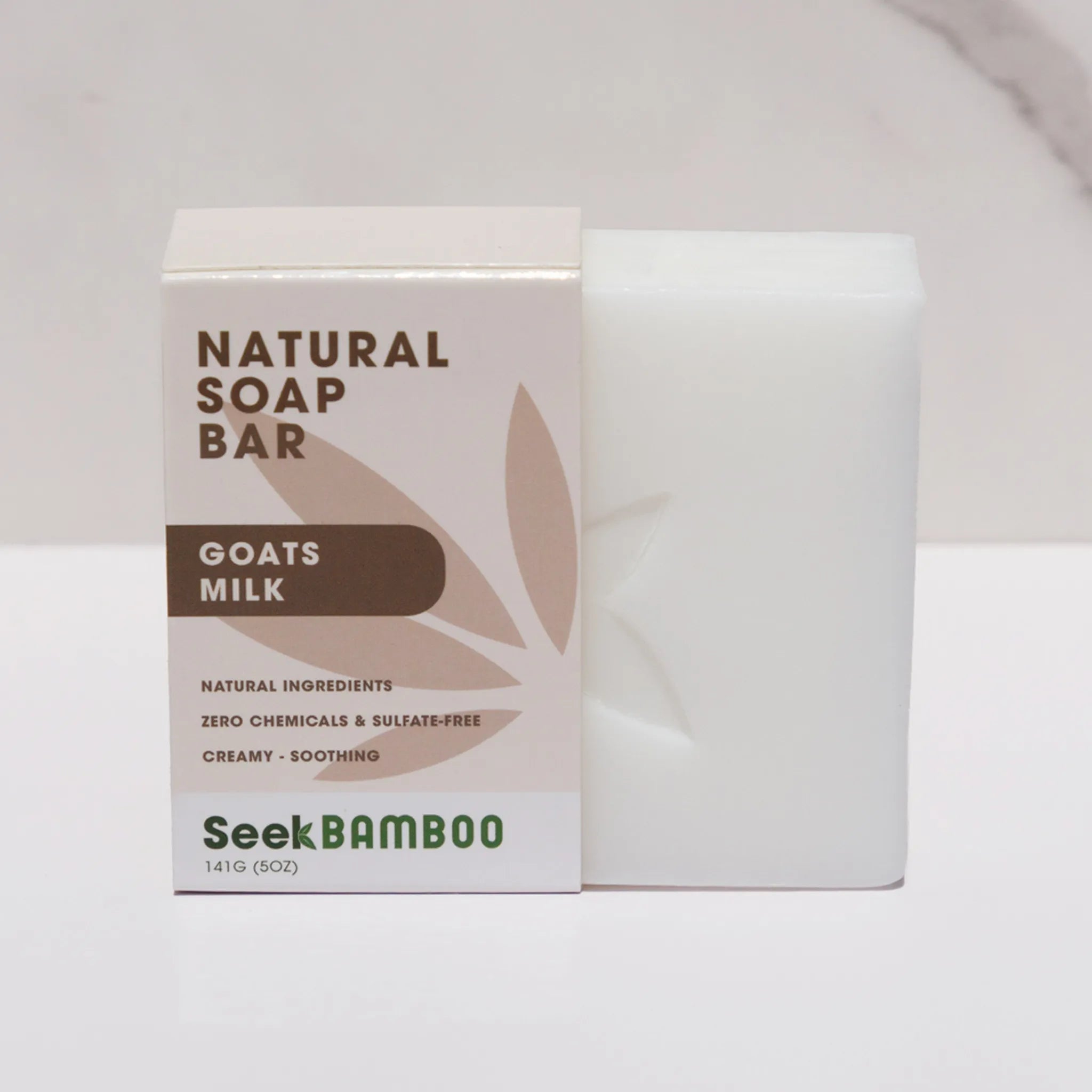
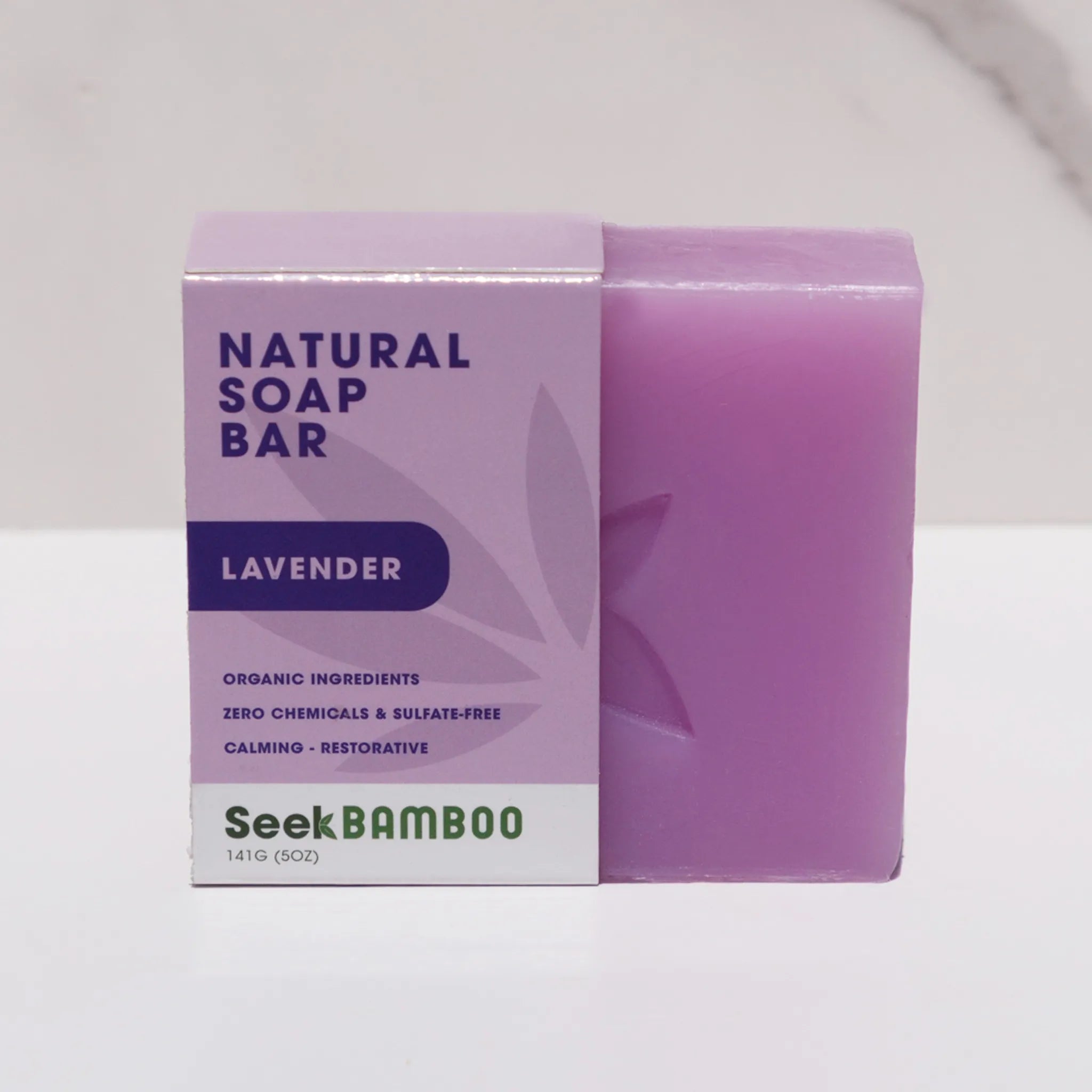
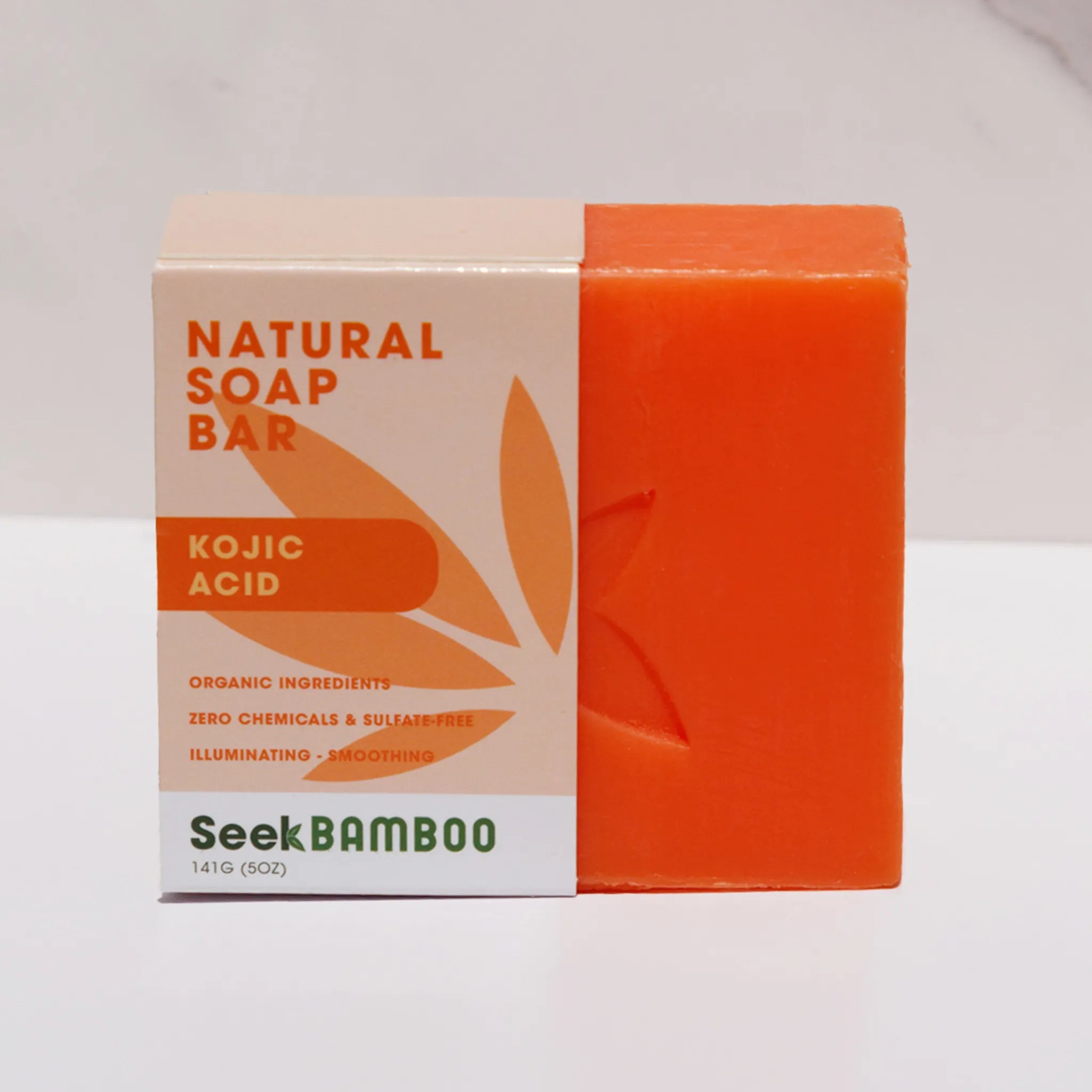
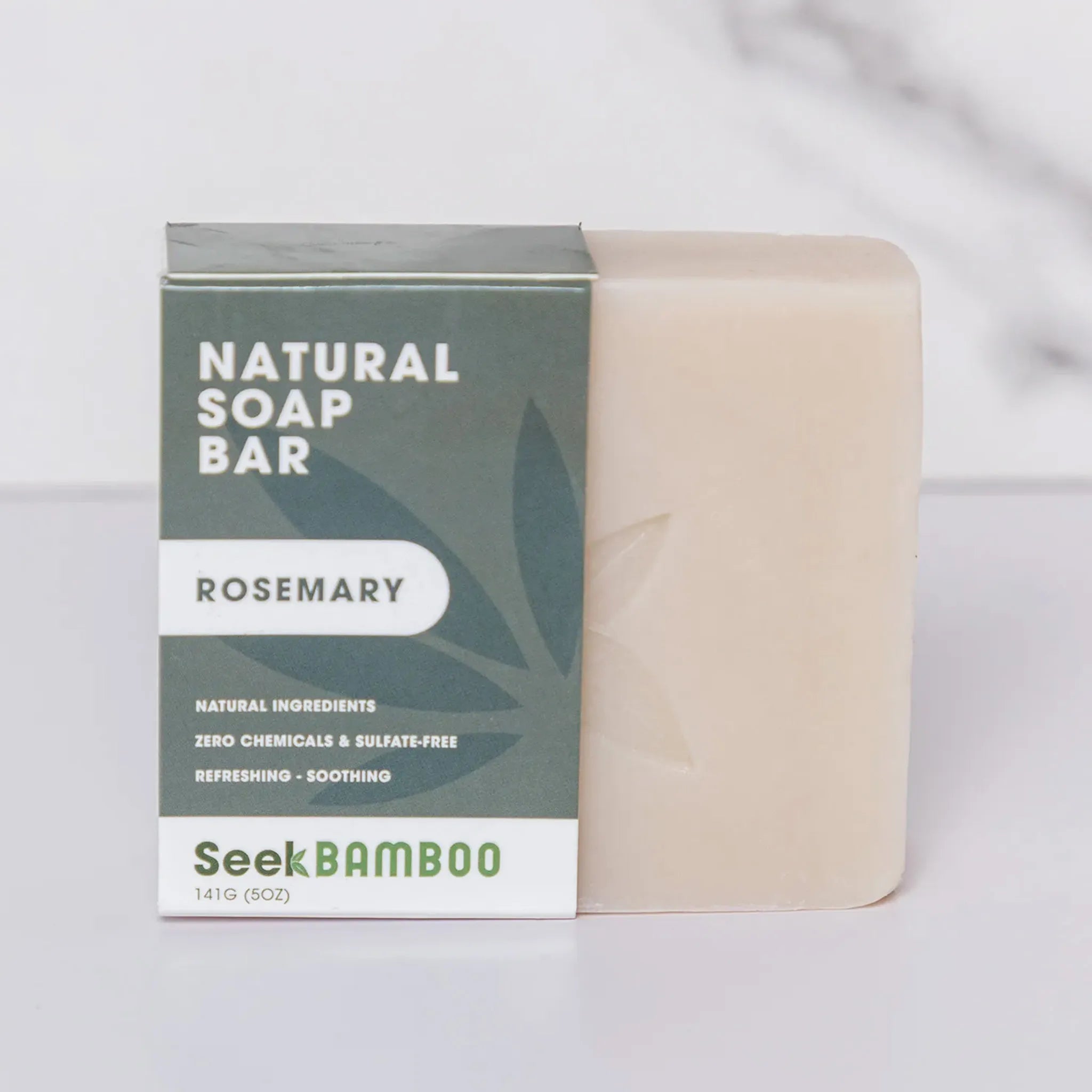
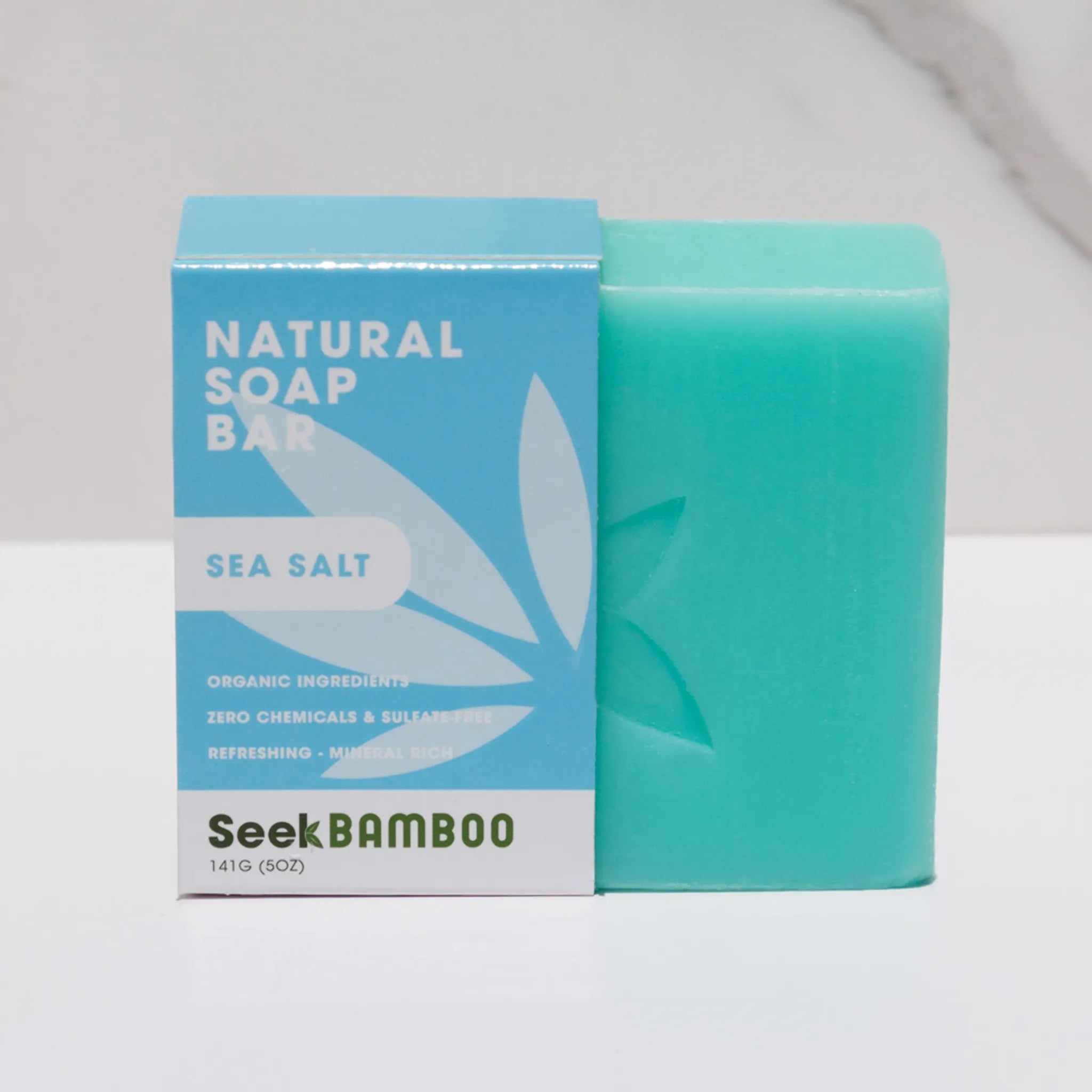
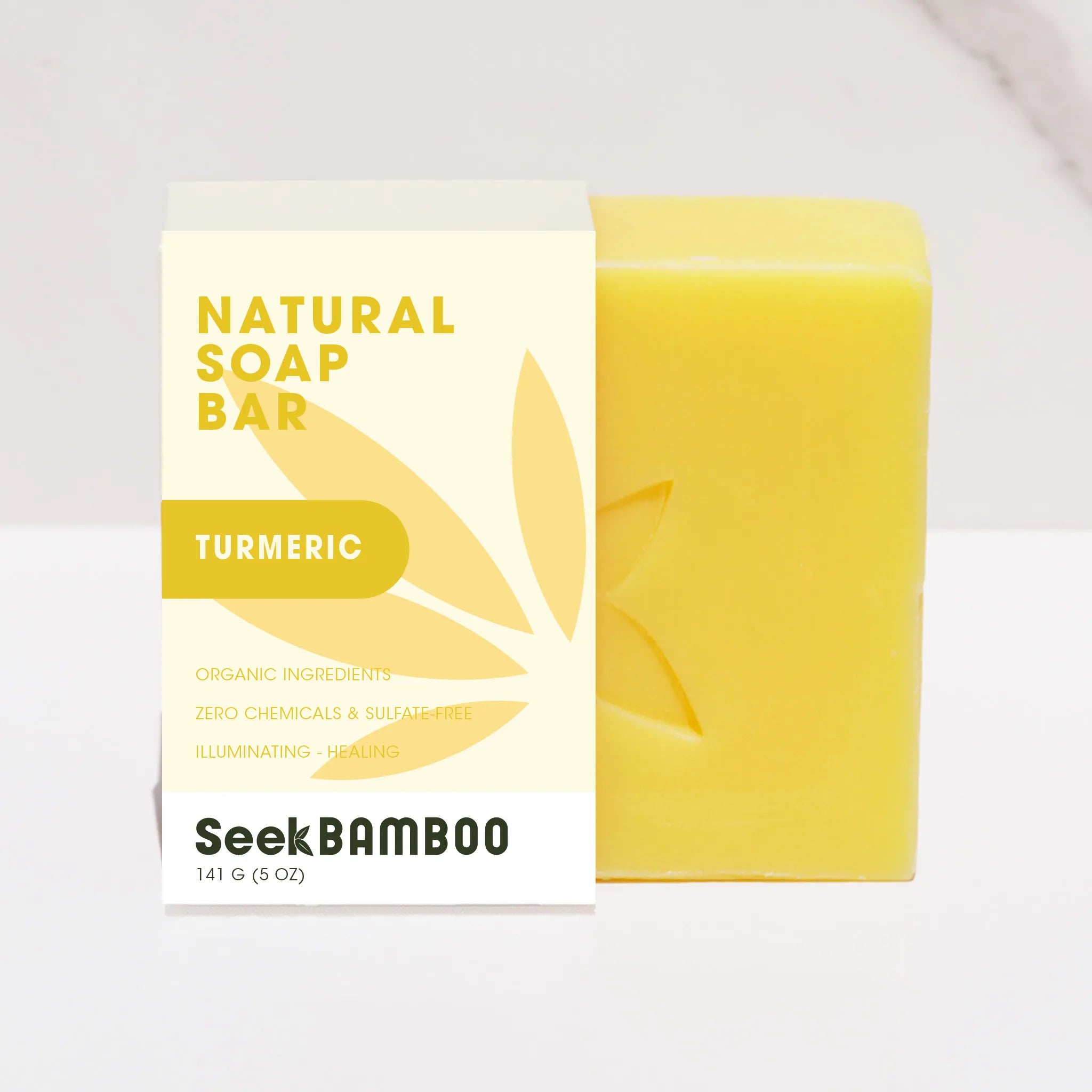
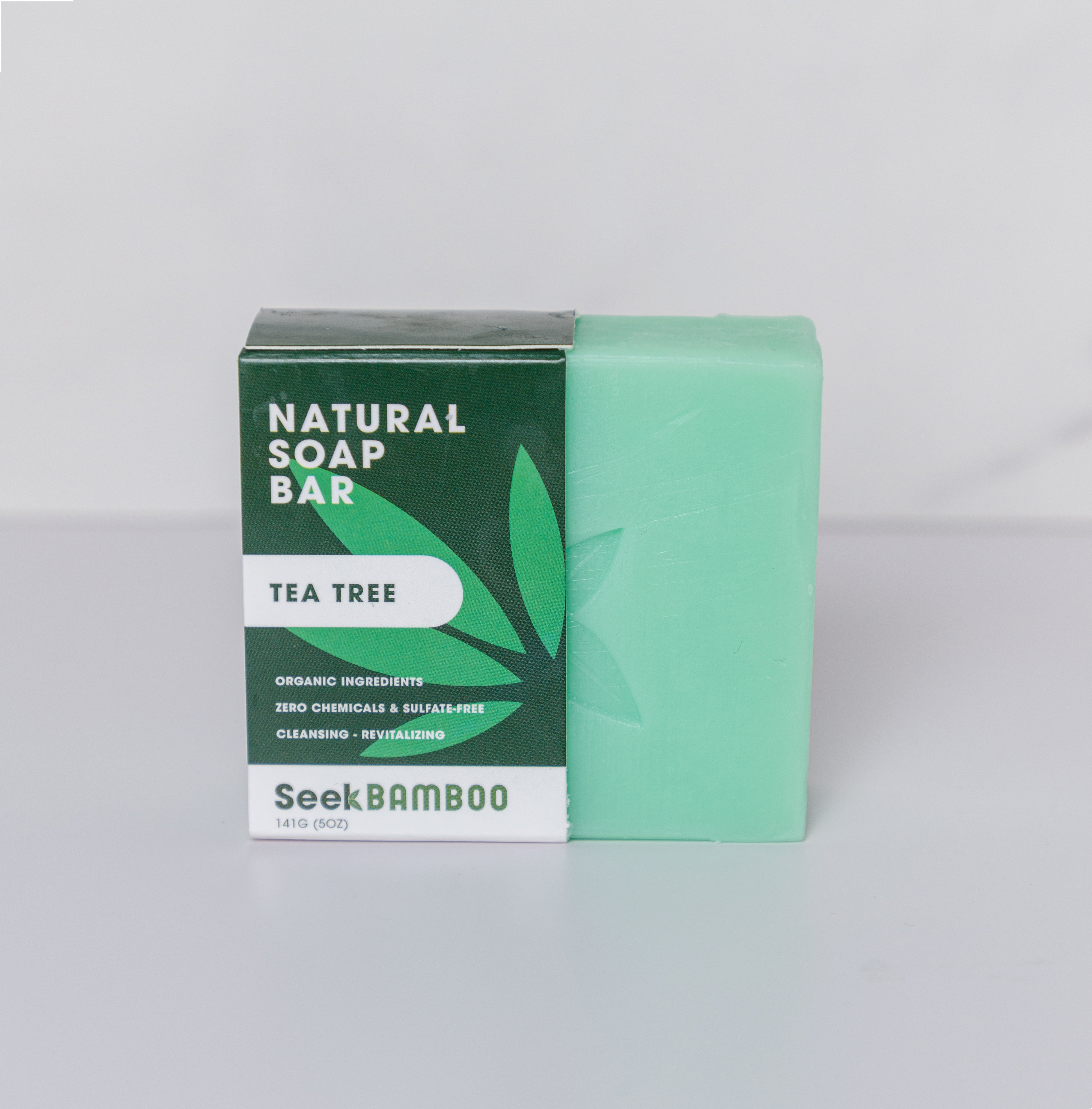
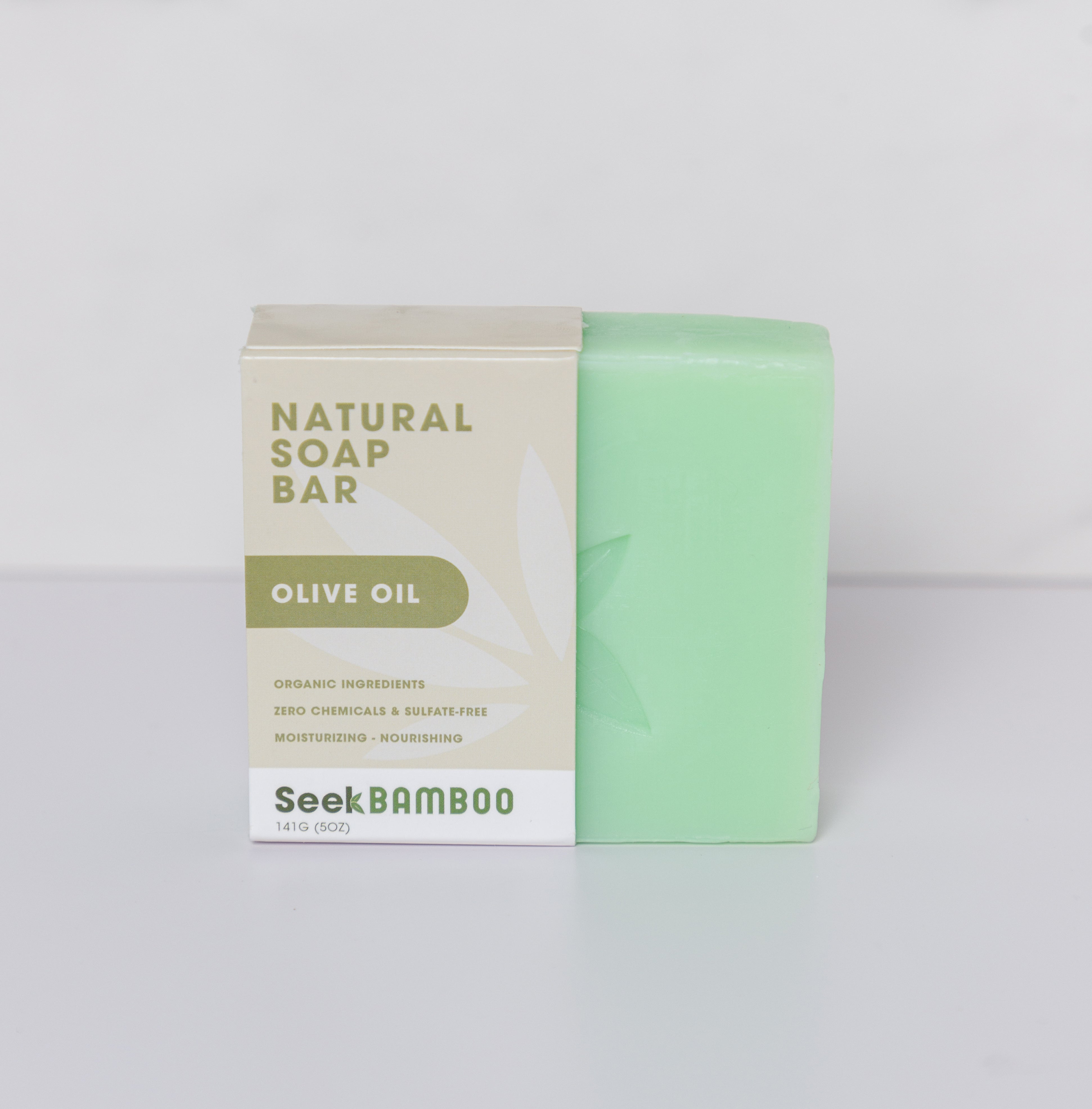
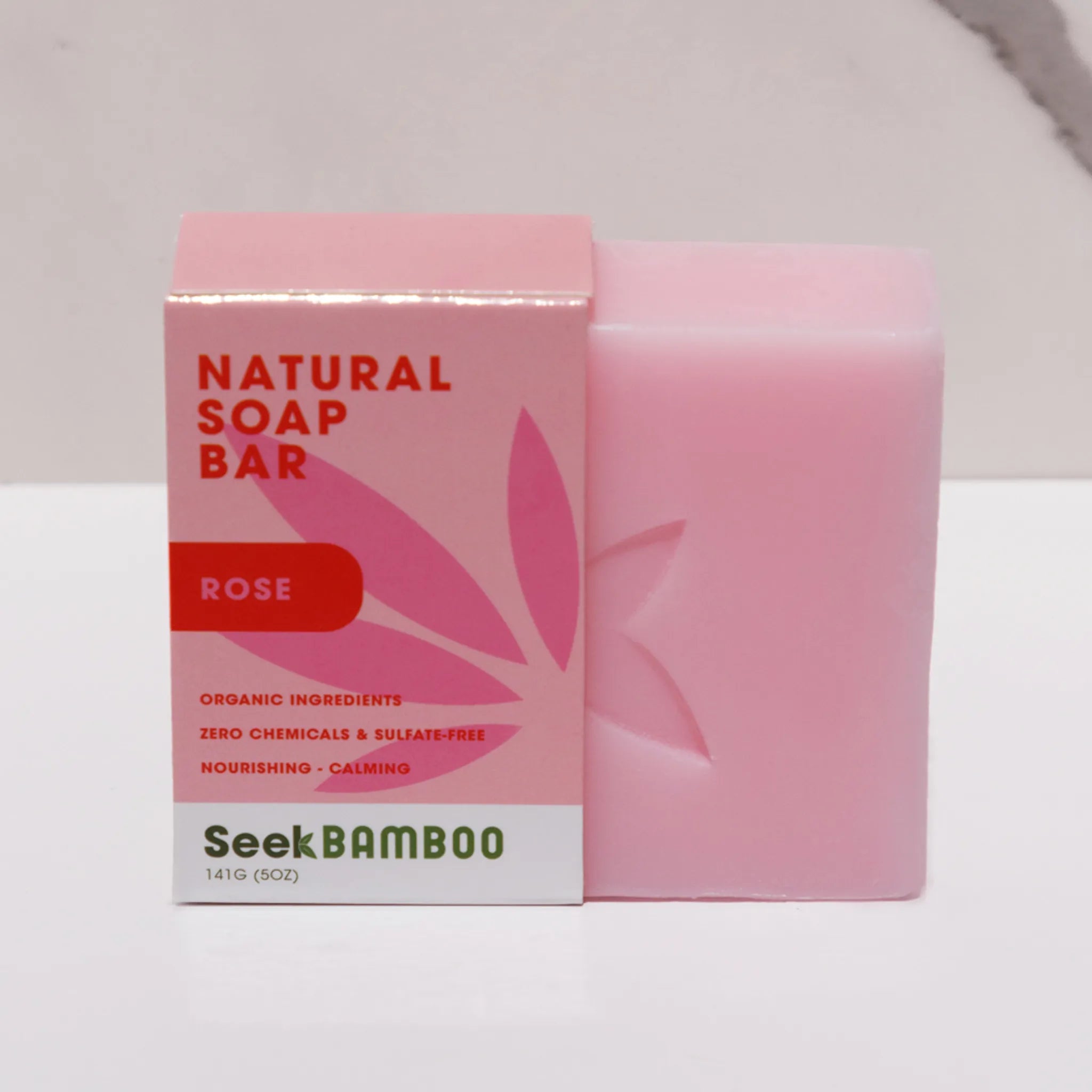

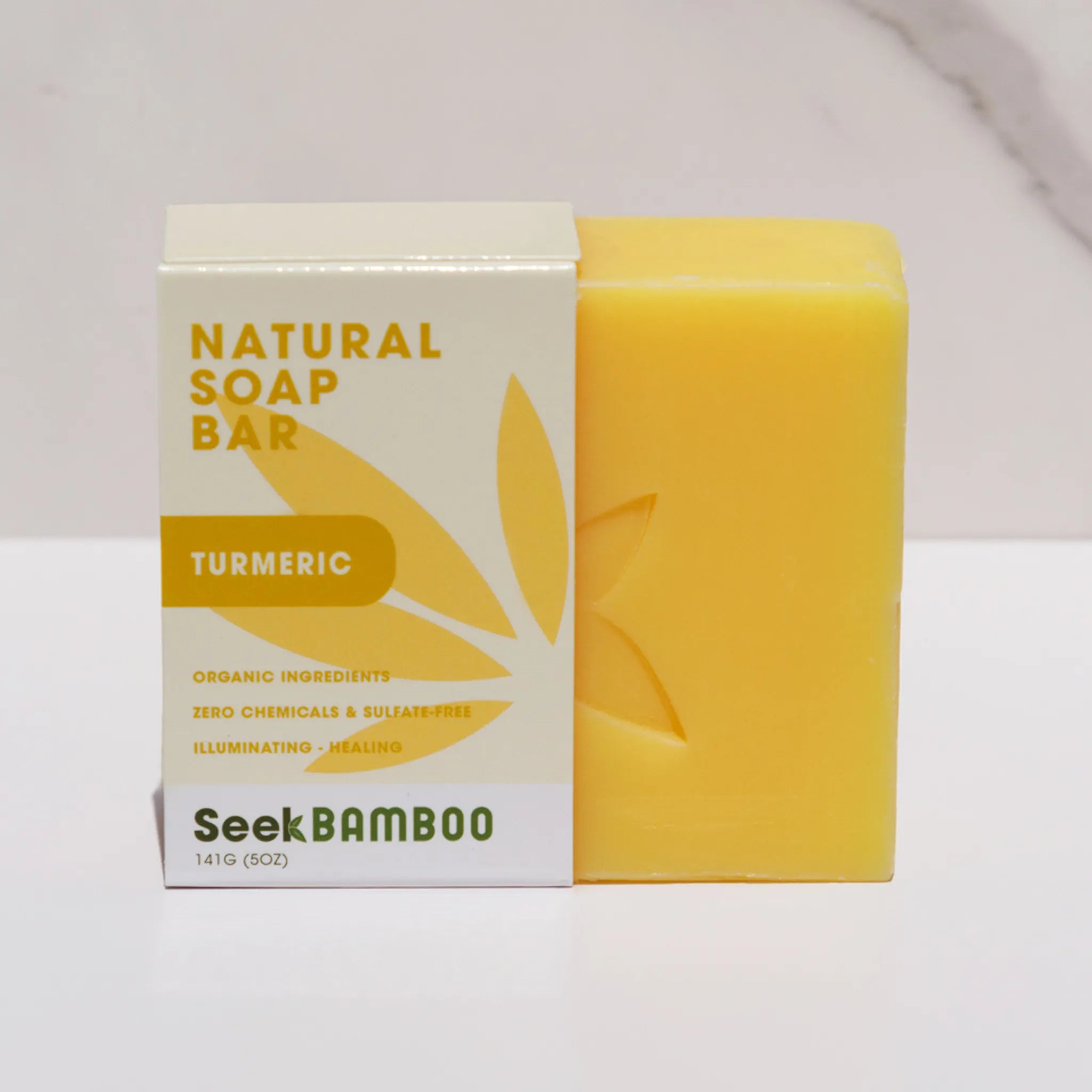






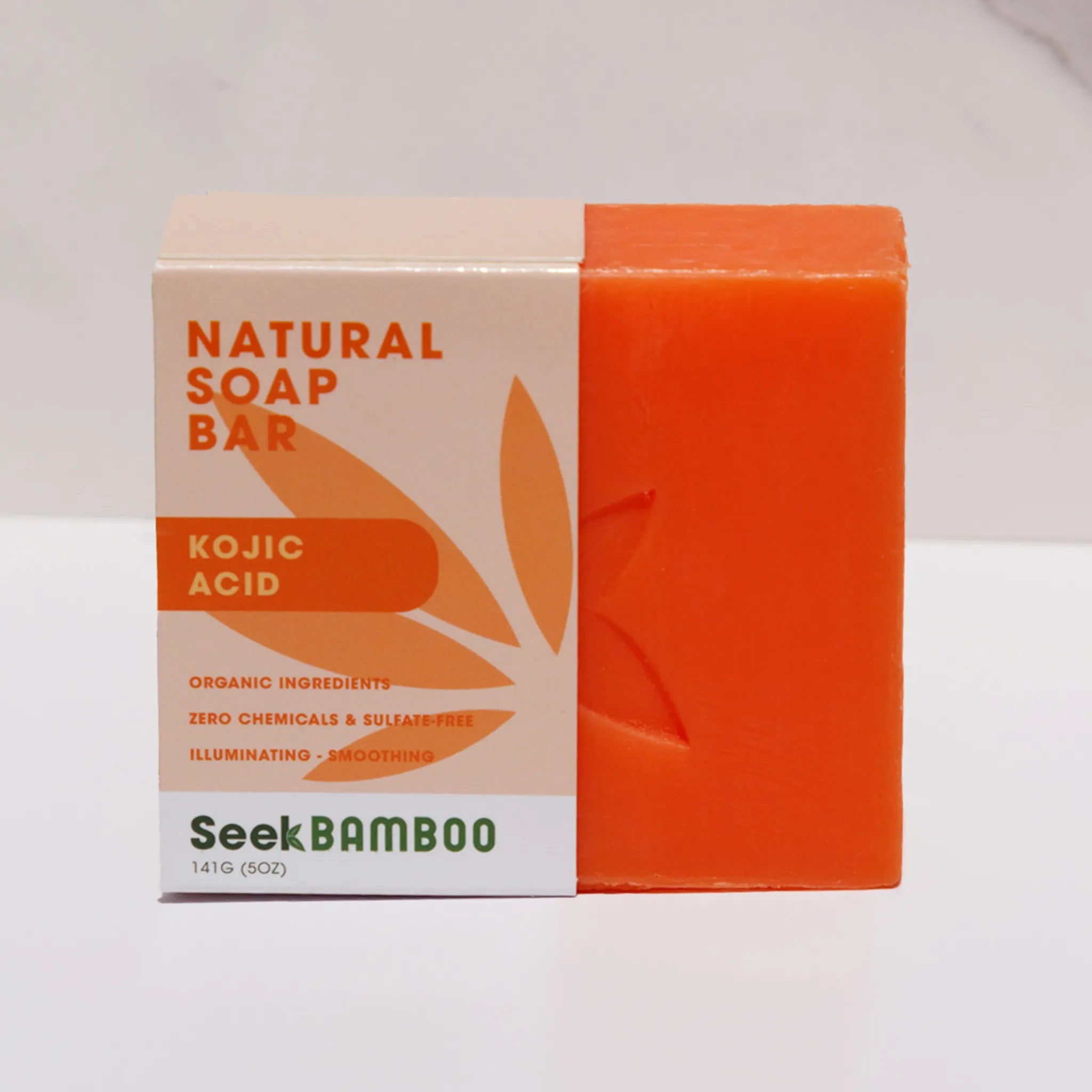

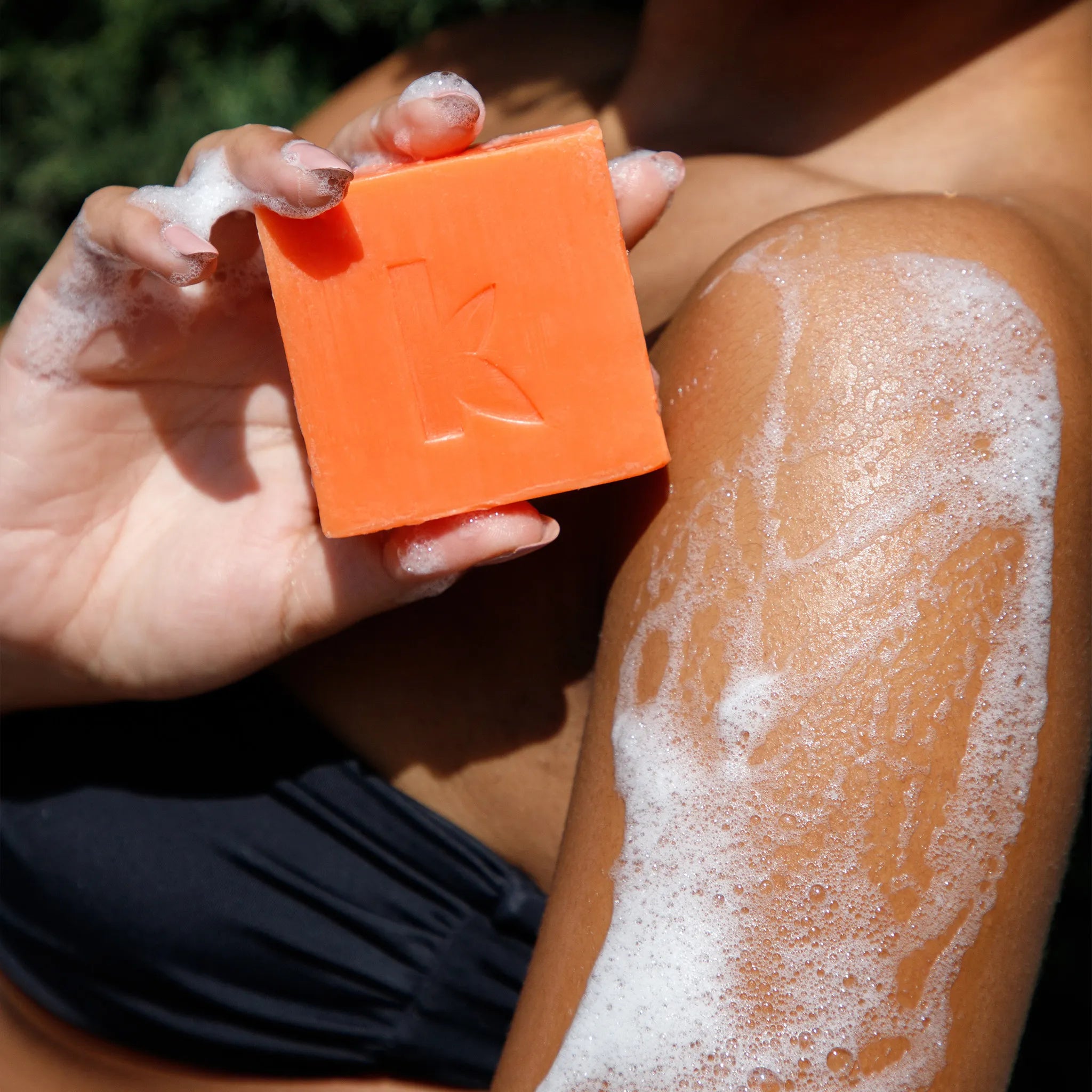
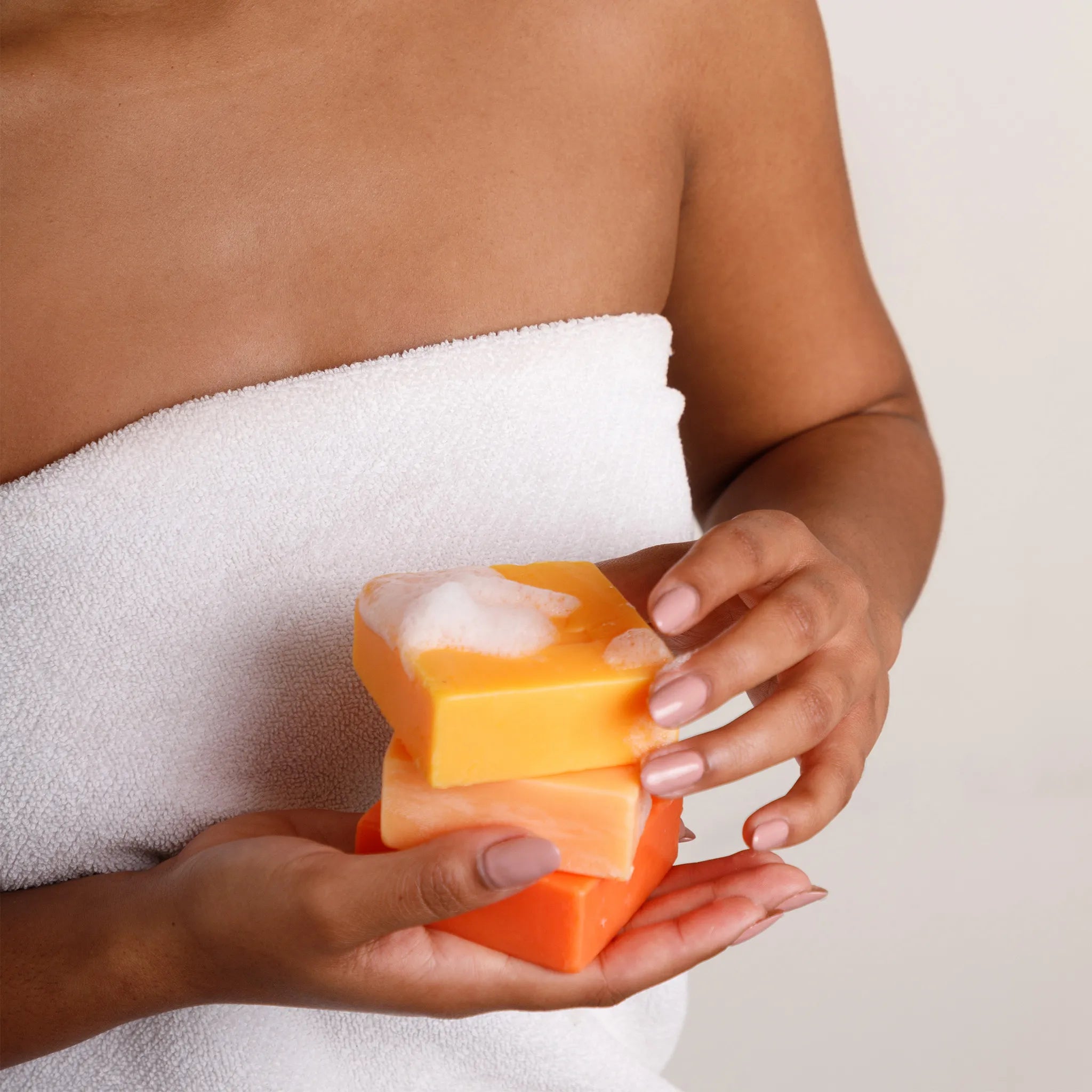

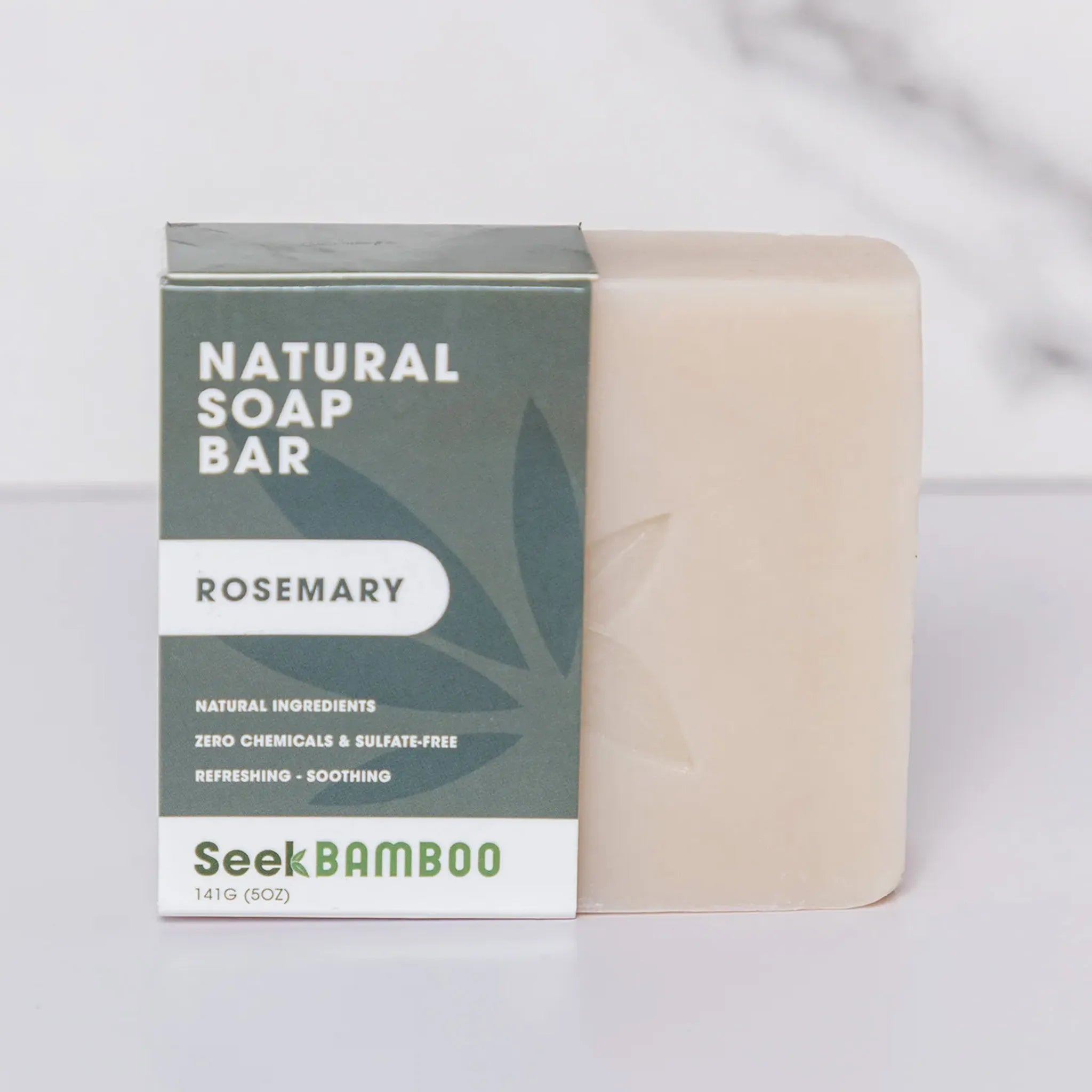

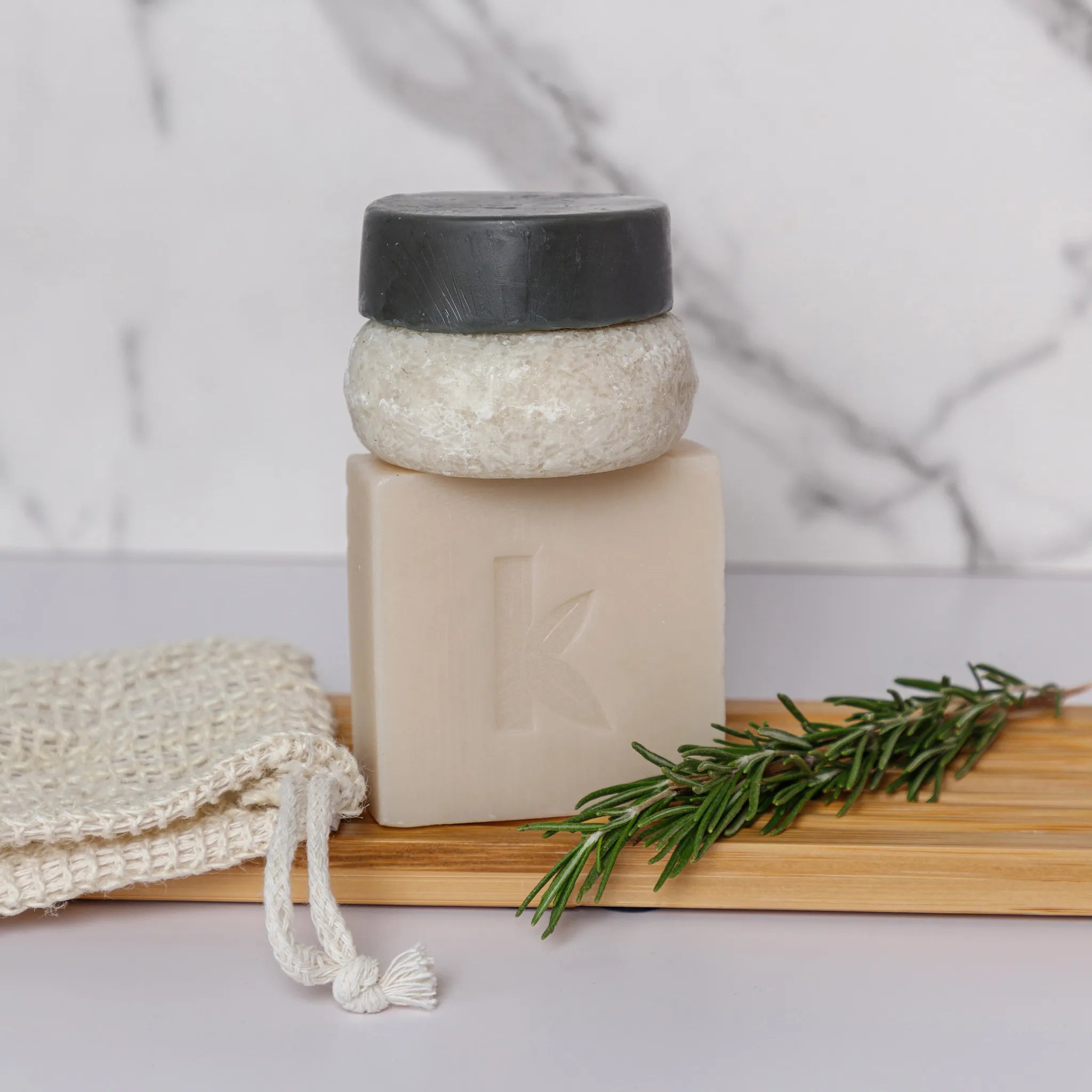
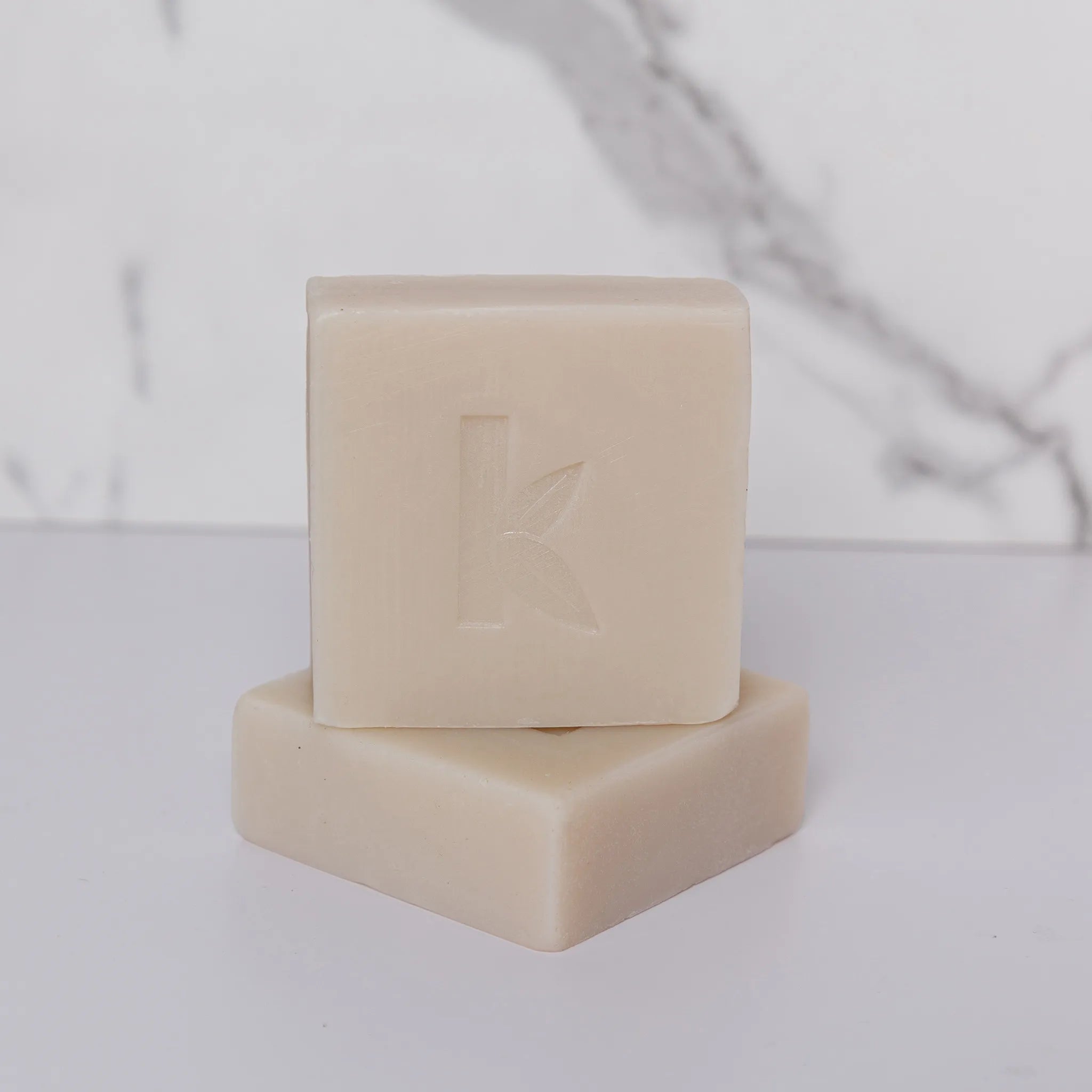

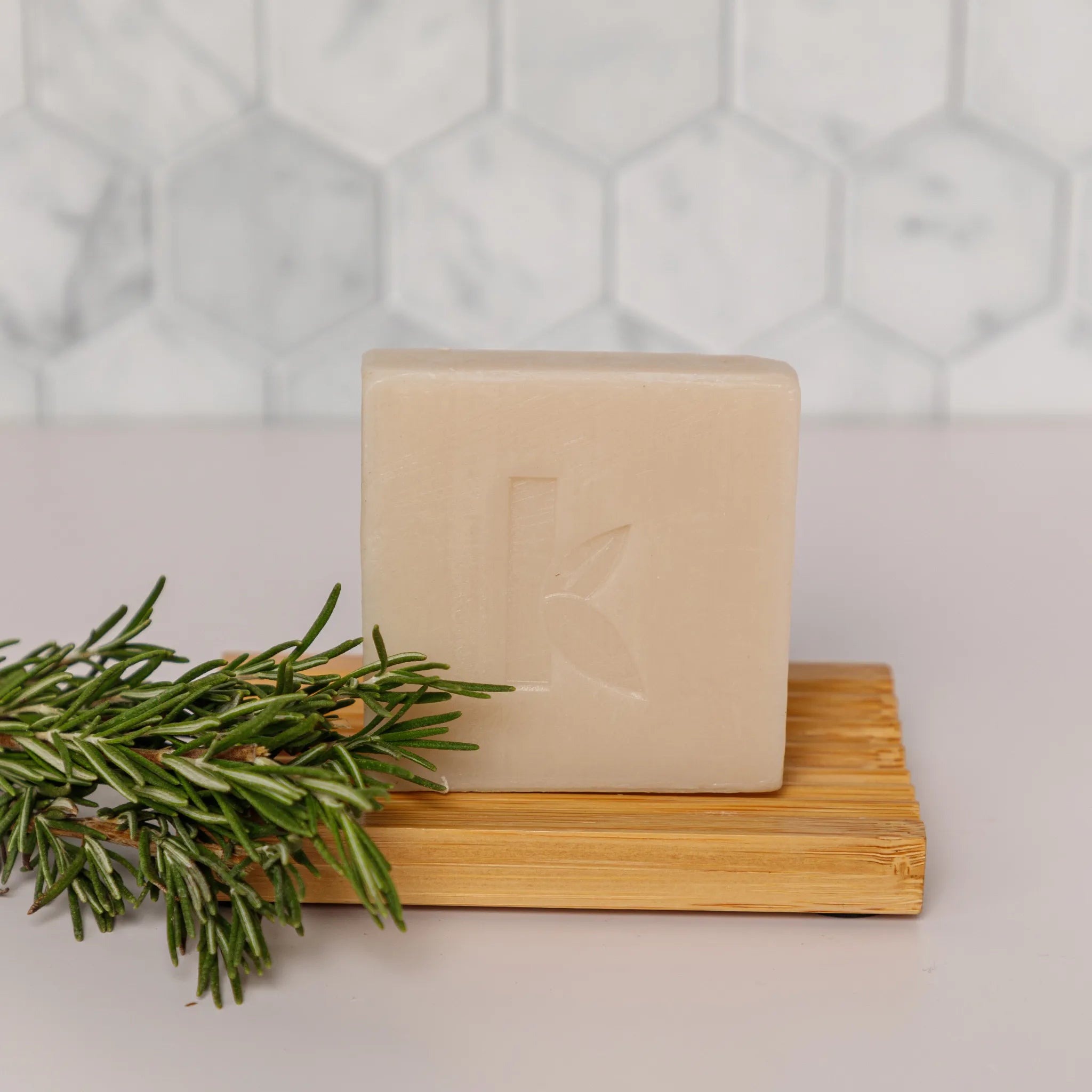
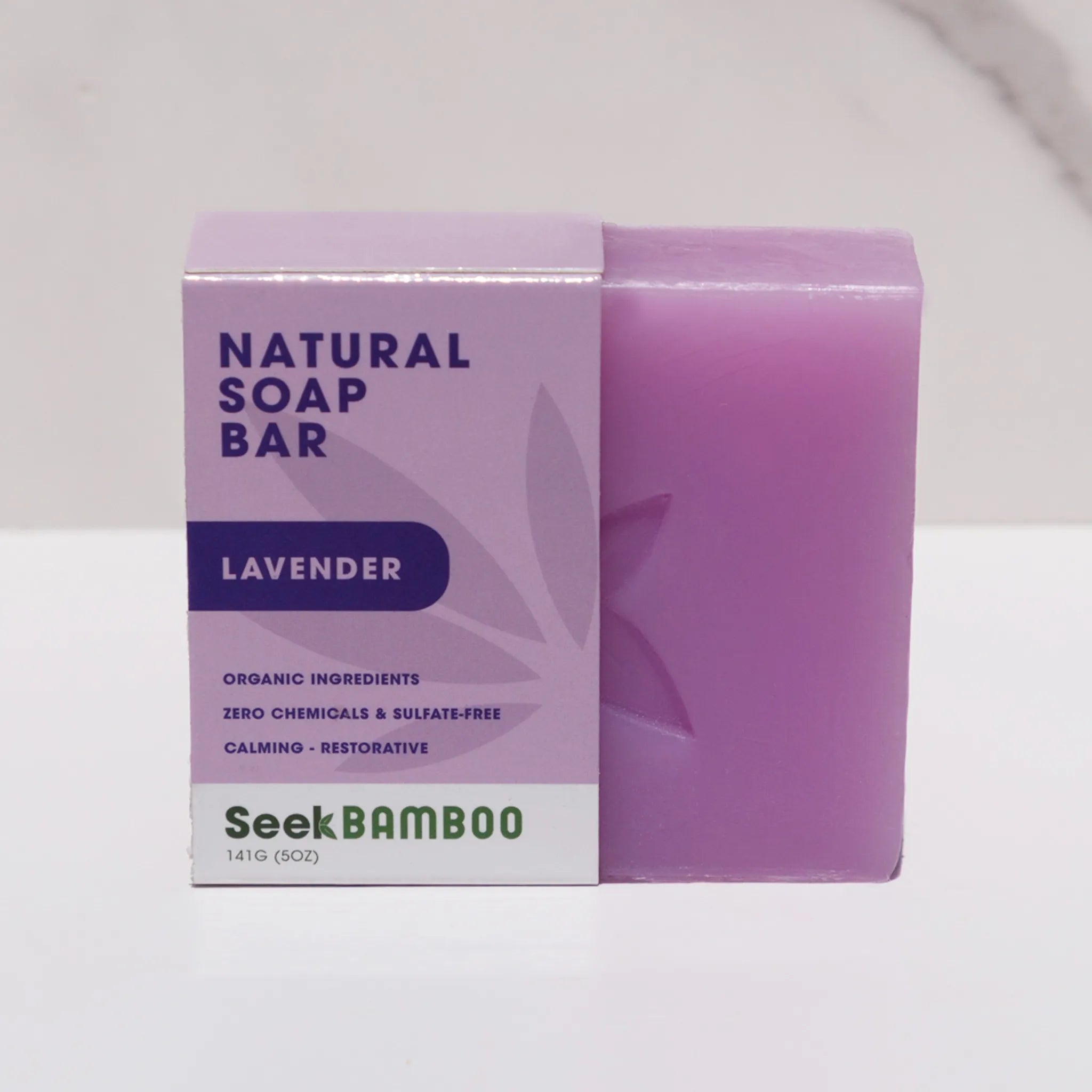
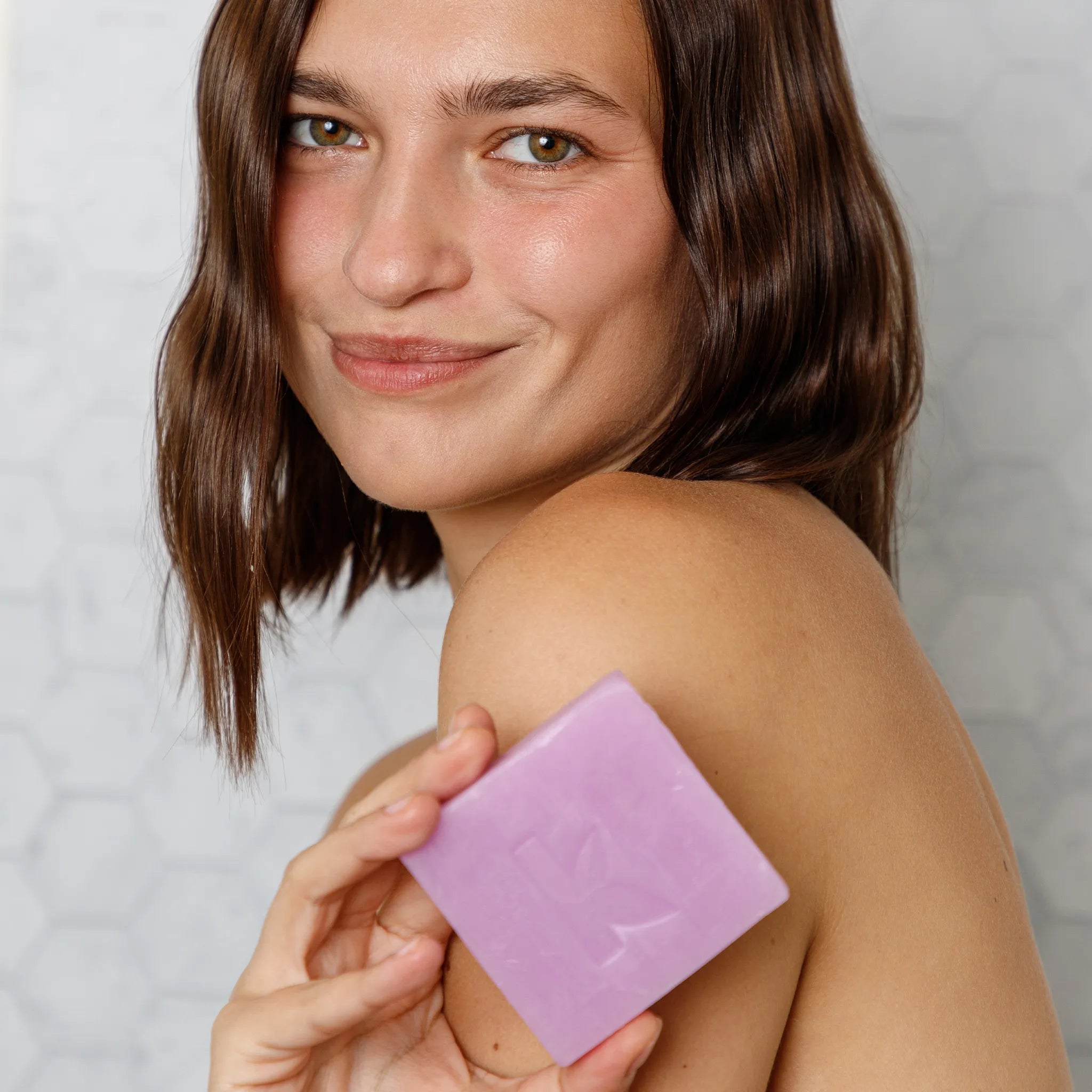
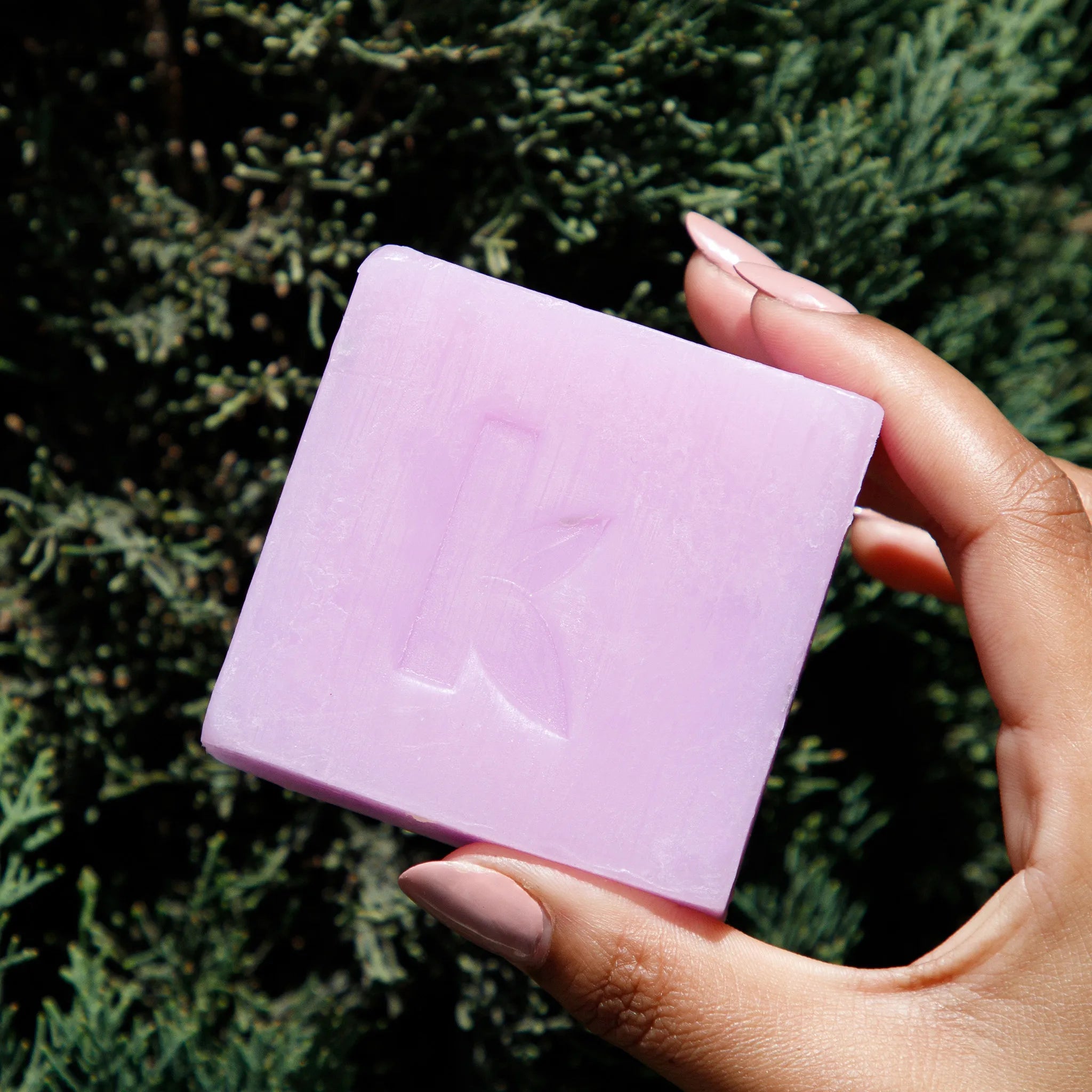




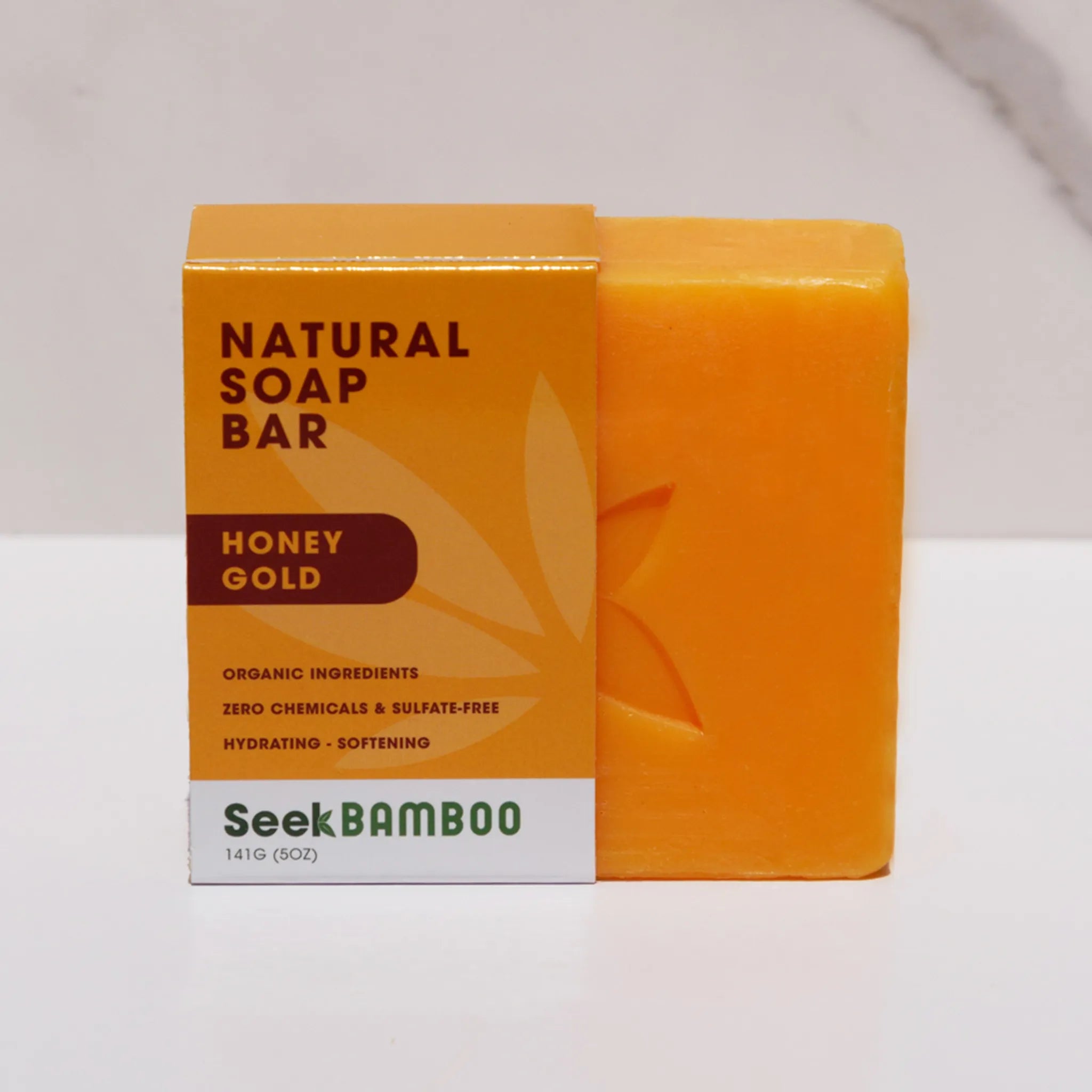


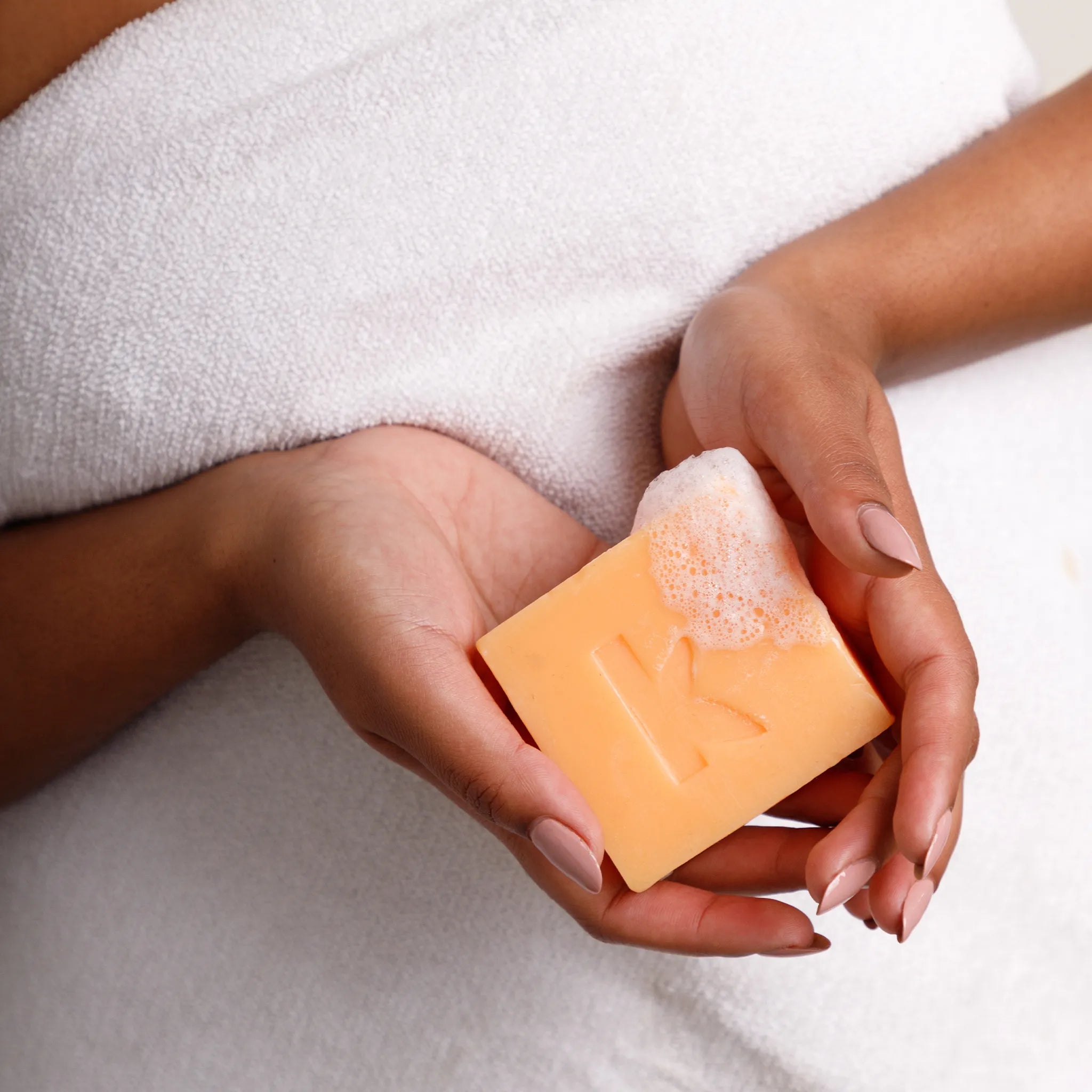

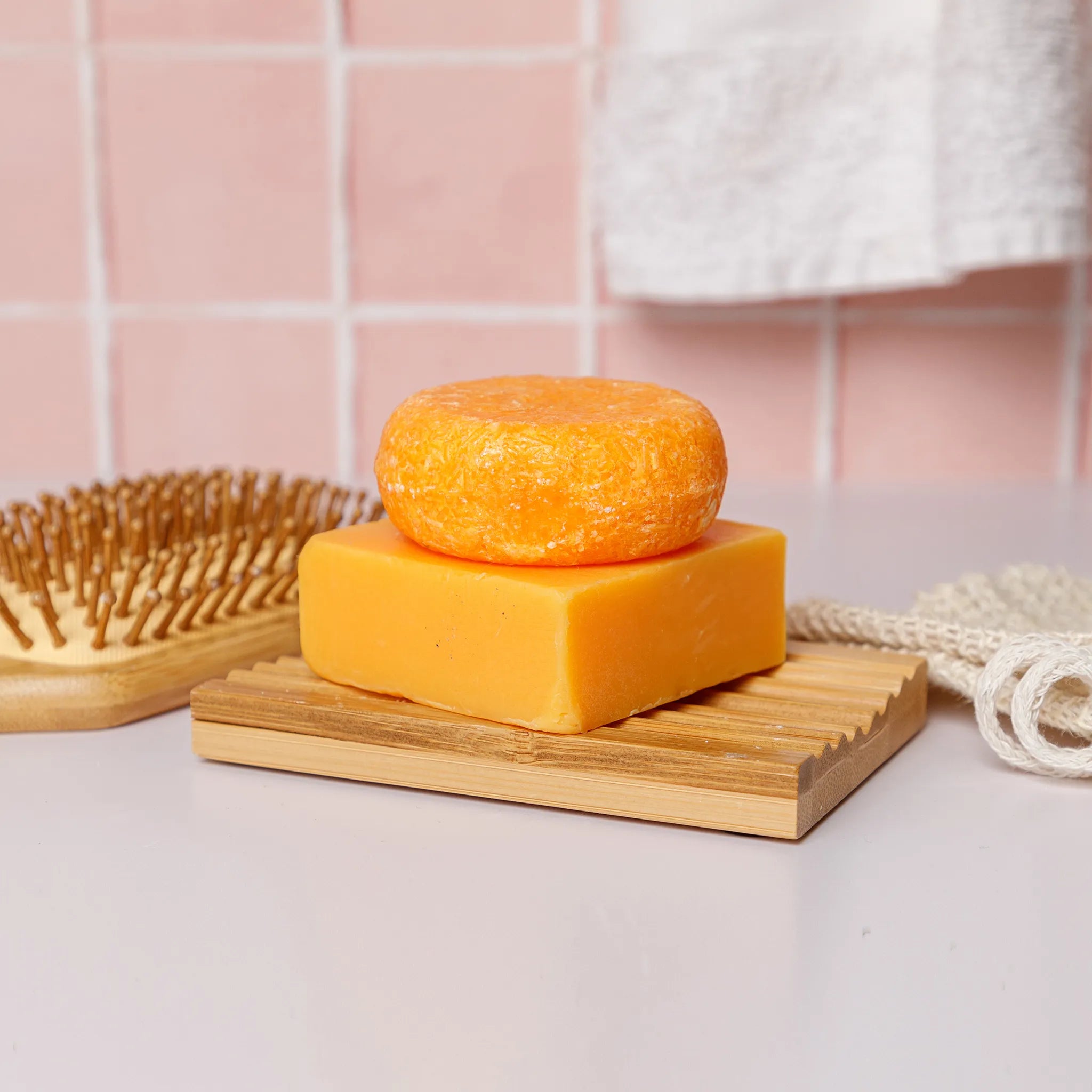
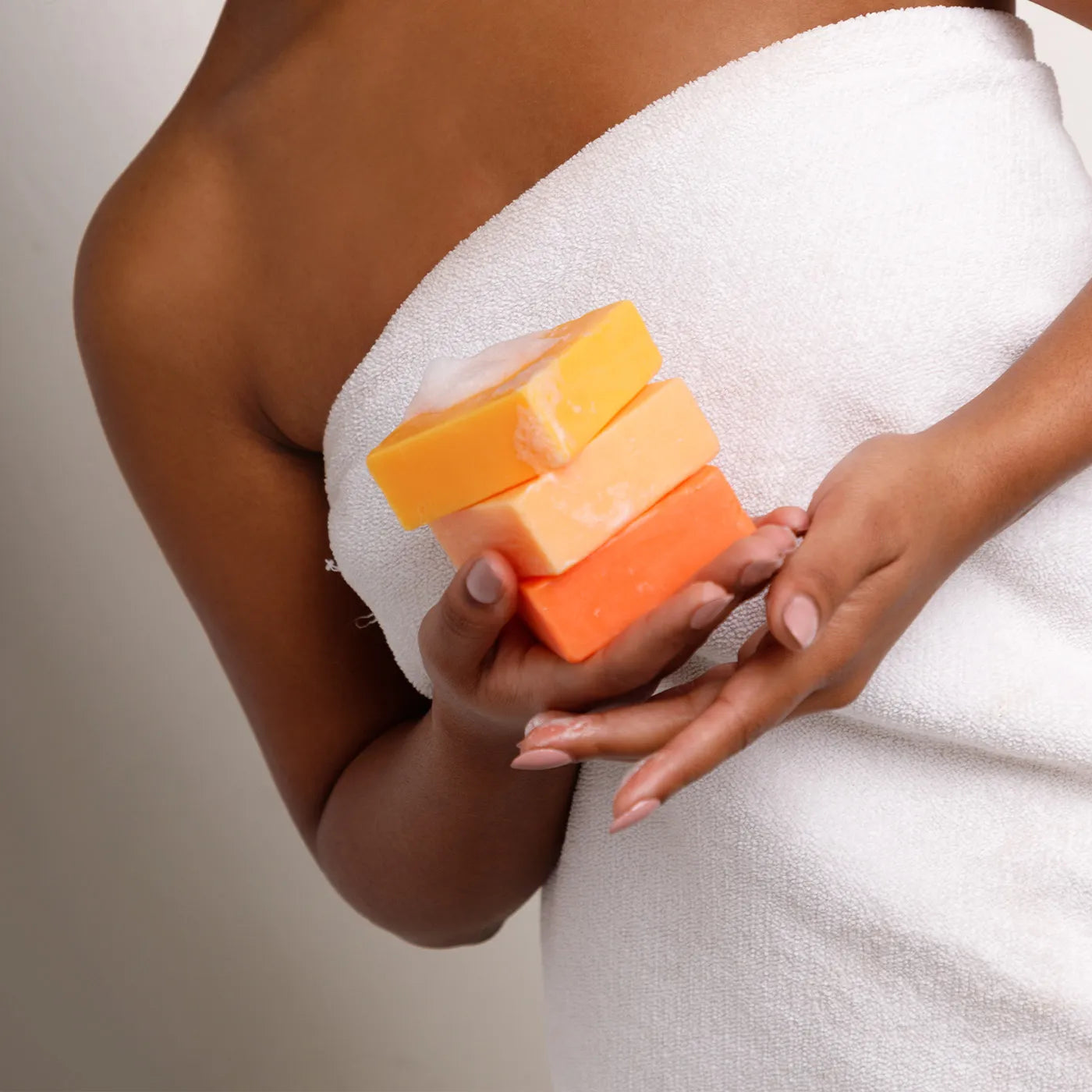
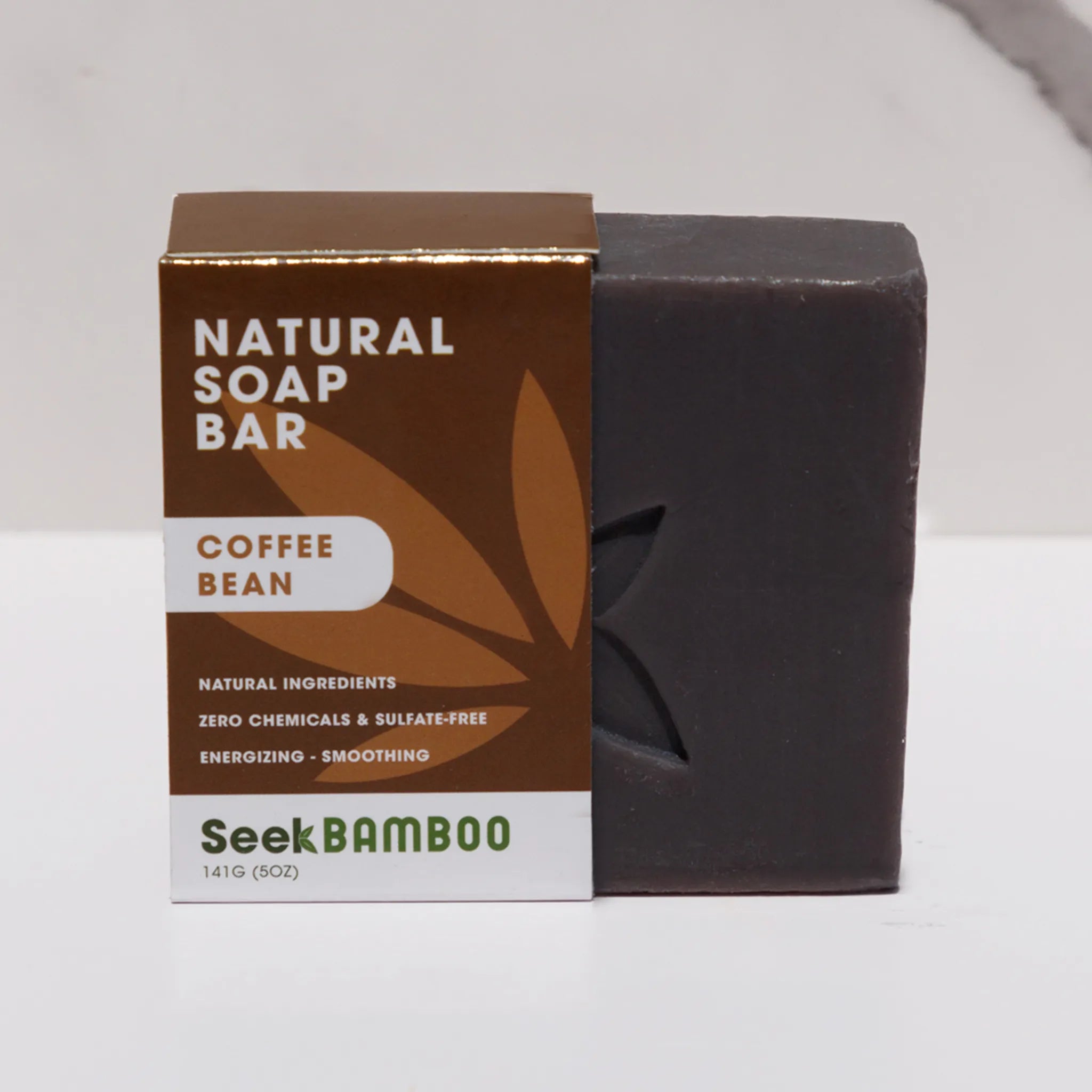

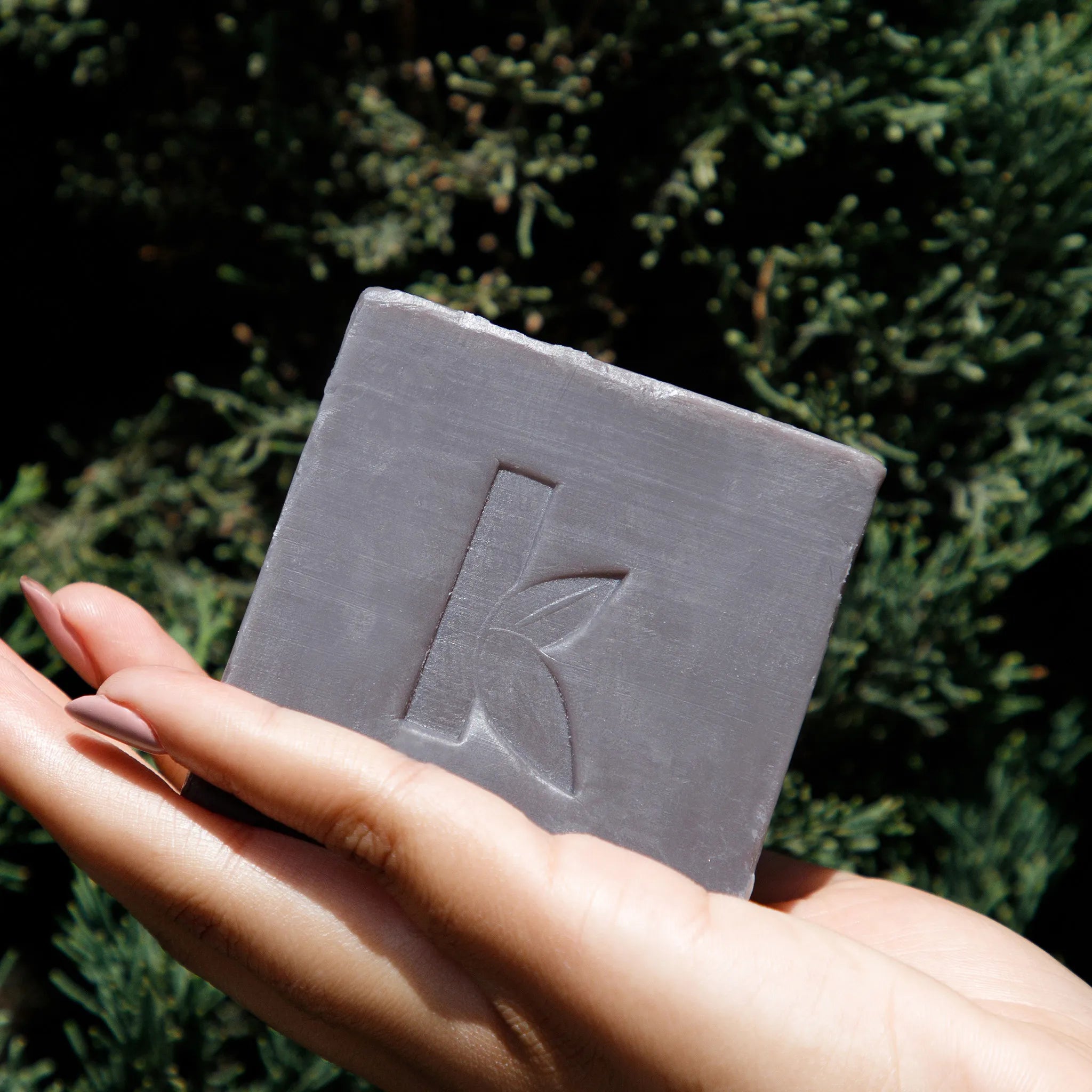


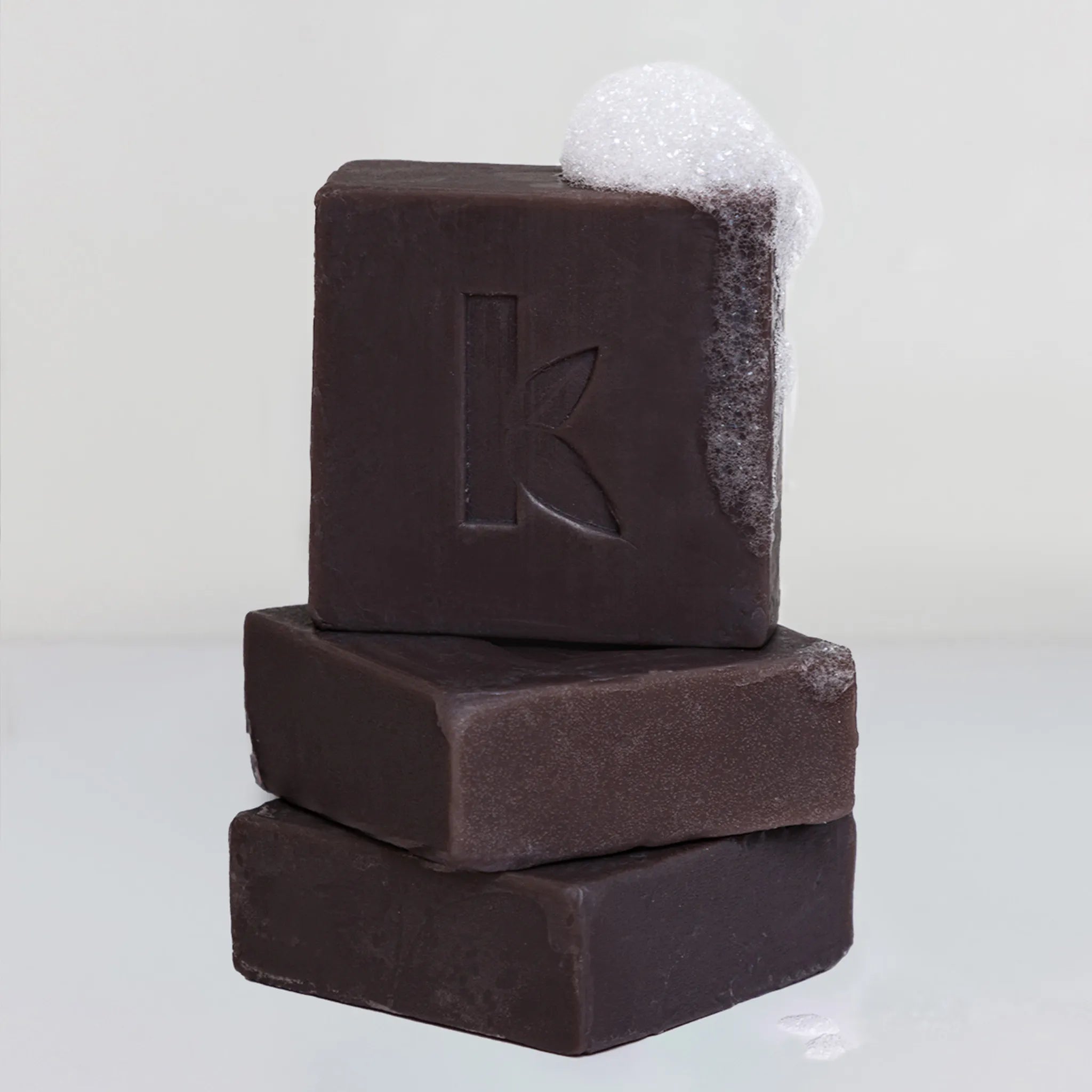

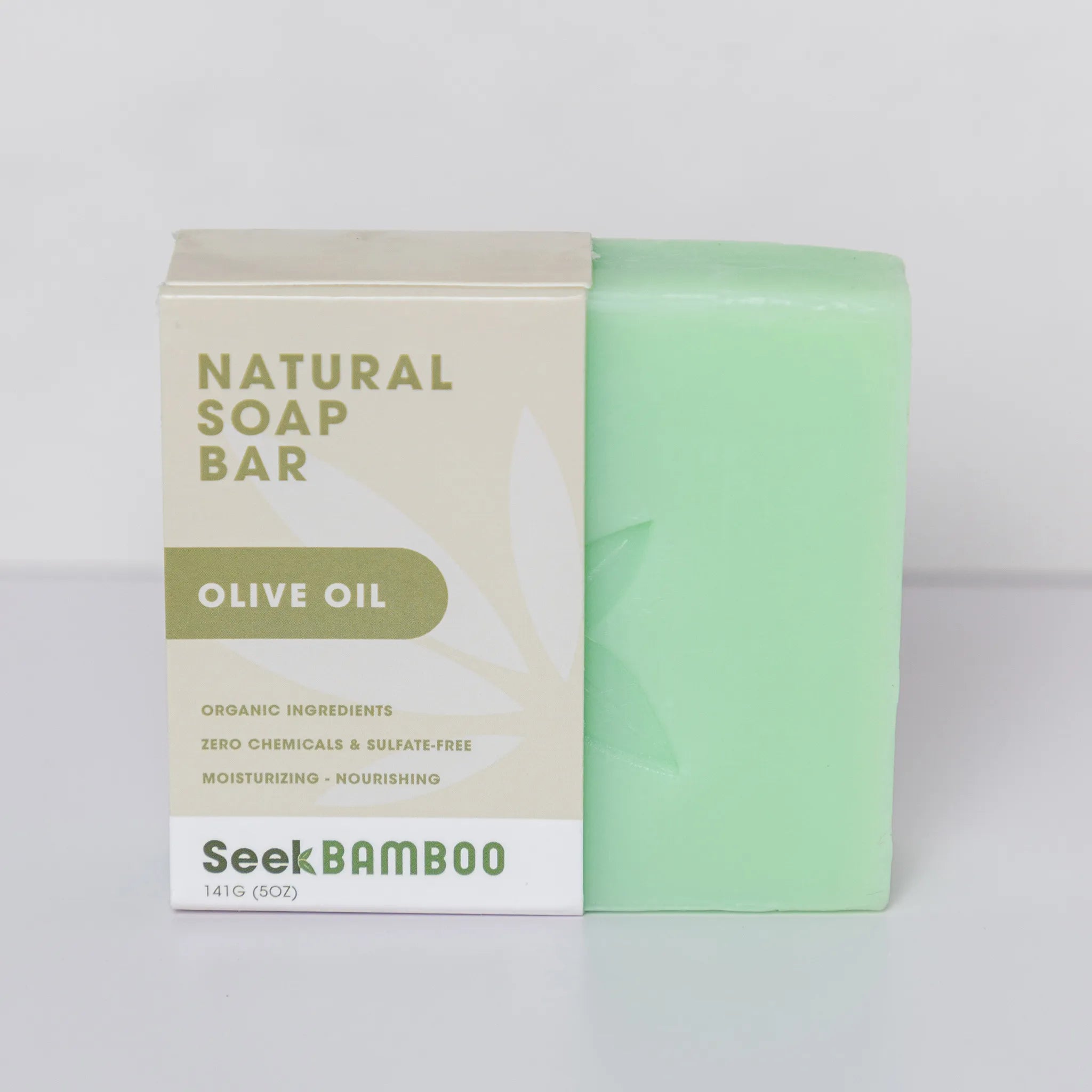
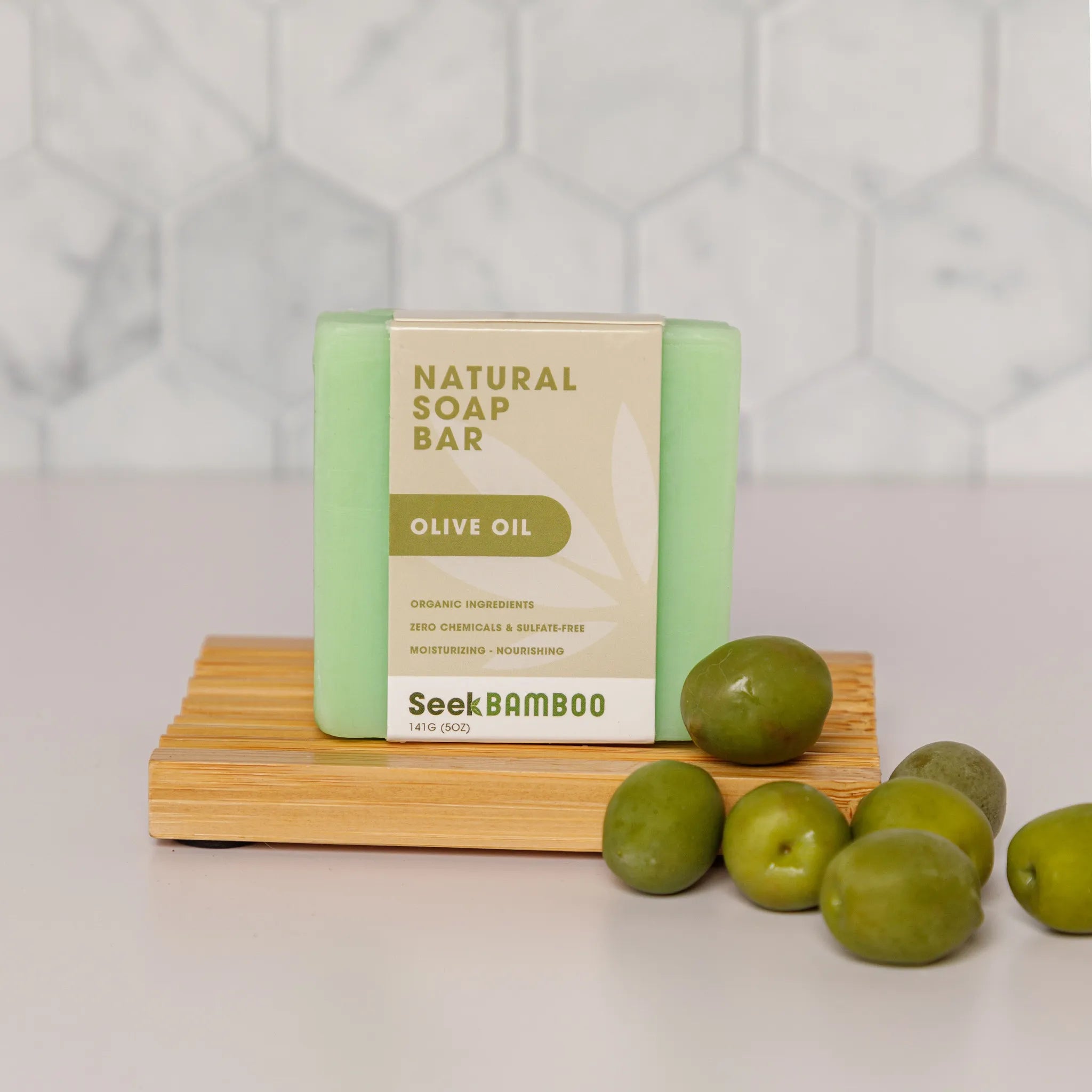
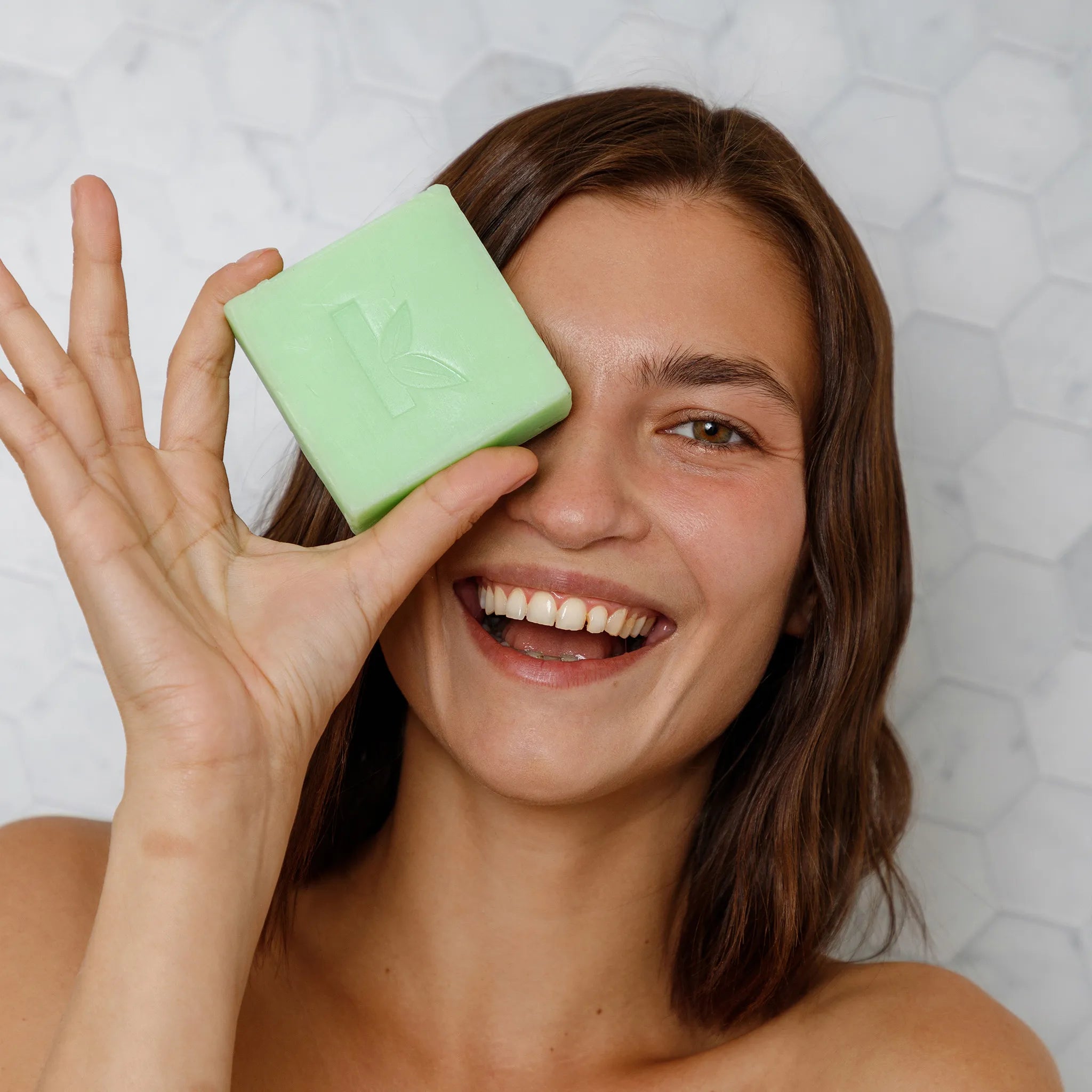
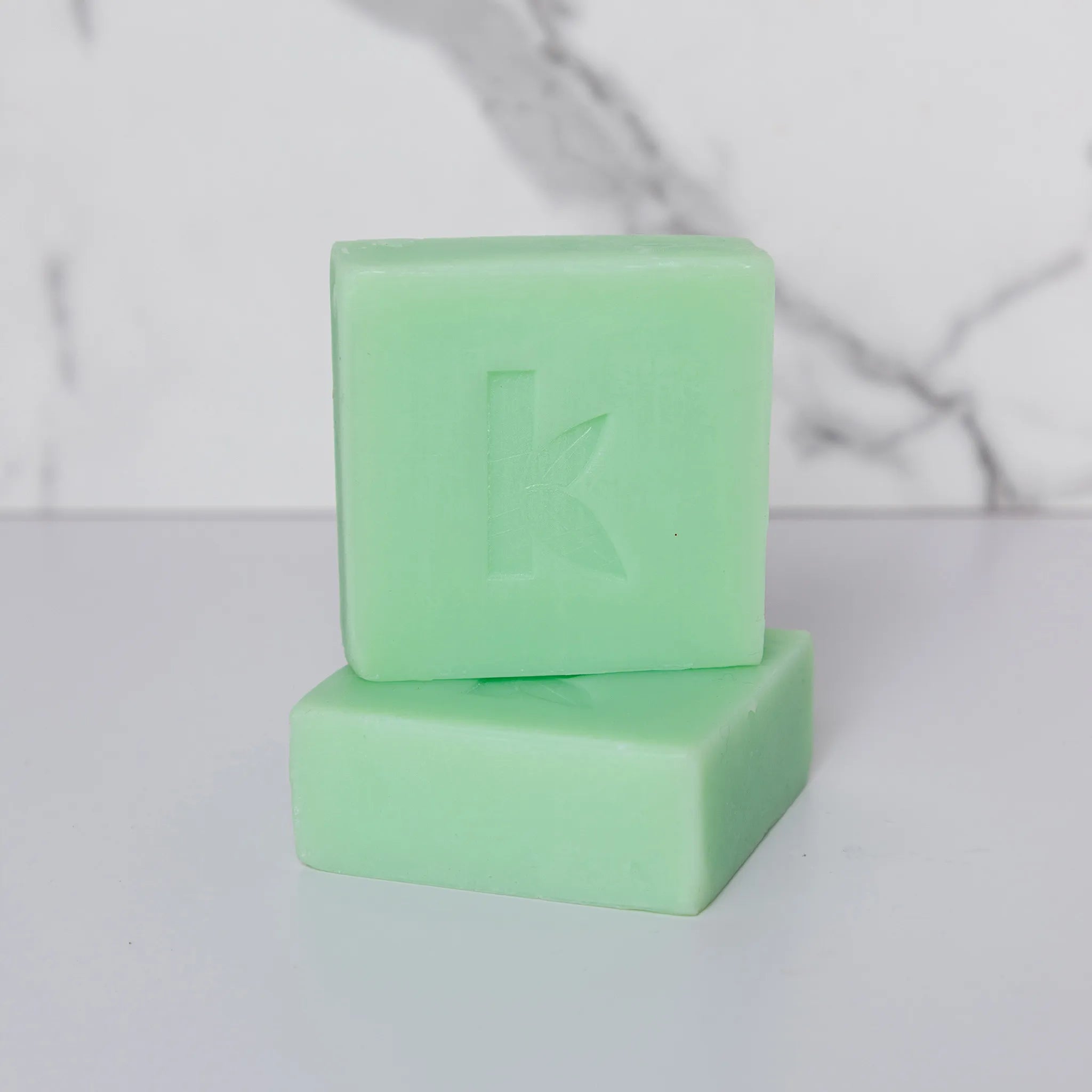
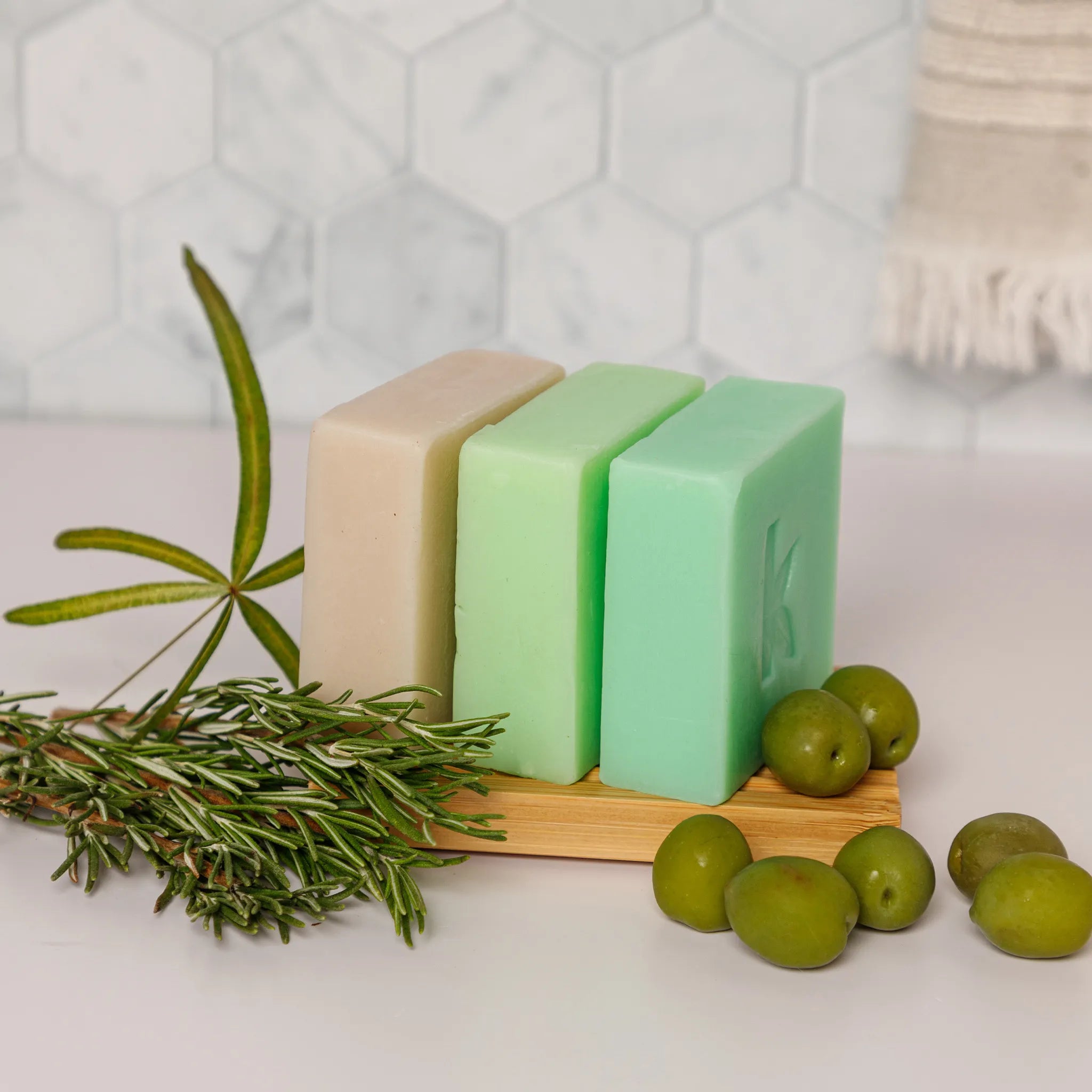
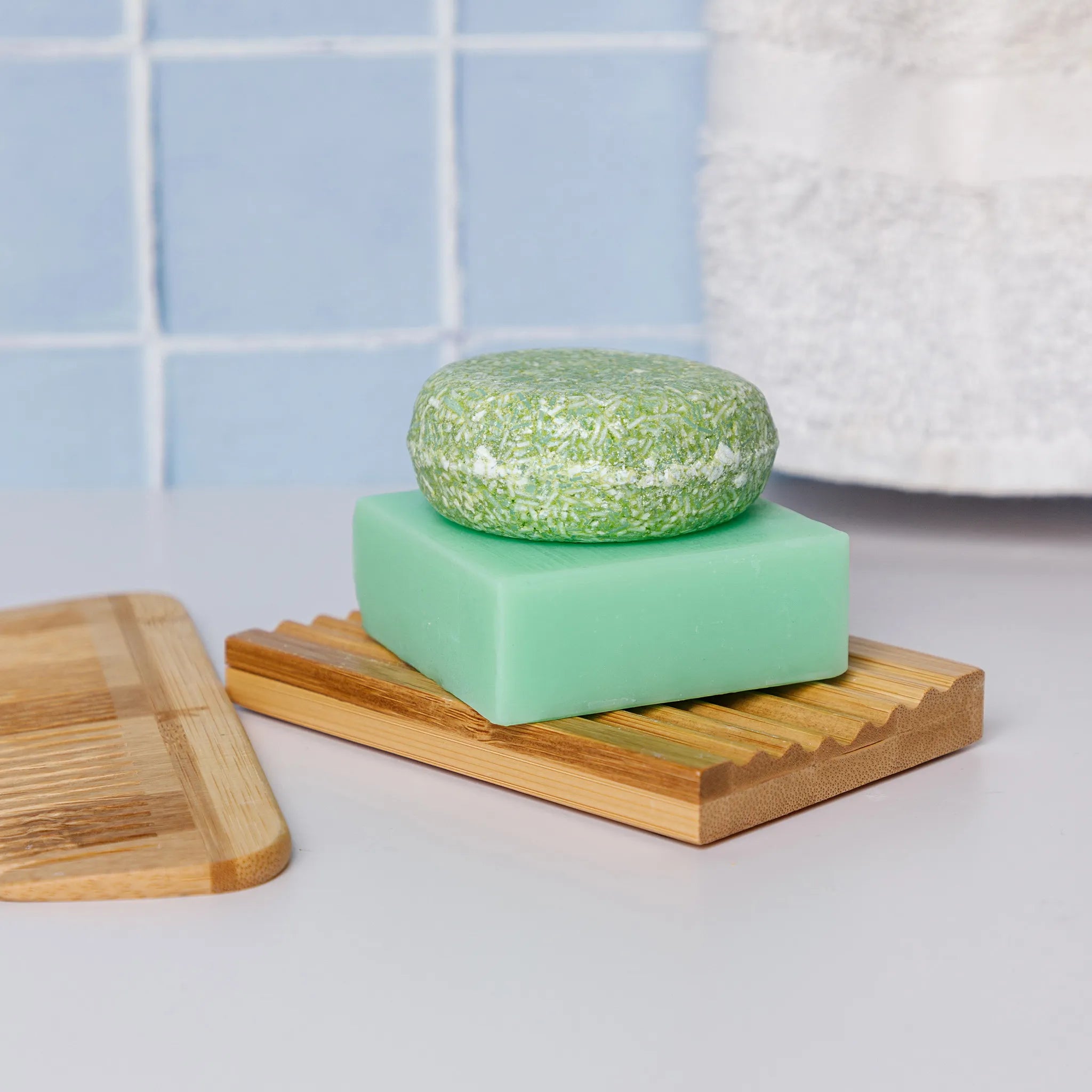
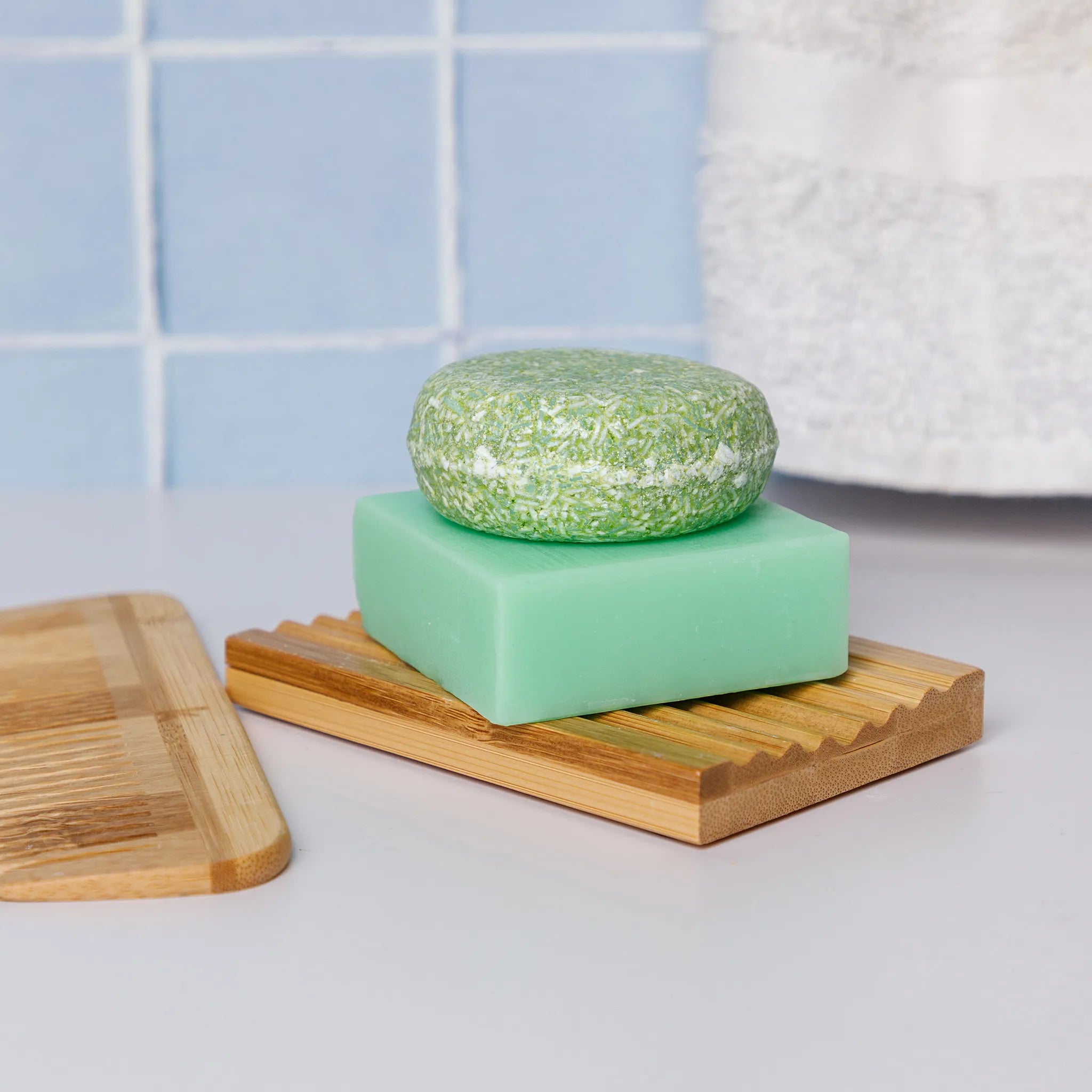
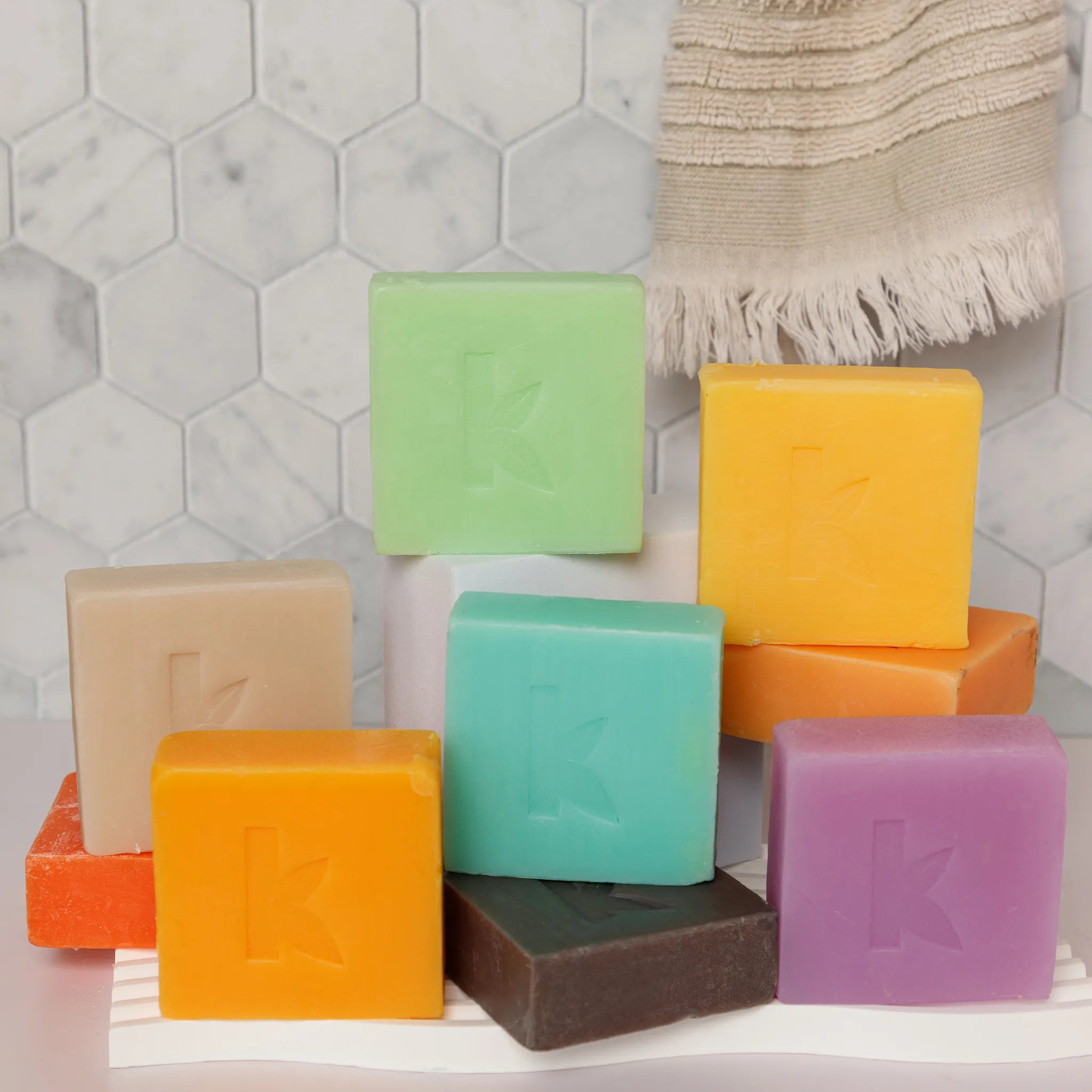
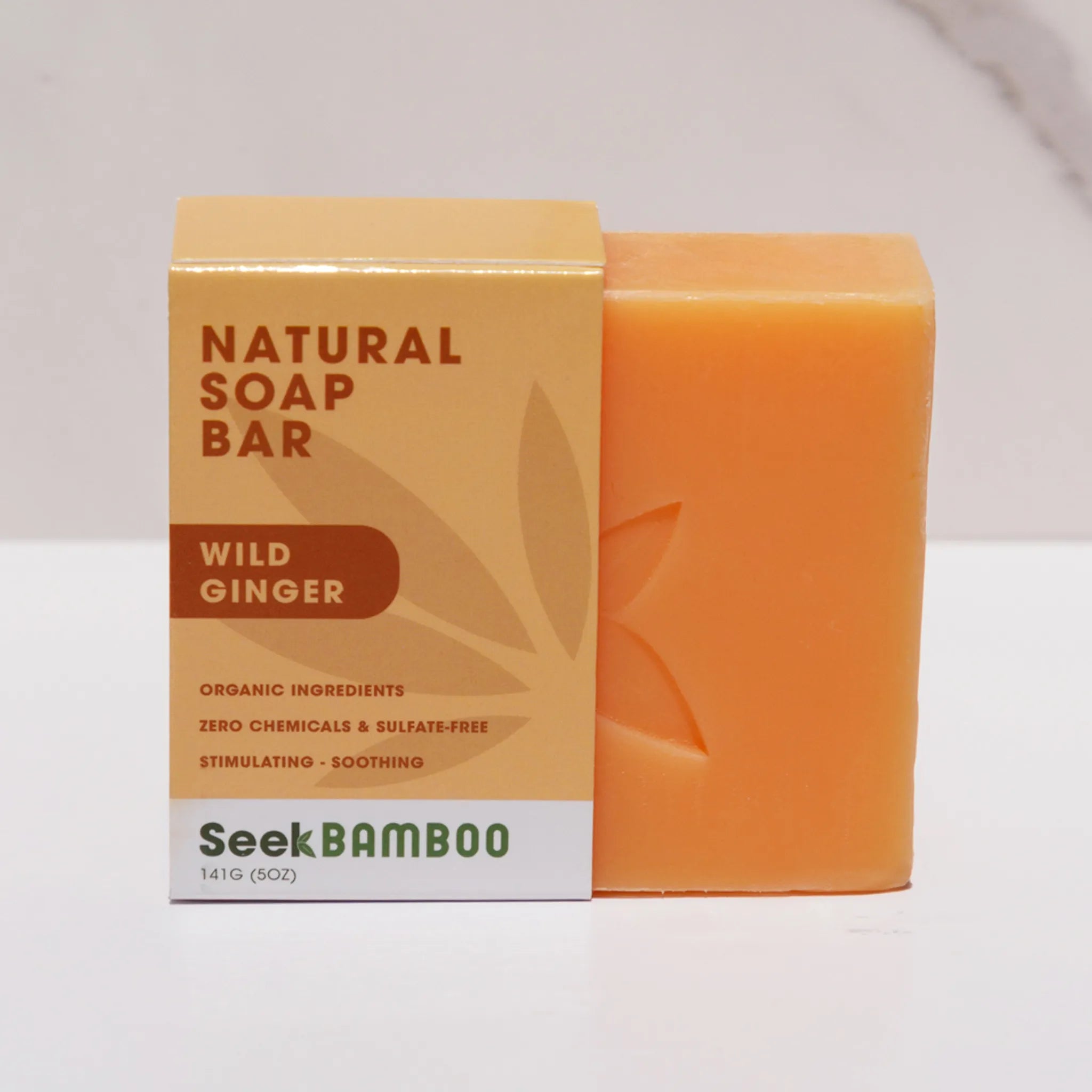

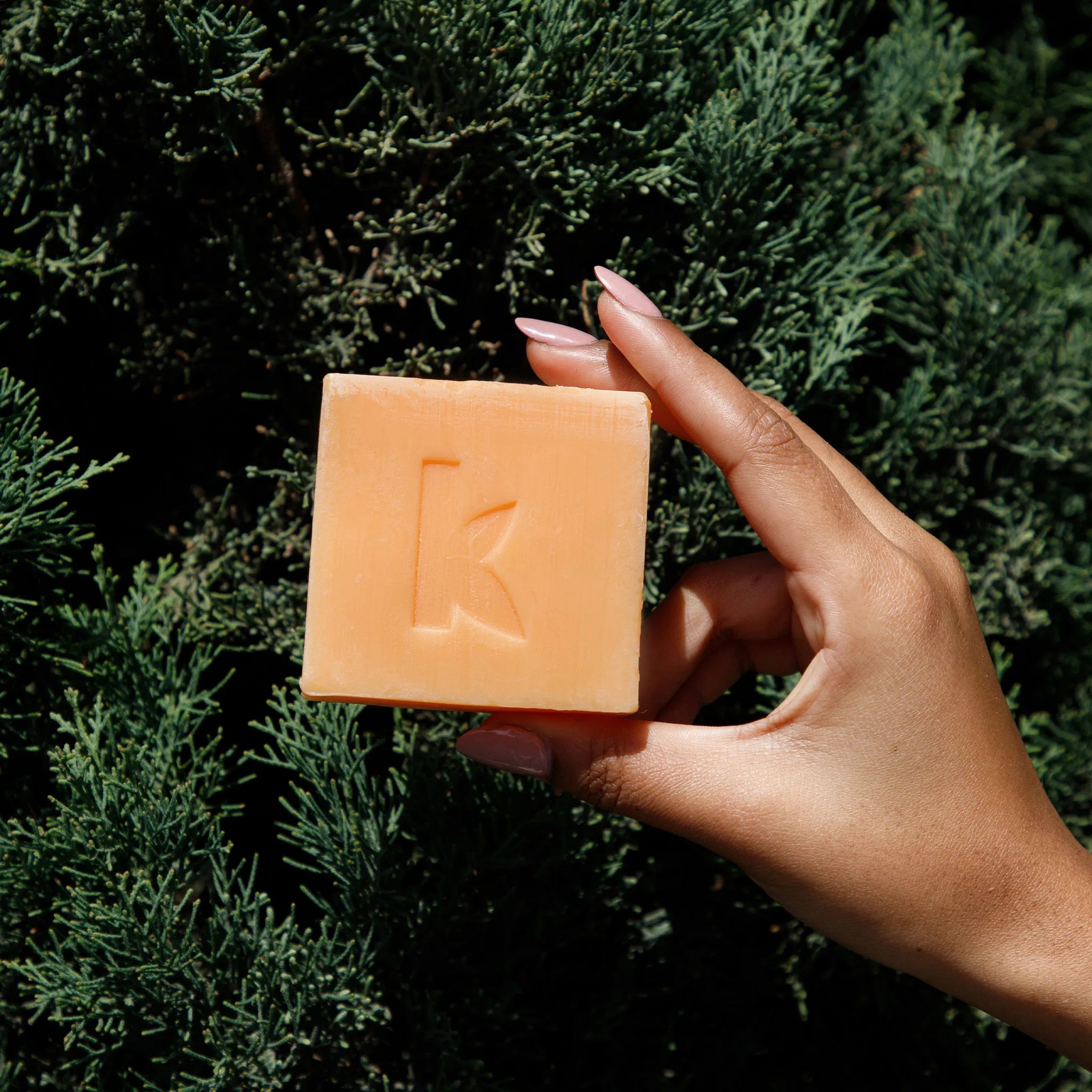



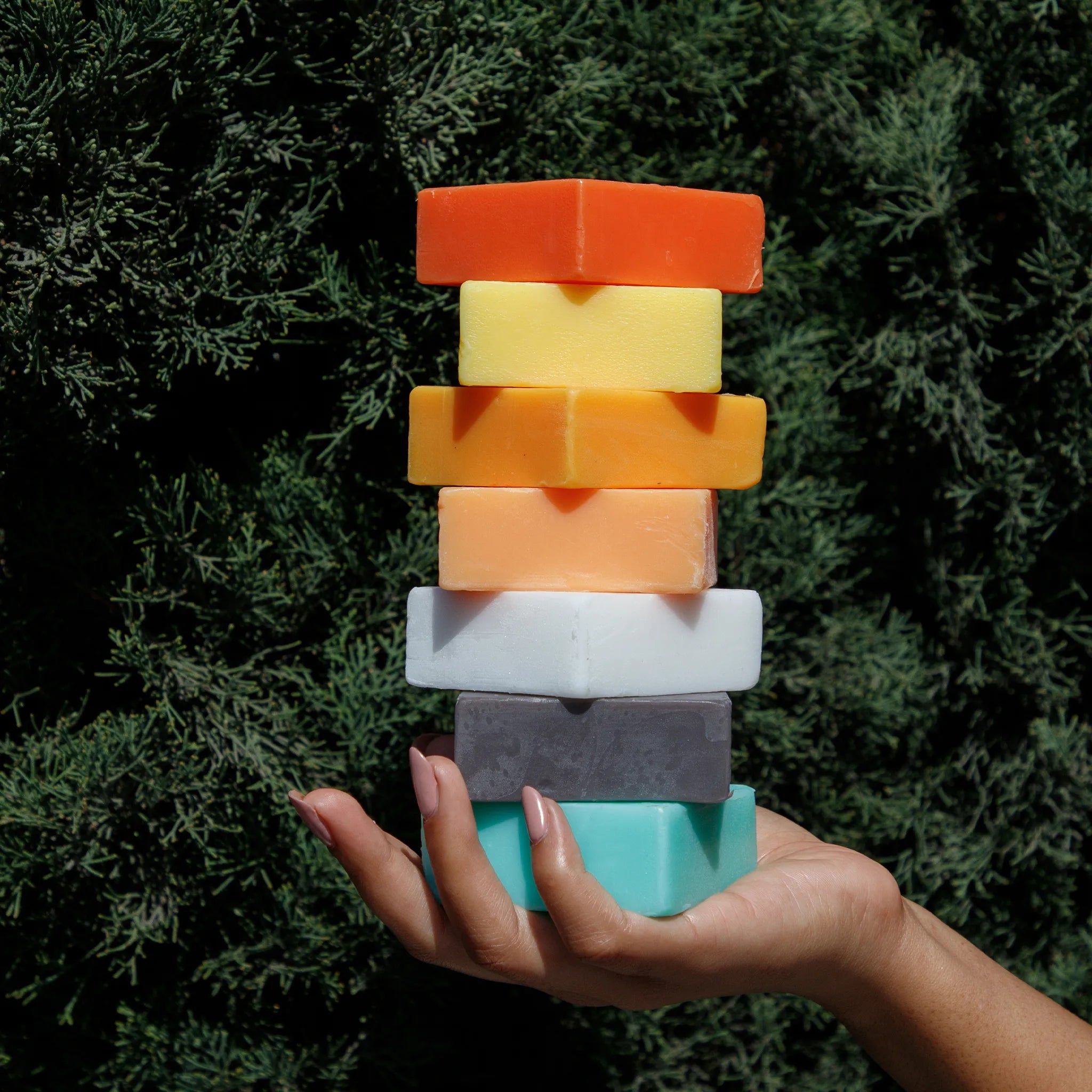
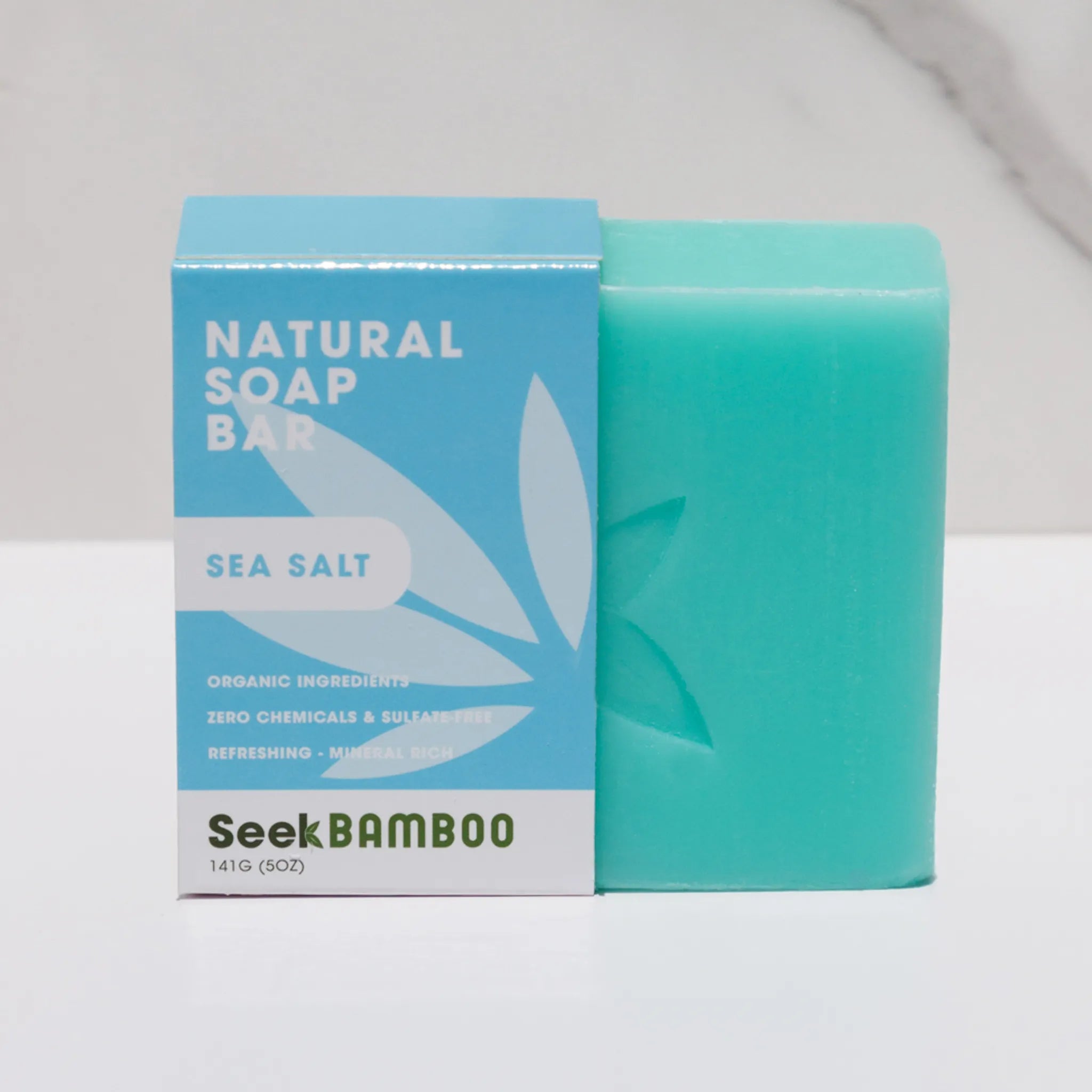





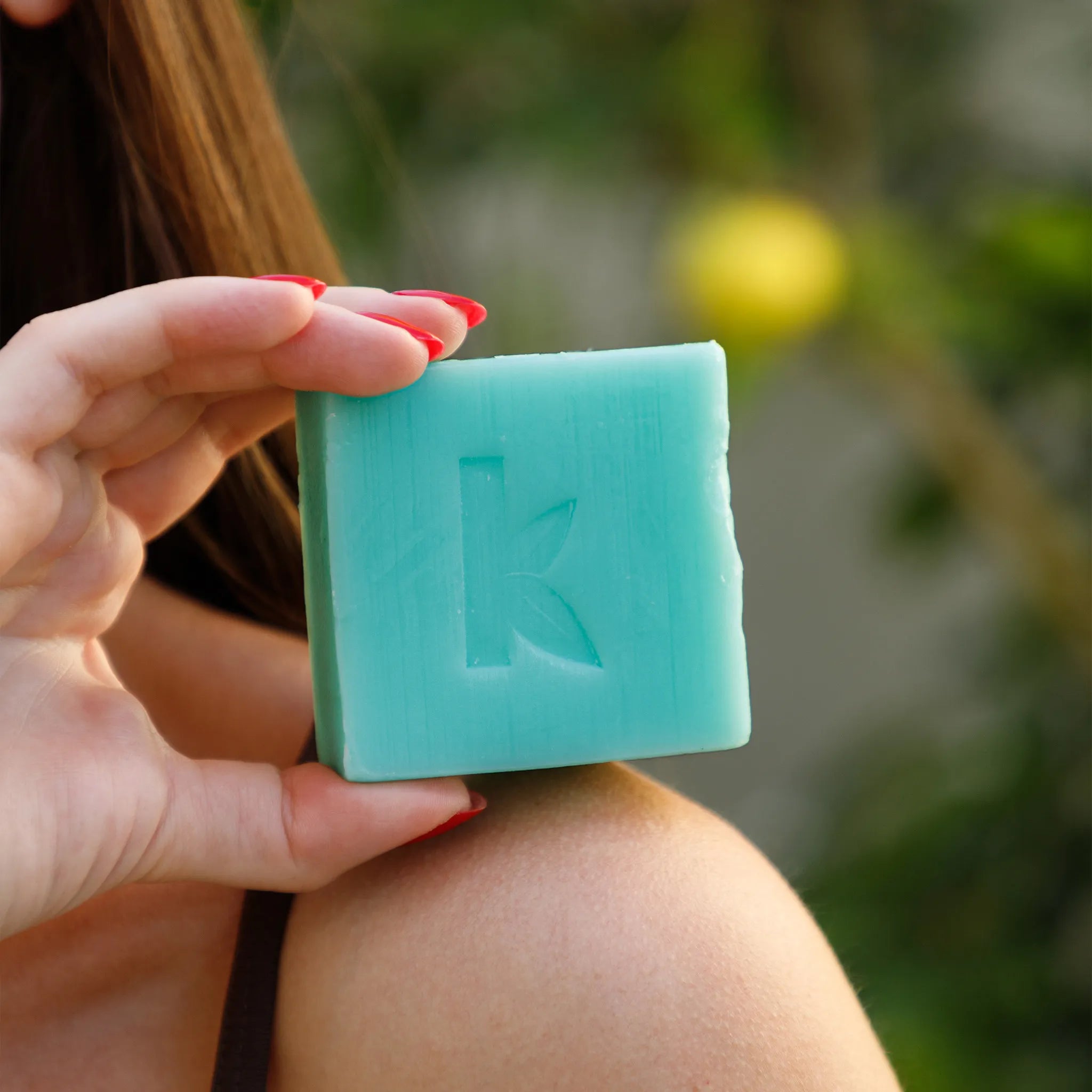
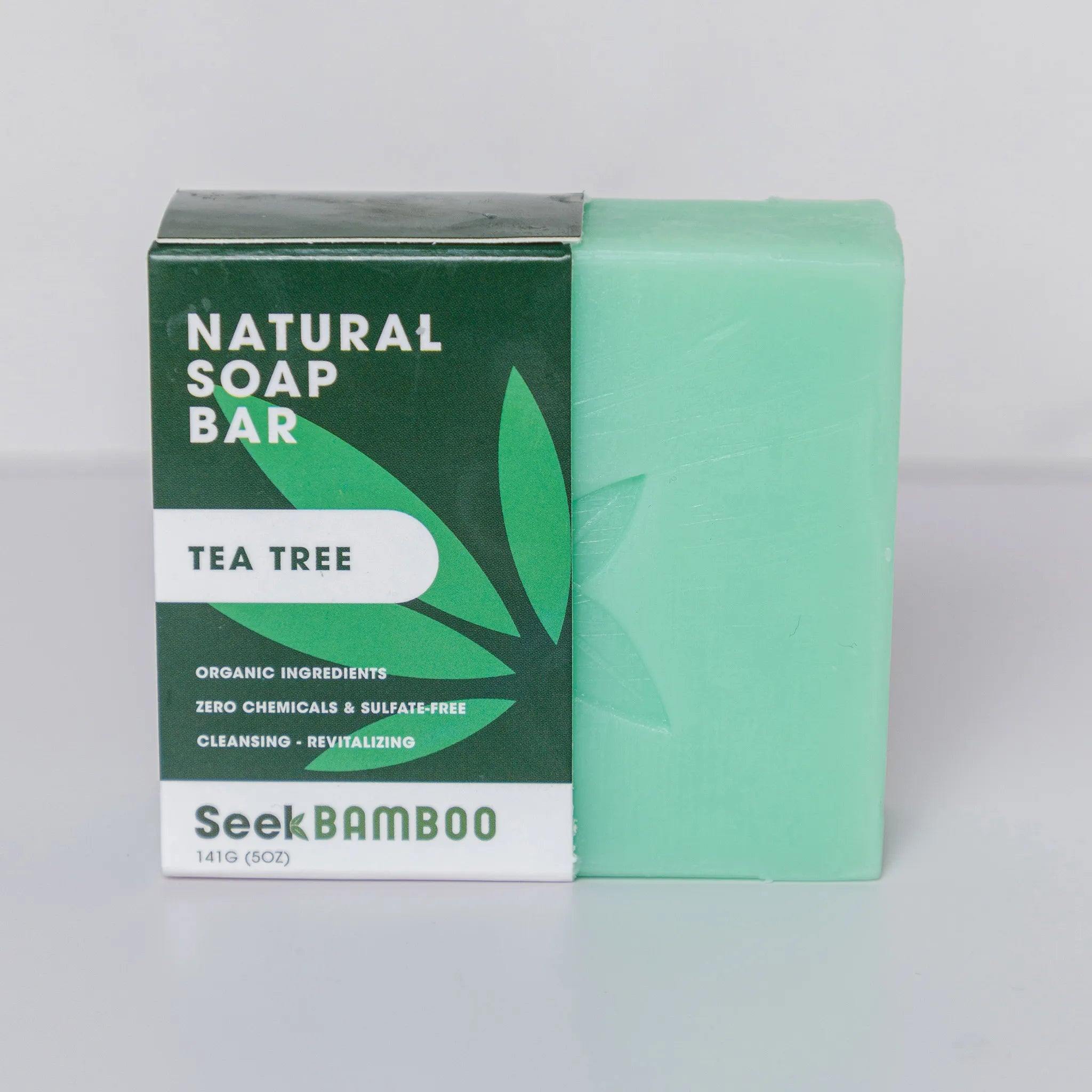
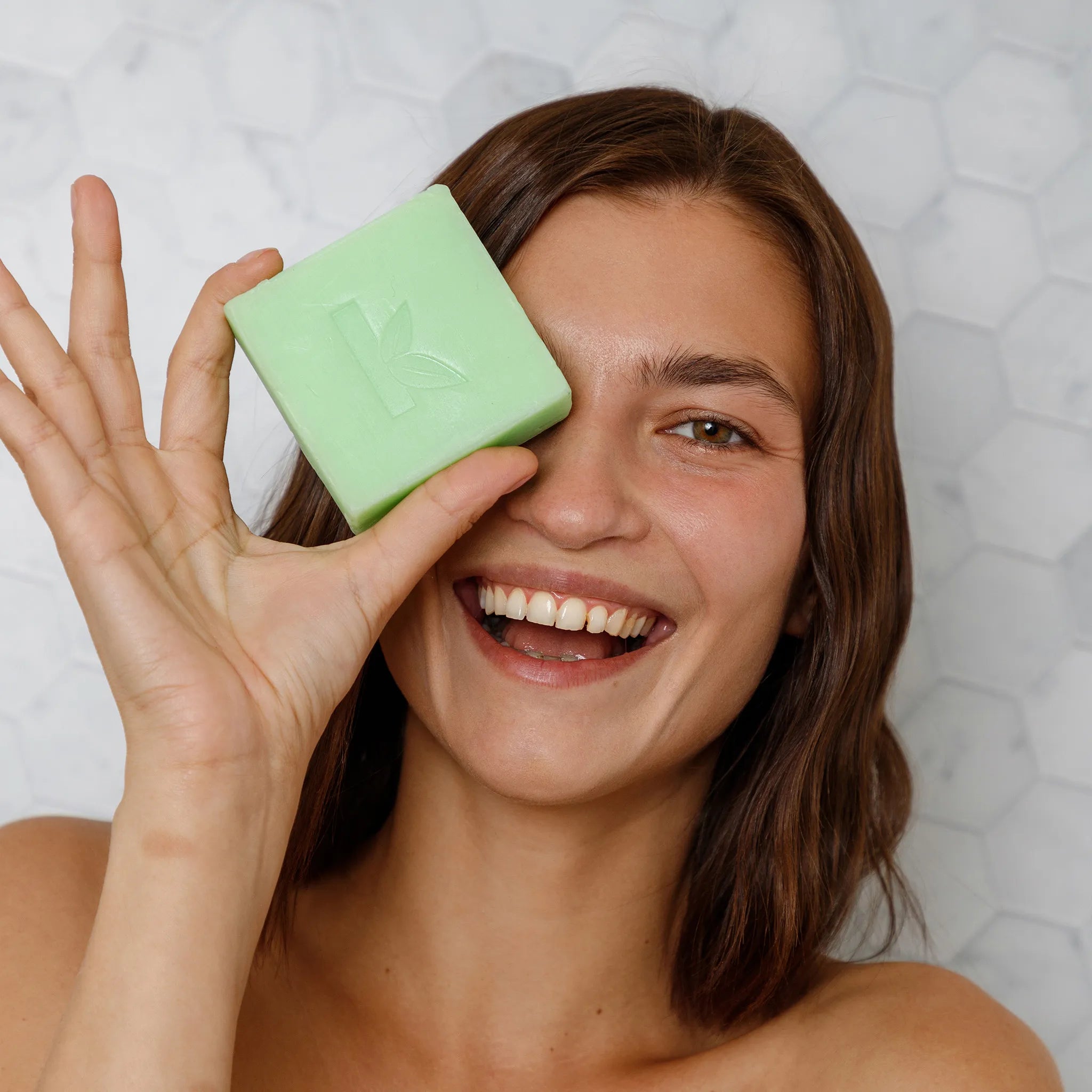
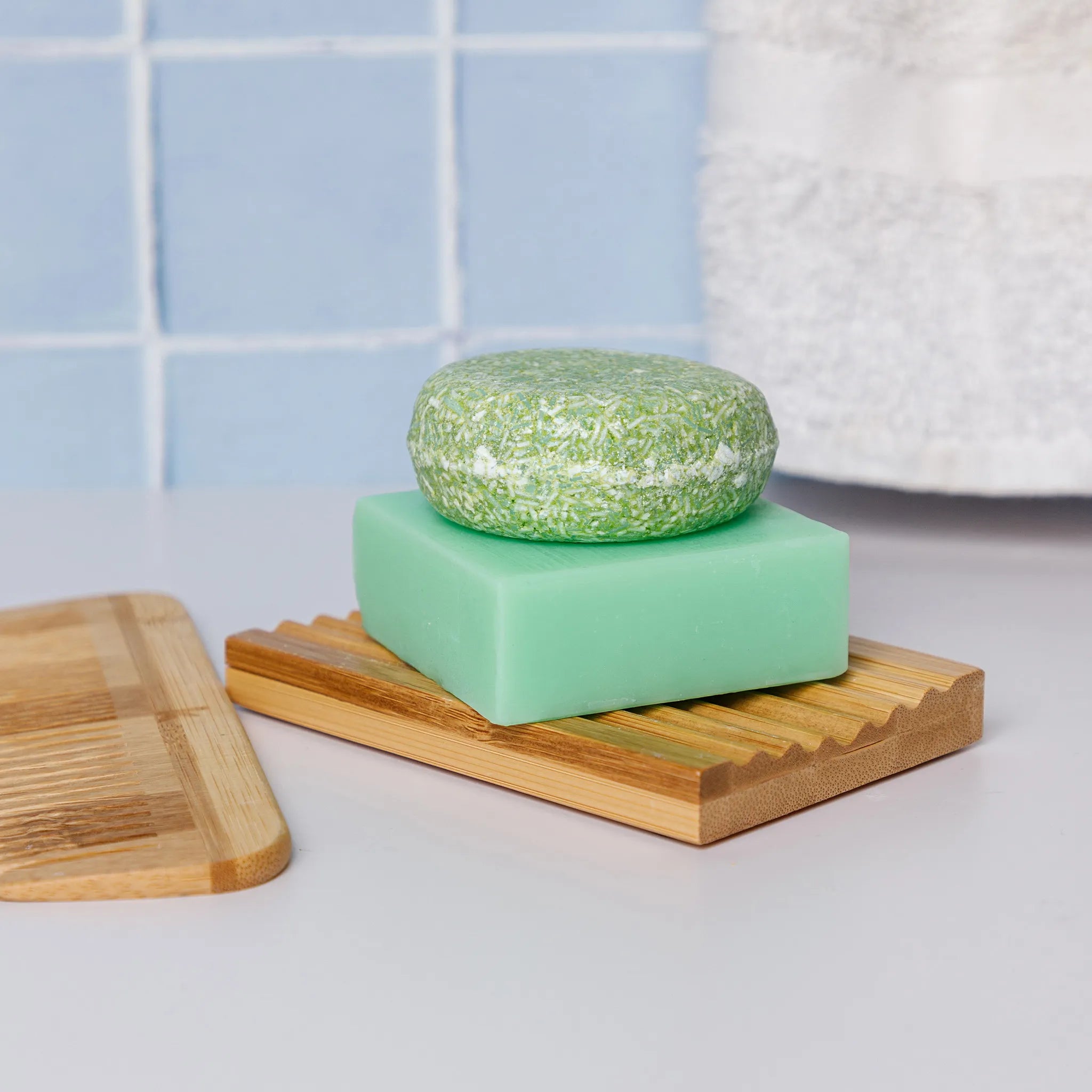
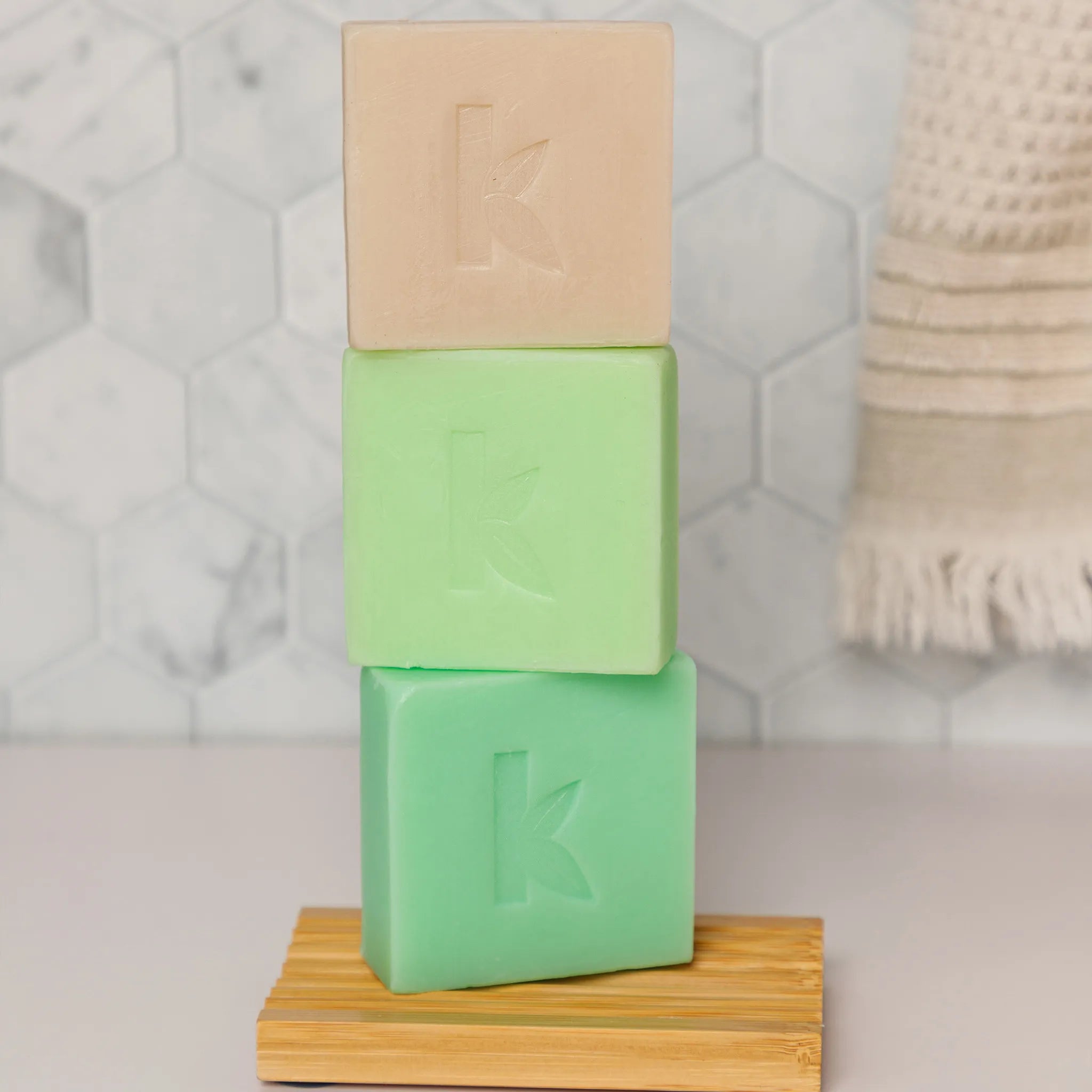


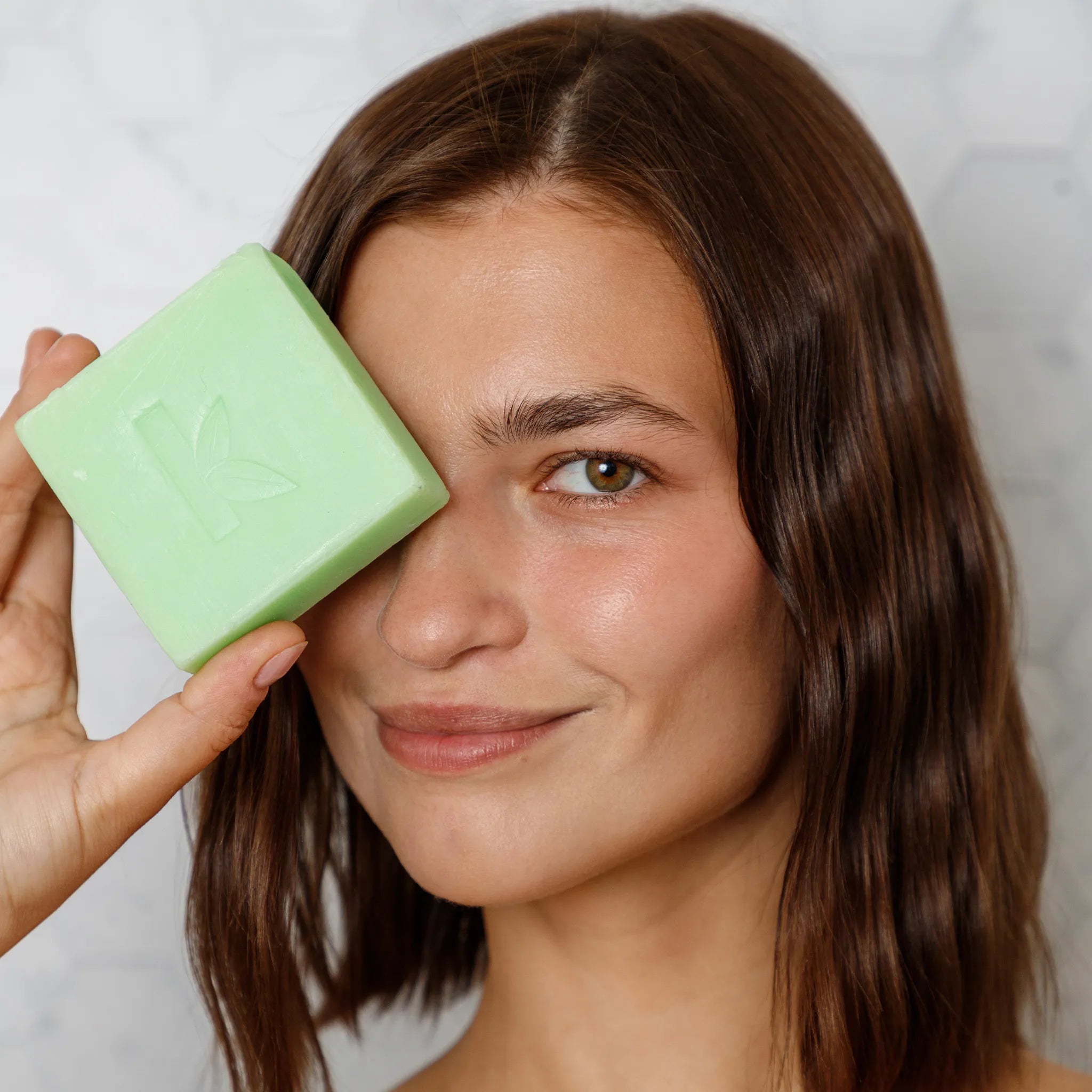
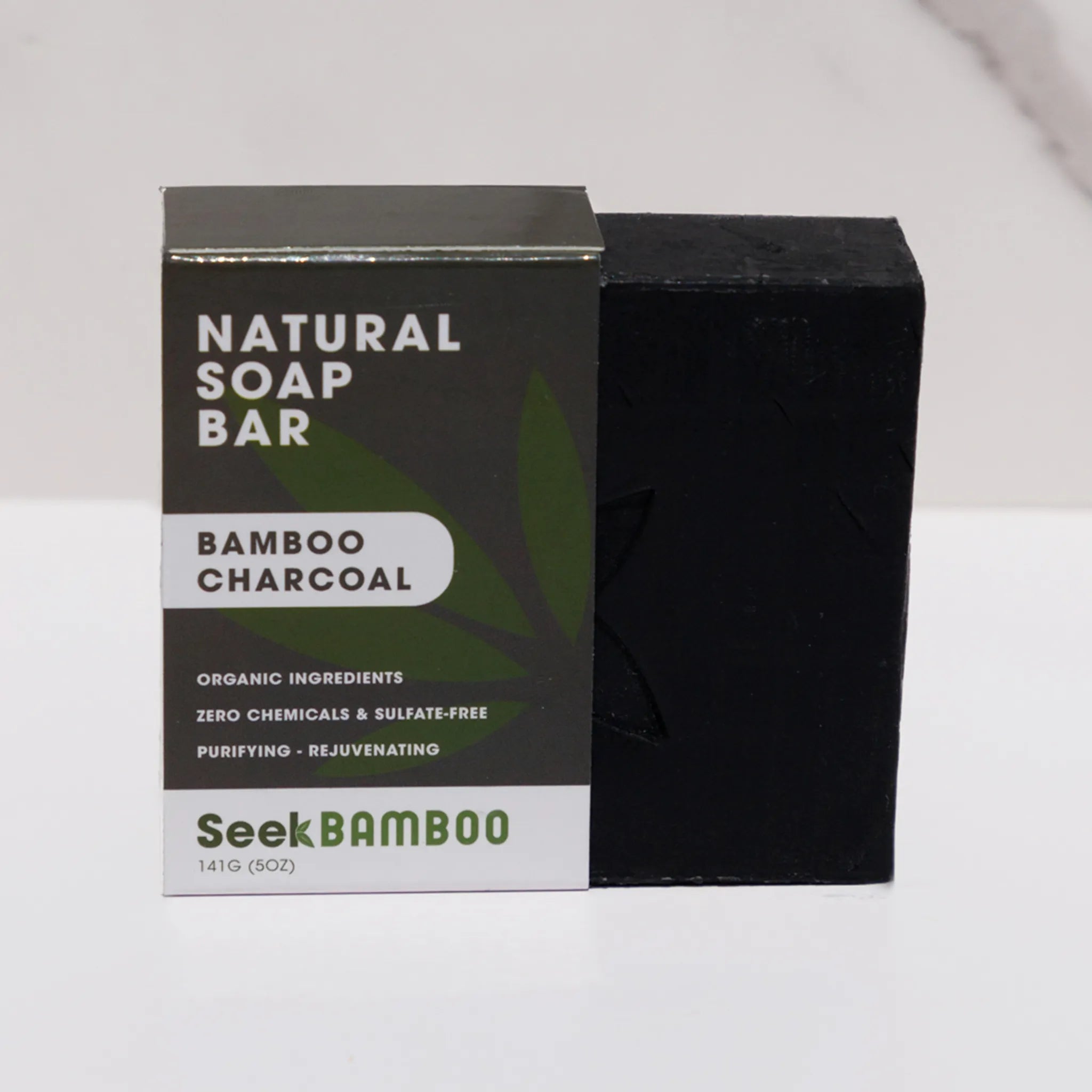

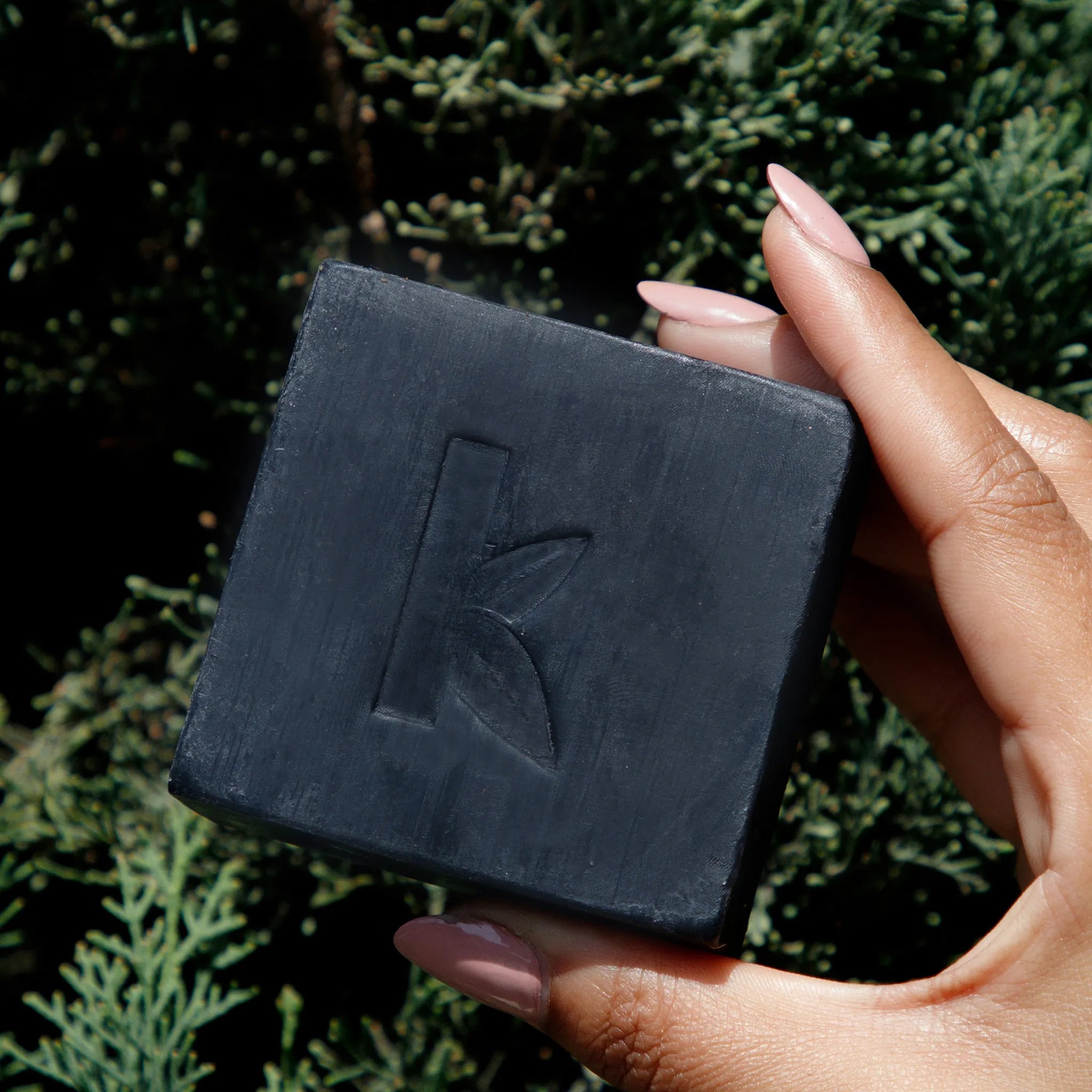
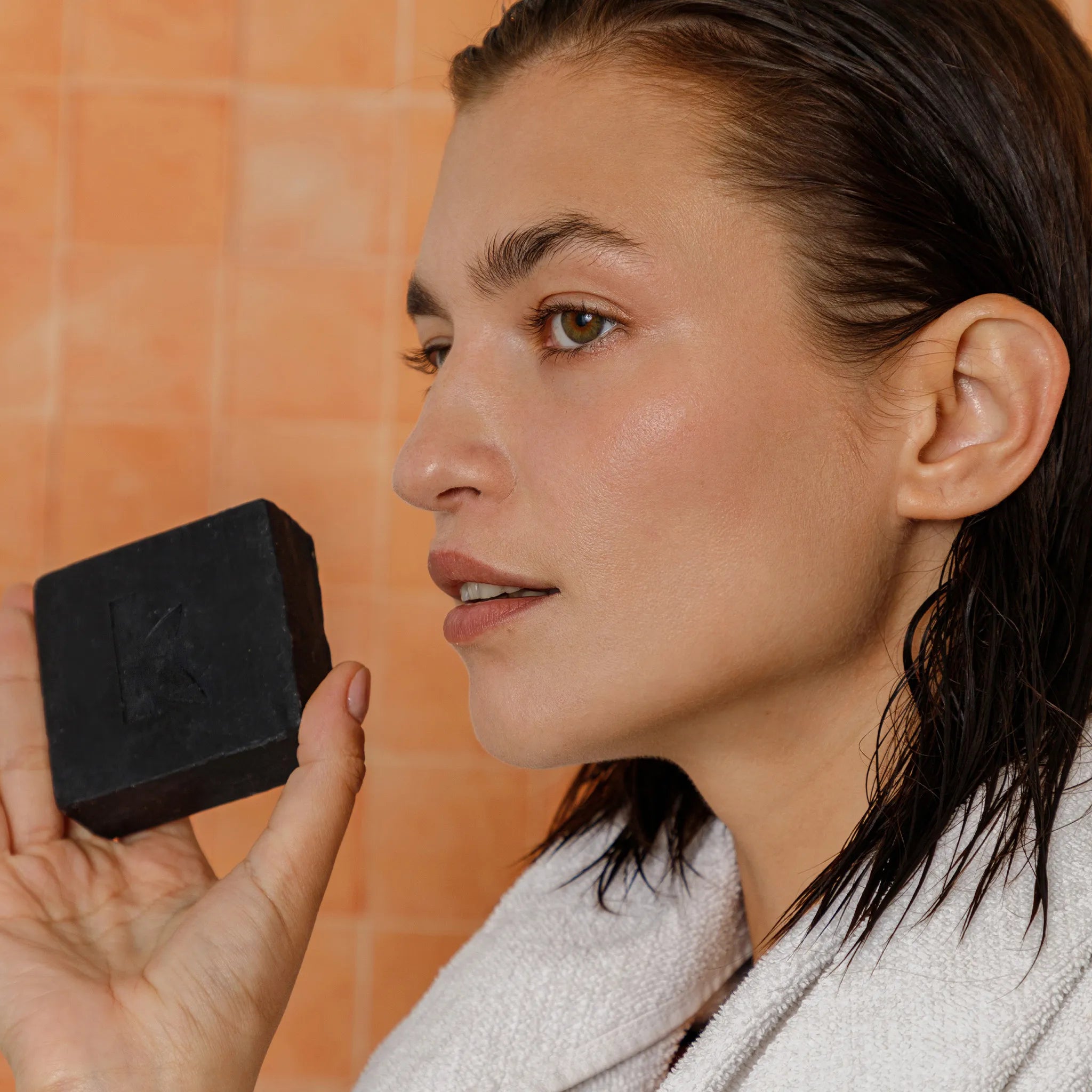

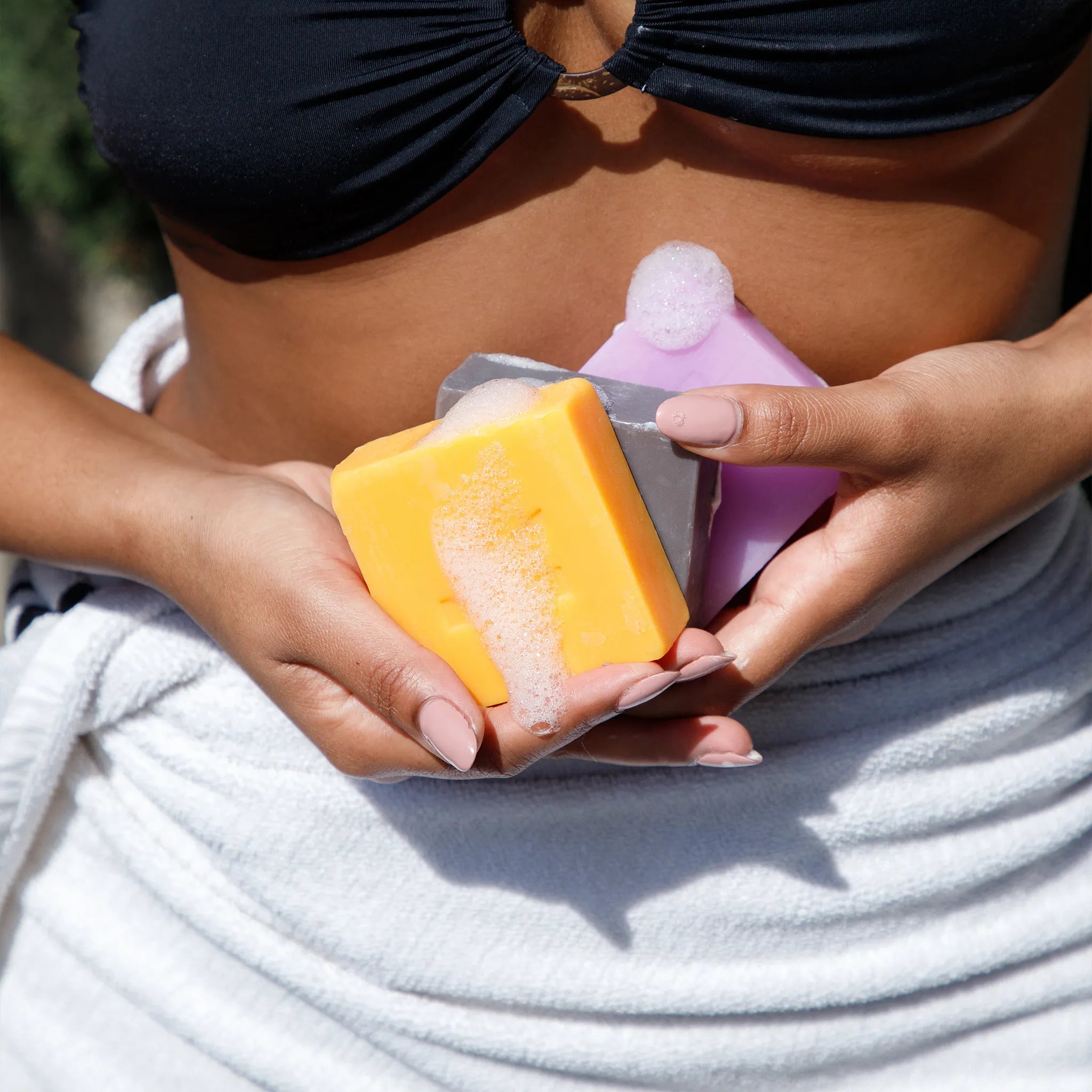

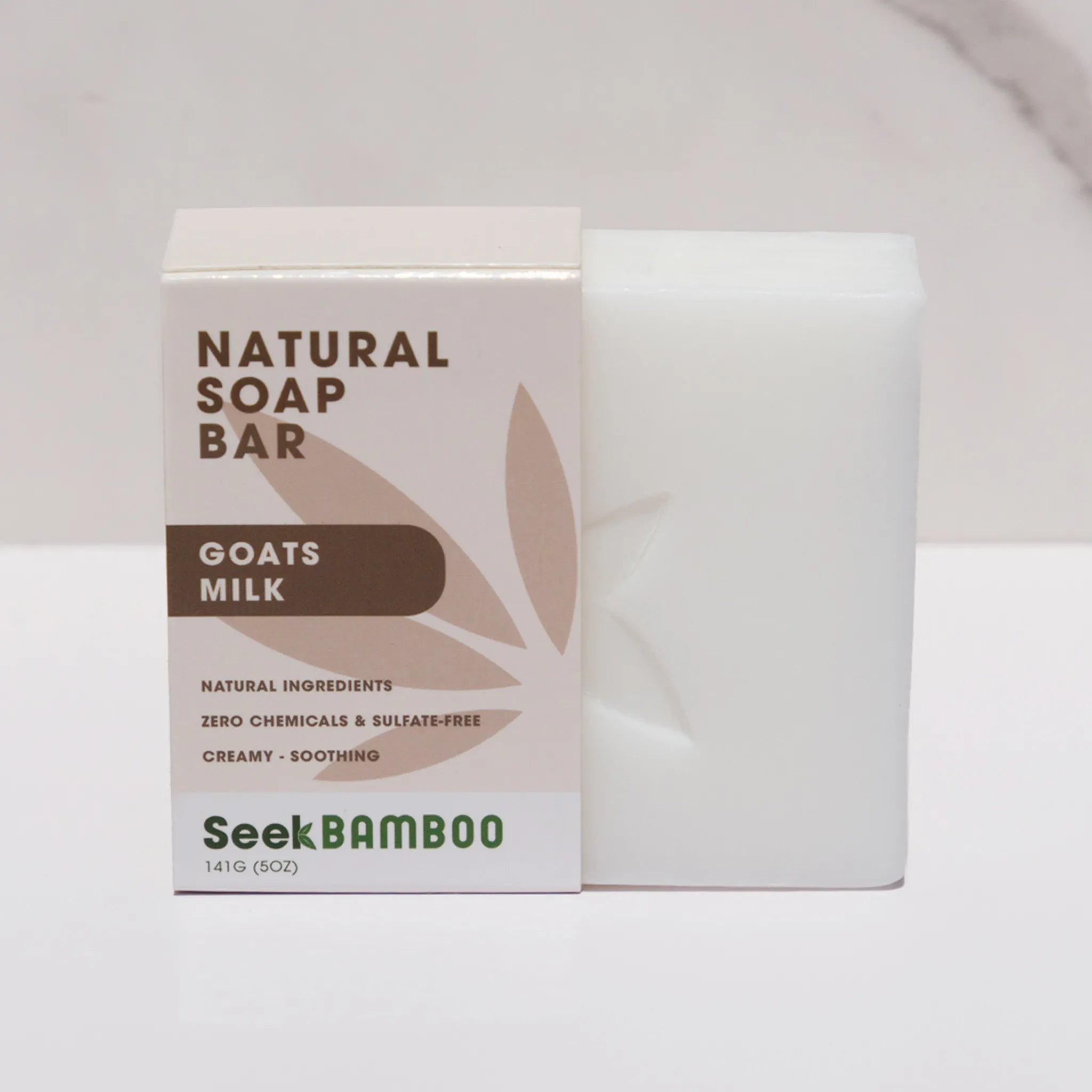
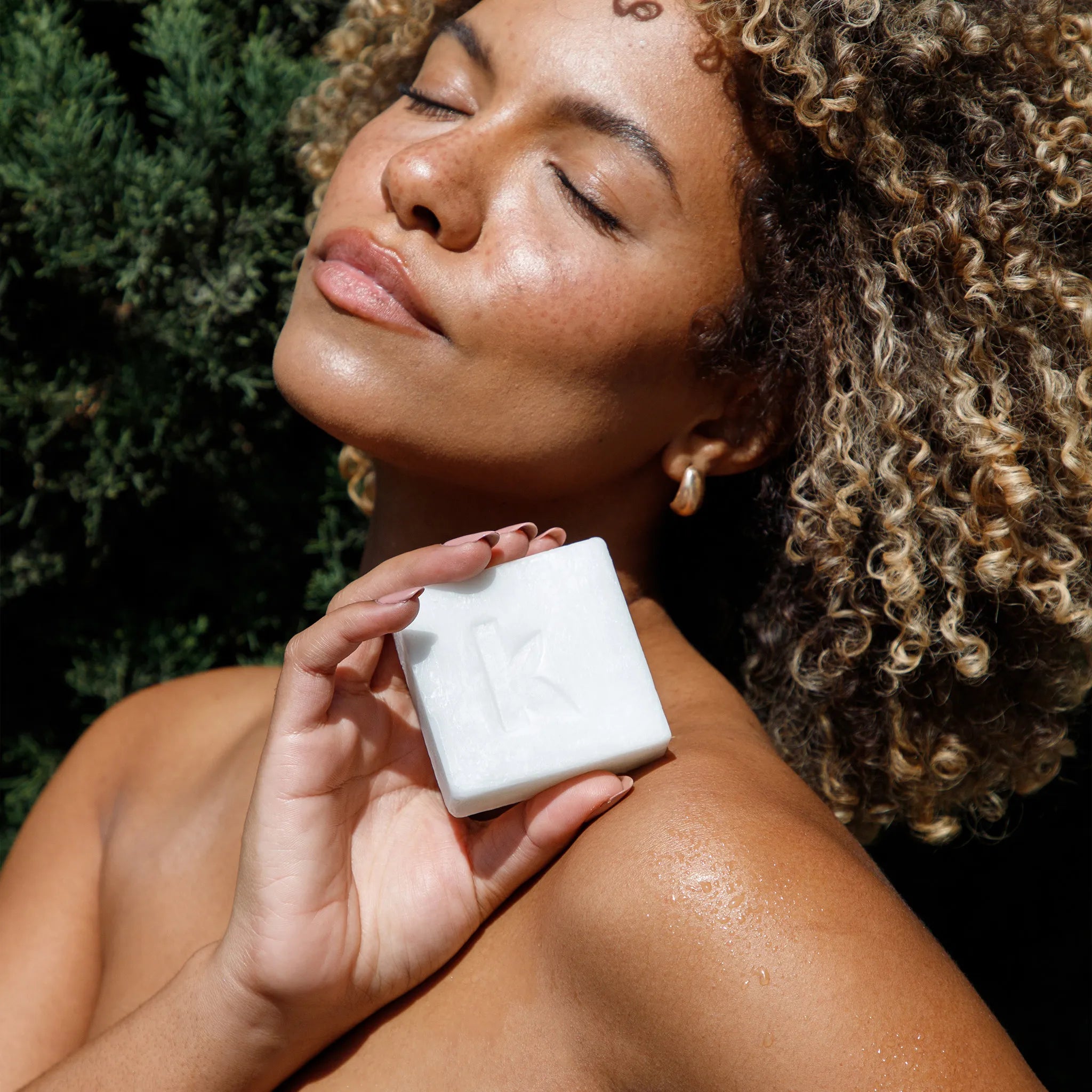
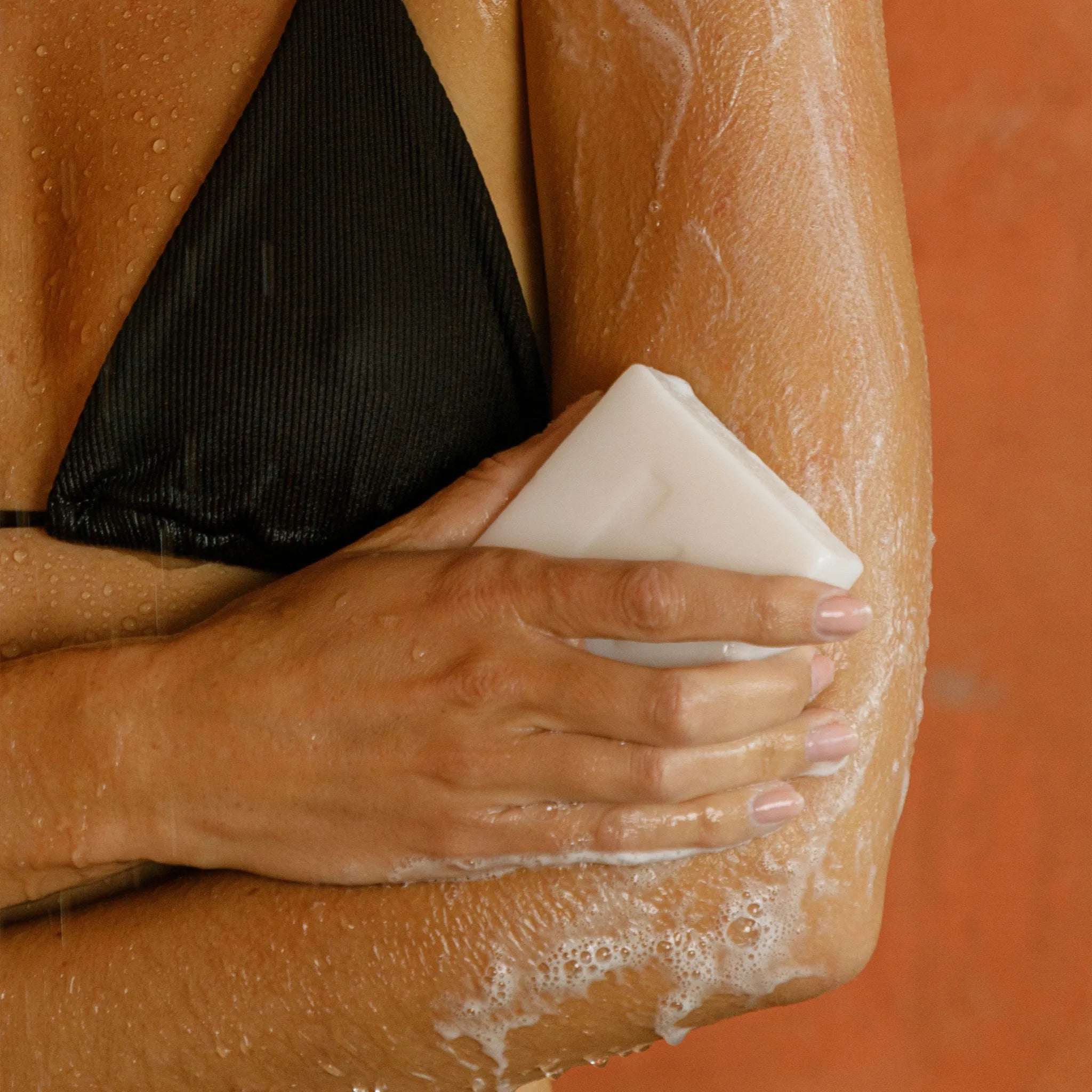

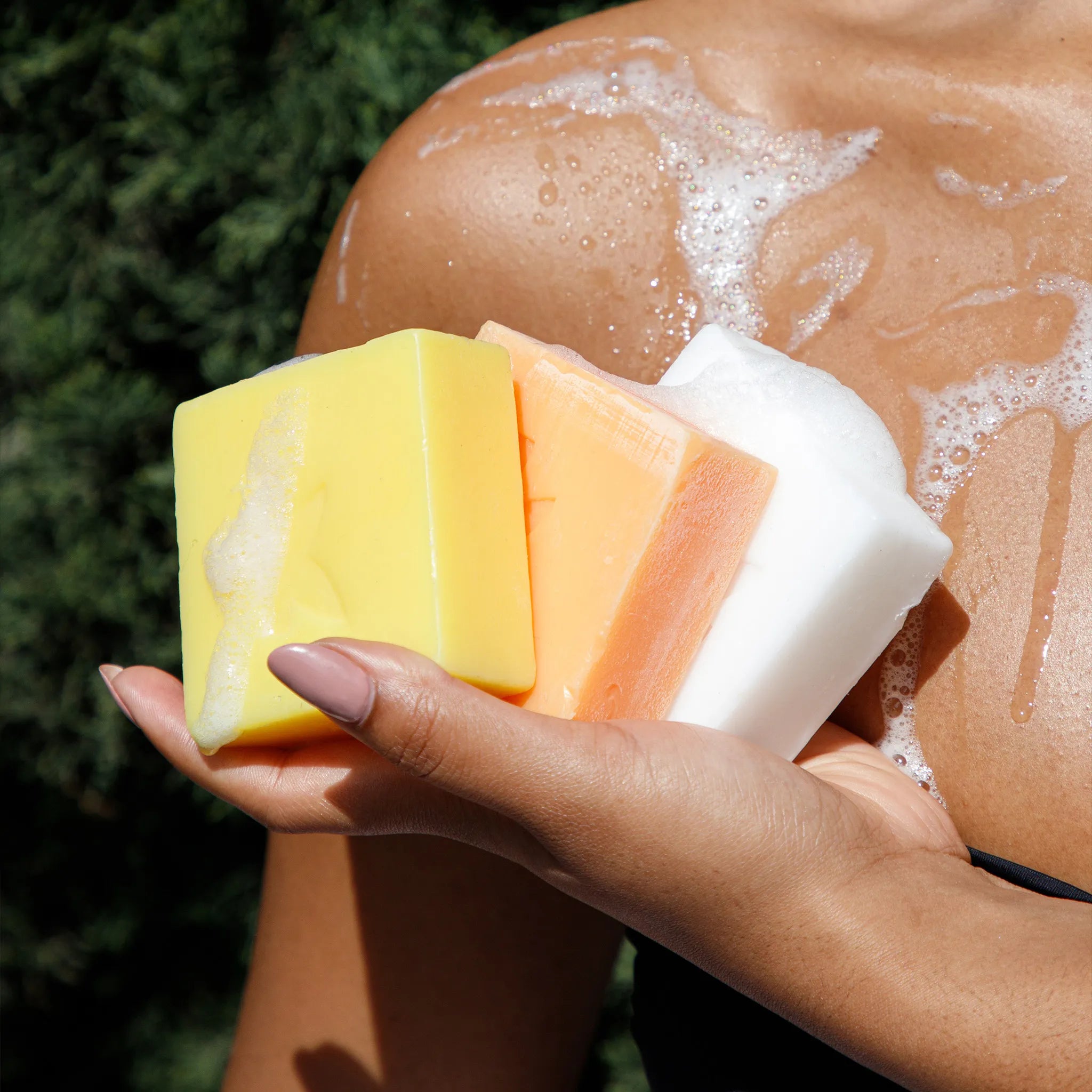
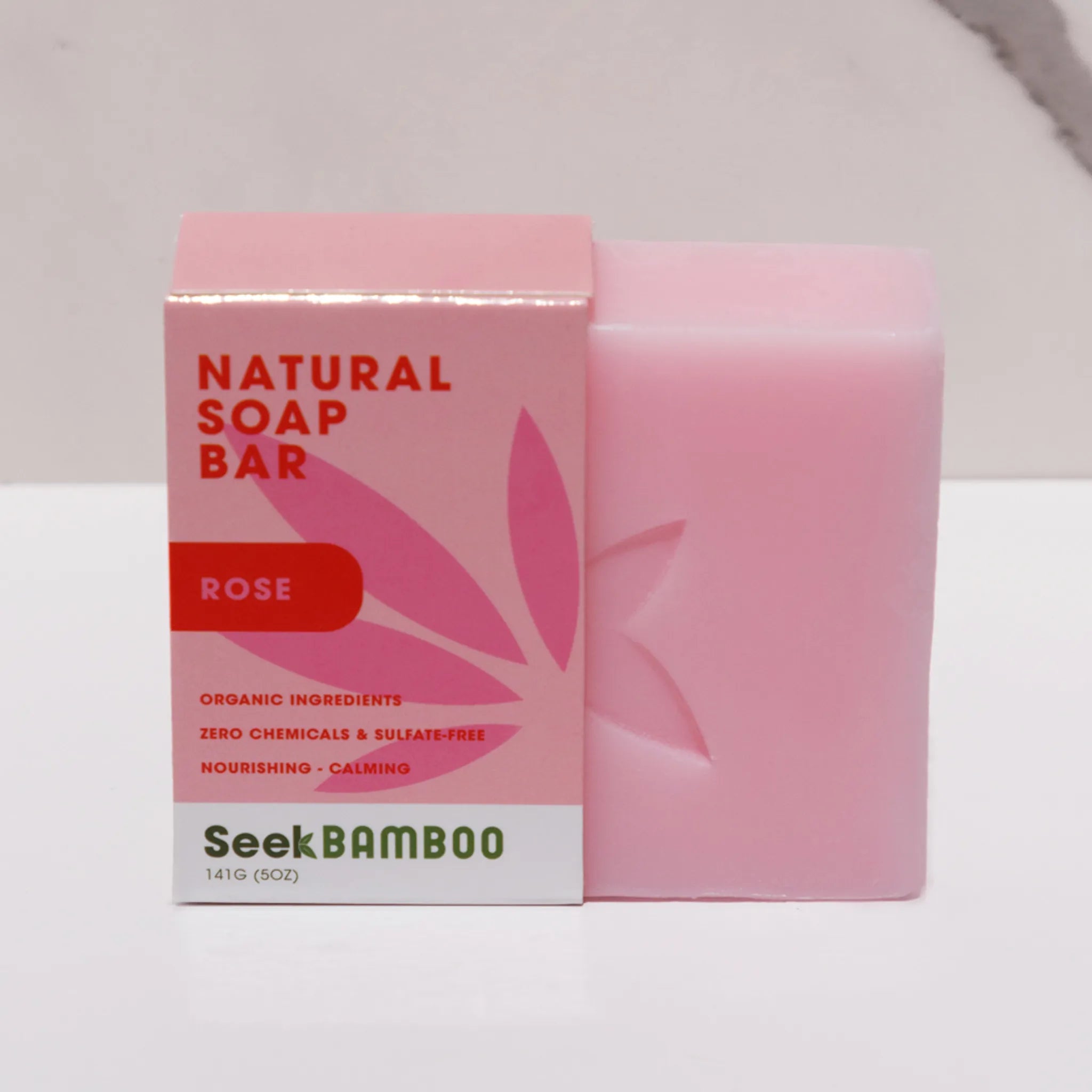

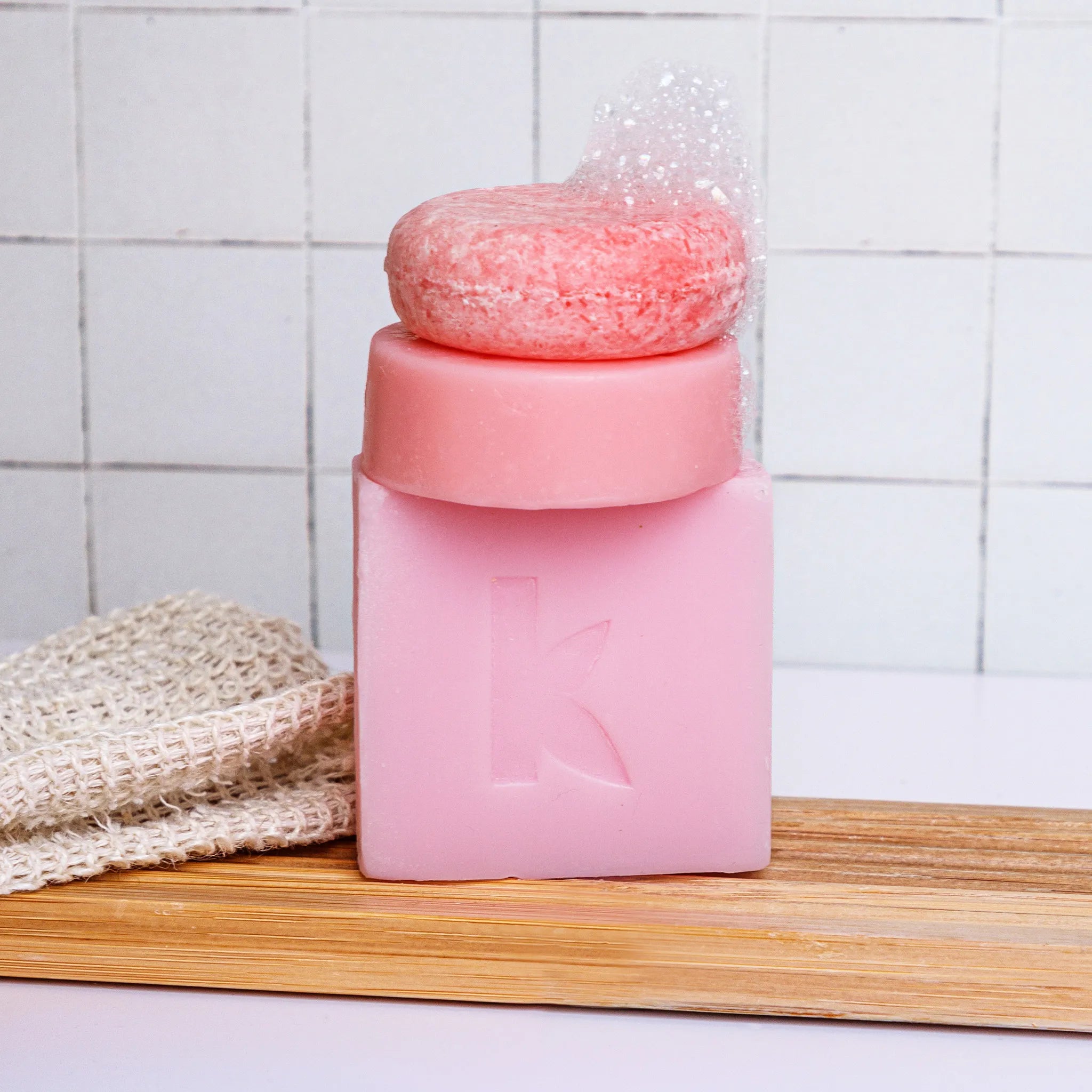
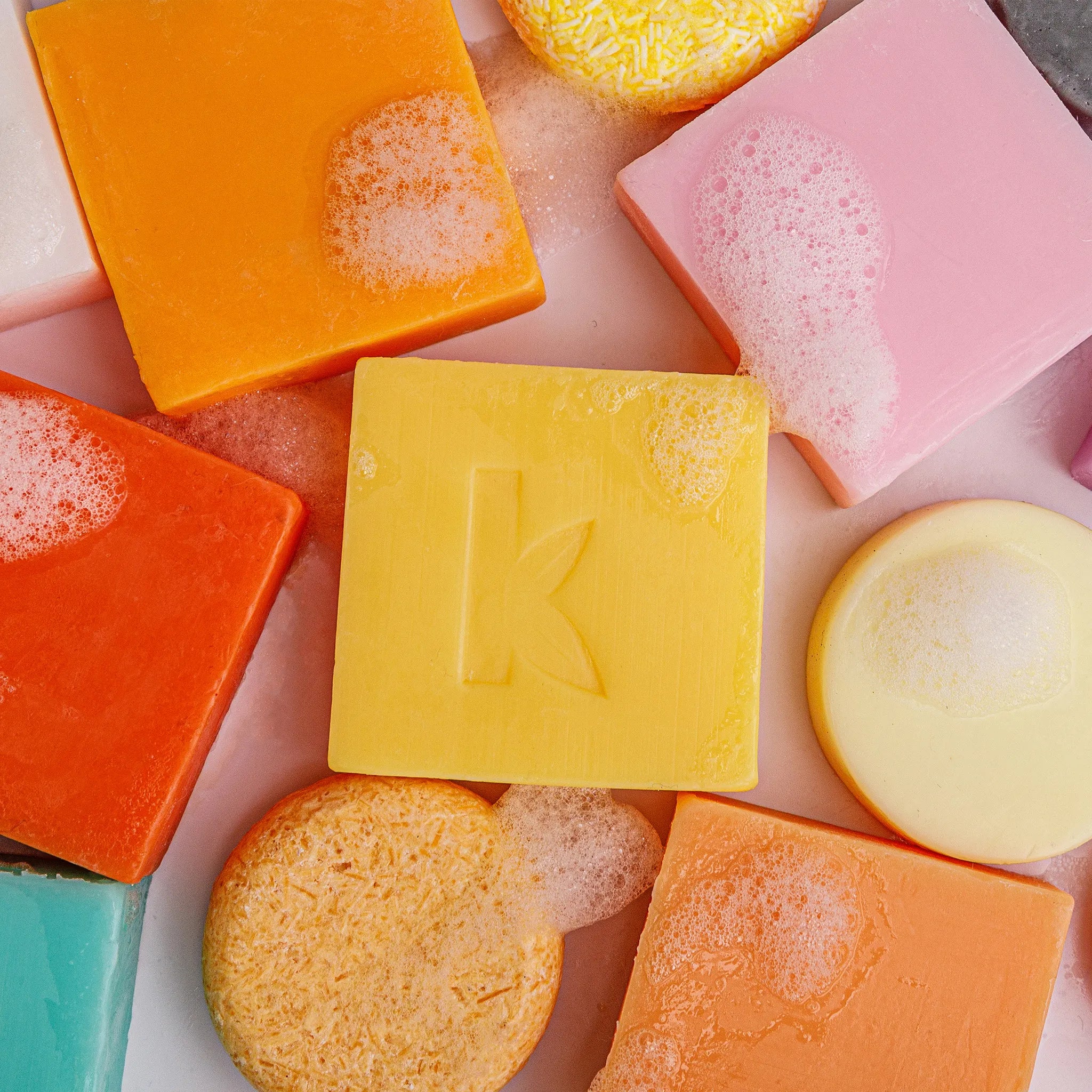
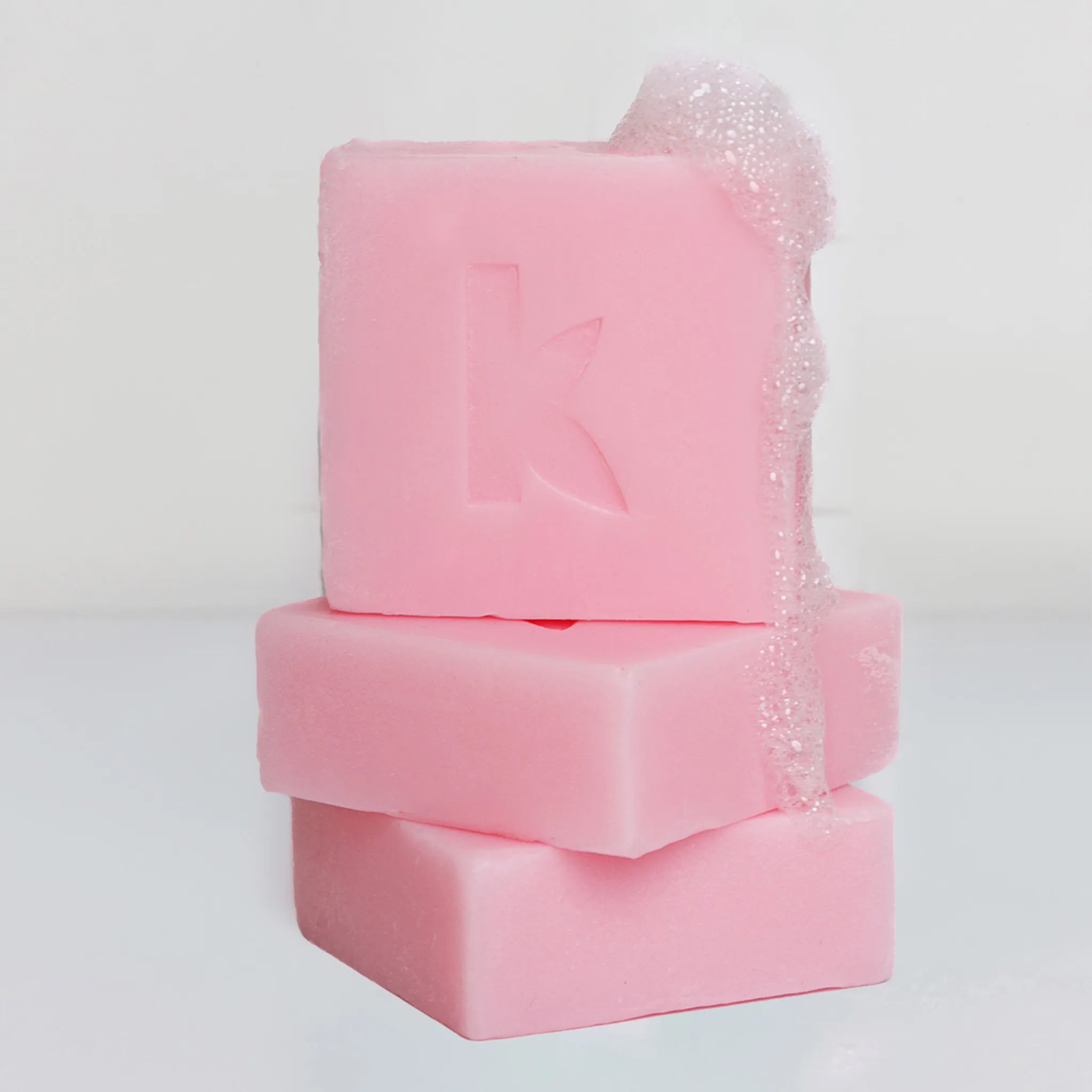

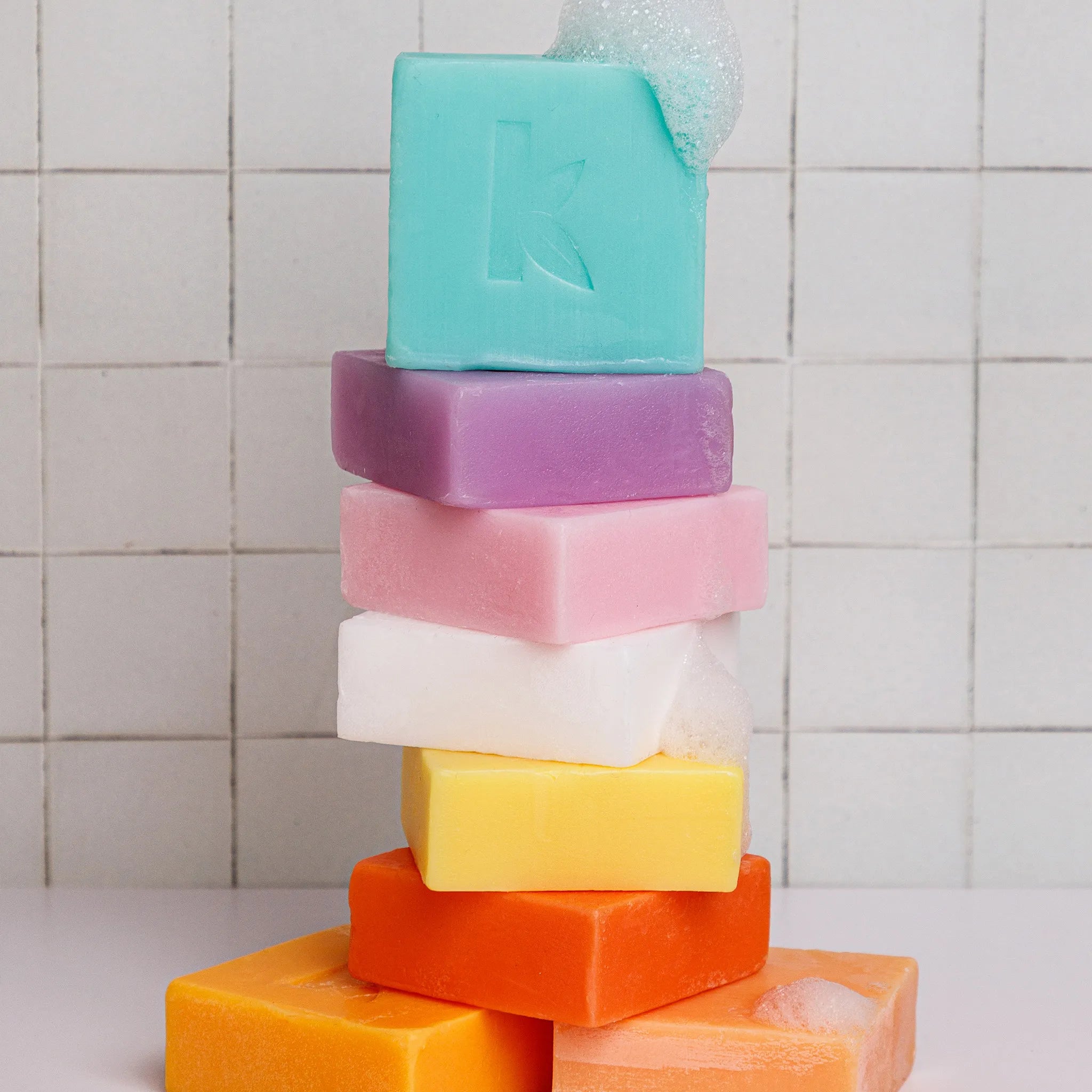

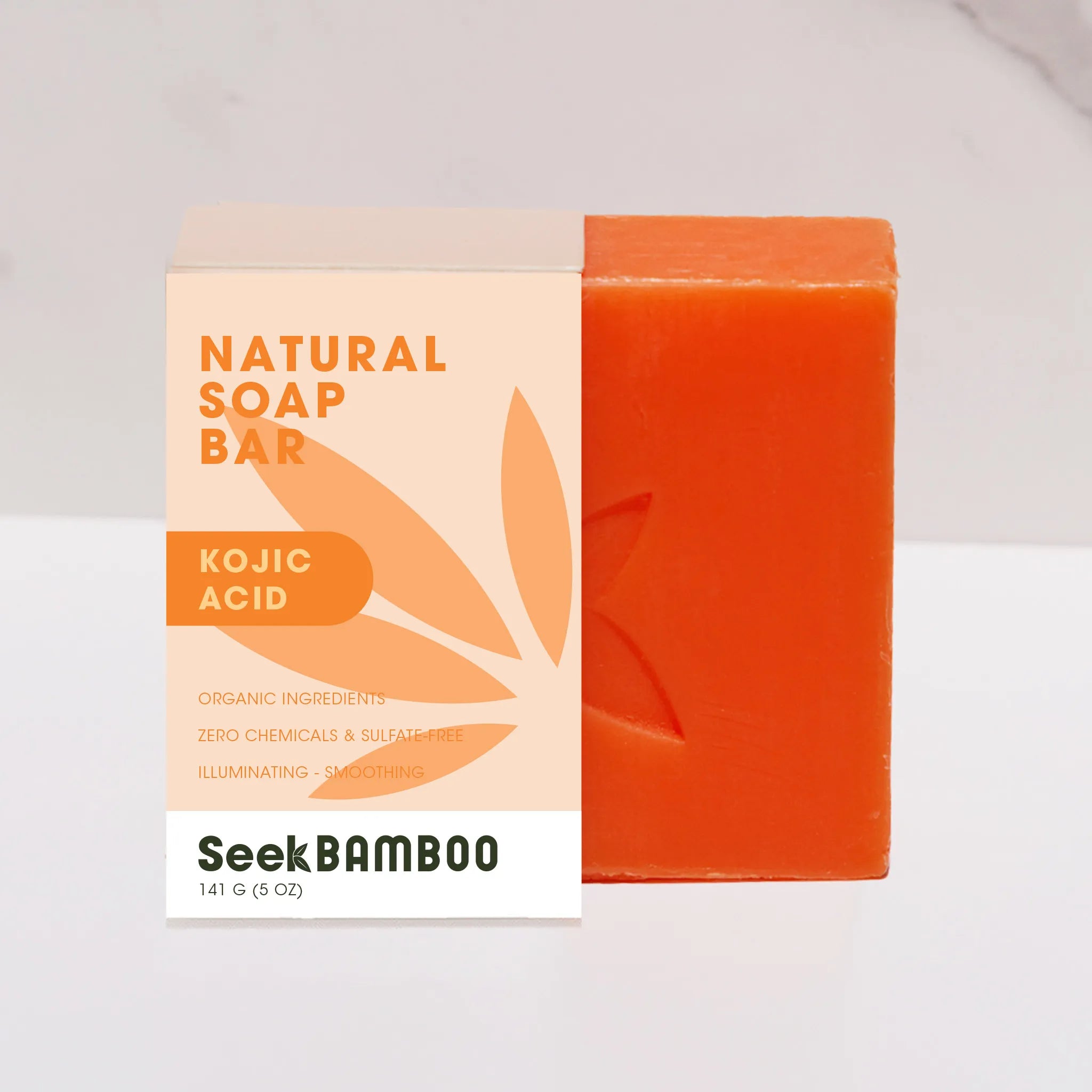
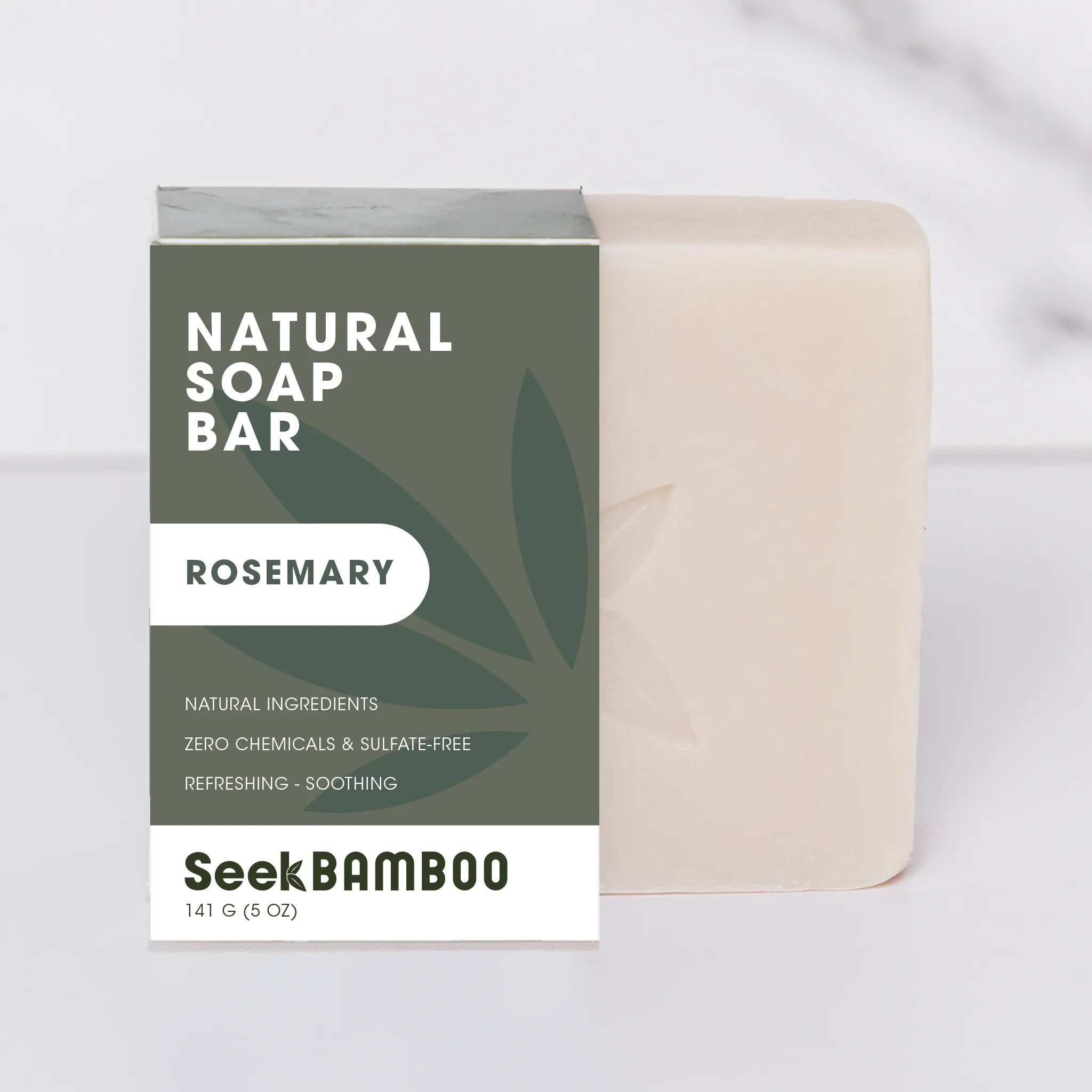
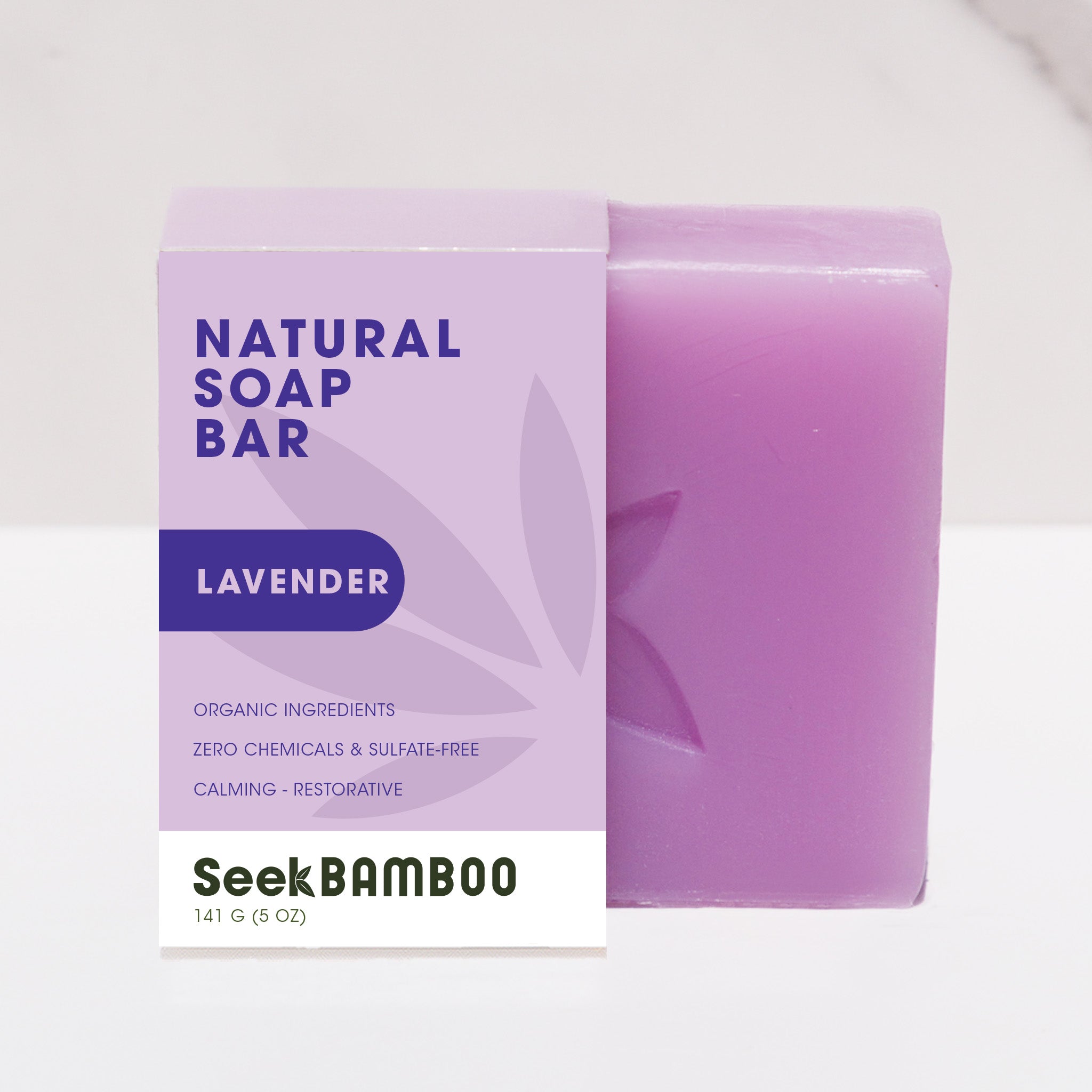
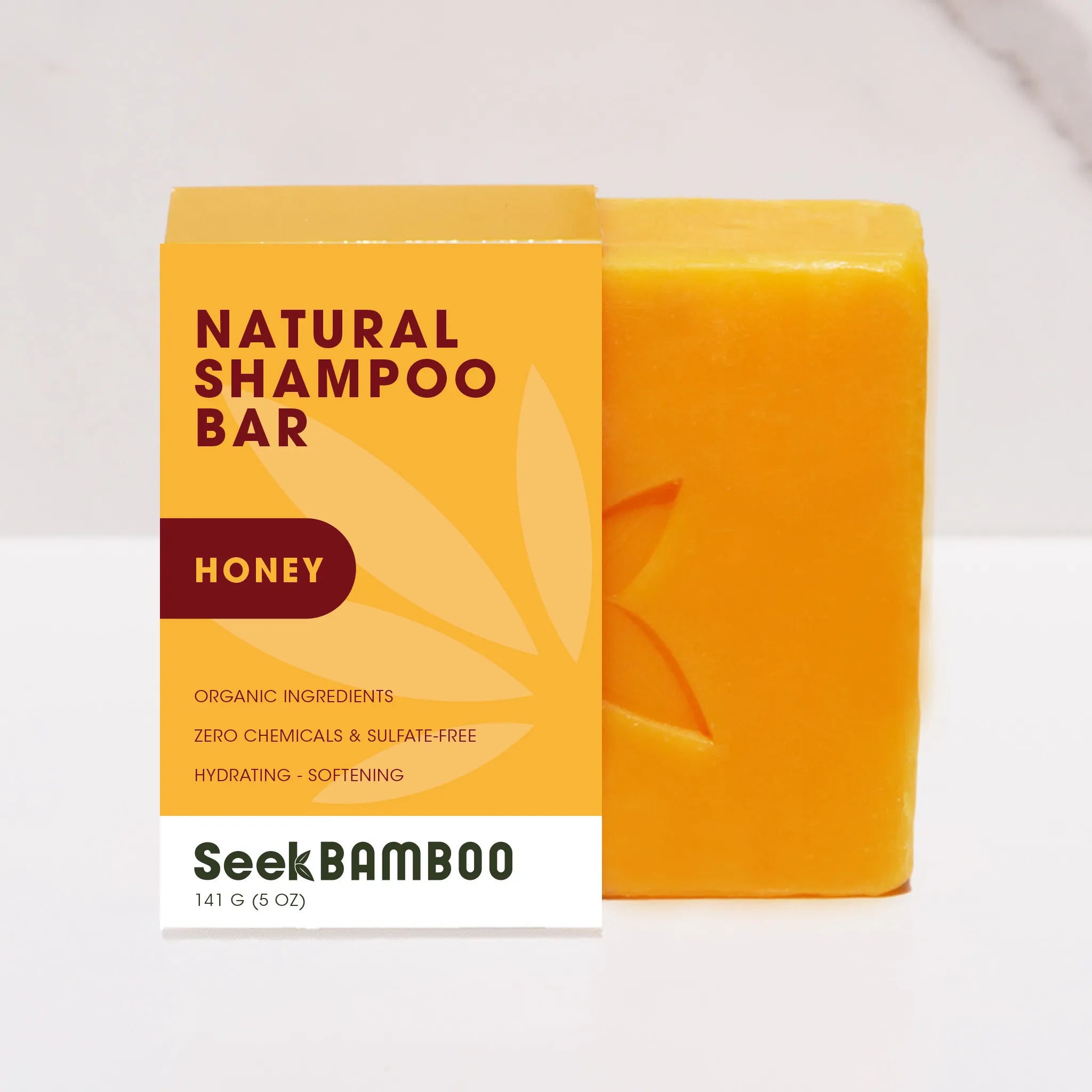








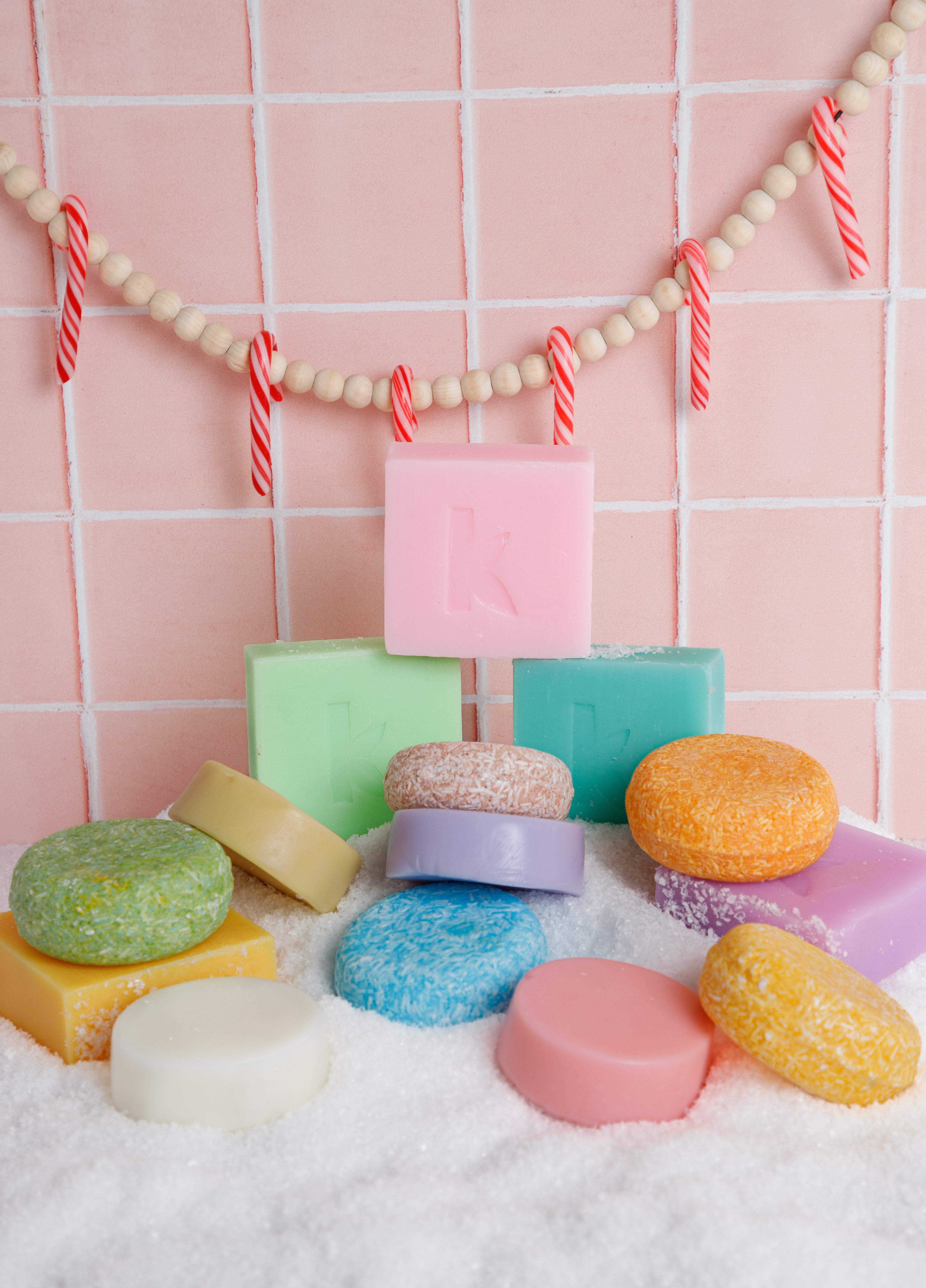
✓ Free of sulfates, palm oil, parabens, dyes, & synthetic fragrances
✓ Enriched with natural oils to gently cleanse and hydrate your skin
✓ Packed with antioxidants to promote healthy, nourished skin
✓ 5 oz size replaces up to 3 plastic bottles of liquid soap
✓ Plastic-free & eco-friendly packaging, making it a sustainable choice for both your skin & the planet
A Gentle Choice for You and the Planet
Natural soap bars are more than just a way to clean your skin—they represent a commitment to sustainability and self-care. From their eco-friendly packaging to their gentle, nourishing ingredients, these bars offer a thoughtful alternative to commercial soaps. By choosing natural soap bars, you’re not only embracing a product that supports your skin’s health but also making a conscious choice to reduce waste and protect the environment. It’s a small step with a big impact for both you and the planet.
Soap Bar Collection
Elevate Your Daily Routine Naturally
Switching to natural soap bars is a simple yet meaningful way to enhance your daily routine. Understanding how they work highlights their effectiveness and their benefits for your skin and the environment. Whether you’re drawn to their sustainable production, eco-friendly packaging, or gentle care for sensitive skin, natural soap bars are an easy choice for those looking to make a positive change. It’s time to take the leap and experience the difference for yourself.
The Soap Bar Scoop!
Your Ultimate Guide to Understanding and Loving Soap Bars
How does a soap bar clean the skin?
Soap bars clean the skin through a chemical process called saponification. The soap molecules contain two parts: one that attracts water (hydrophilic) and one that attracts oils and dirt (hydrophobic). When you use soap, the hydrophobic part binds to the oils, dirt, and impurities on your skin, while the hydrophilic part binds to the water. When you rinse, the soap traps the dirt and oil in micelles (tiny soap molecules), which are then washed away, leaving your skin clean.
What makes natural soap different from commercial soap?
Natural soaps are made with natural oils, butters, and lye (sodium hydroxide), without synthetic chemicals or artificial fragrances. Commercial soaps, on the other hand, often contain detergents, synthetic fragrances, and preservatives that can be harsh on the skin and the environment. Natural soap bars are gentler on the skin, especially for sensitive skin types, and are biodegradable, making them a more eco-friendly choice.
Are soap bars better than liquid soaps?
Yes, soap bars offer several advantages over liquid soaps. First, they require less water to manufacture, making them a more sustainable option. Second, soap bars typically come in minimal, plastic-free packaging, reducing waste. Liquid soaps, on the other hand, are often packaged in plastic bottles and require added preservatives due to their higher water content. Soap bars also tend to last longer since they don't contain excess water, and they don’t need the same preservatives that liquid soaps do.
How can I make my soap bar last longer?
To extend the life of your soap bar, it’s essential to keep it dry between uses. Store it in a soap dish with drainage to allow the water to drain away, preventing the soap from becoming soft or mushy. Avoid leaving the soap under running water, and use a soap bag or soap saver to prevent waste. When not in use, store your soap bar in a cool, dry place away from direct sunlight to preserve its fragrance and texture.
Are natural soap bars safe for sensitive skin?
Yes, natural soap bars are typically safer for sensitive skin because they are made with gentle ingredients like plant oils, butters, and essential oils. Unlike commercial soaps that may contain harsh chemicals, artificial fragrances, or preservatives, natural soaps are free from synthetic additives, making them less likely to irritate the skin. However, it’s always a good idea to check the ingredient list if you have specific sensitivities or allergies.
How do I choose the best natural soap for my skin type?
When selecting a natural soap, consider your skin type and any specific needs. For dry skin, look for soaps with moisturizing ingredients like shea butter, olive oil, or coconut oil. For sensitive or irritated skin, seek out soaps with soothing ingredients like calendula, chamomile, or lavender. If you have oily or acne-prone skin, opt for soaps with ingredients like tea tree oil, charcoal, or neem that can help balance oil production. Always choose soaps made with natural ingredients and free from artificial fragrances or dyes.
Are natural soap bars eco-friendly?
Yes, natural soap bars are much more eco-friendly than their liquid counterparts. Most natural soap bars come with biodegradable packaging or no packaging at all, significantly reducing plastic waste. Additionally, the ingredients in natural soap are often plant-based and biodegradable, unlike the synthetic chemicals found in commercial soaps, which can contribute to environmental pollution.
Can I use natural soap bars for my face?
Yes, you can use natural soap bars on your face, but it’s important to choose a soap that is specifically formulated for facial use. Some natural soaps are designed for the face and are made with gentler, more moisturizing ingredients. For sensitive or dry skin, look for soap bars that contain nourishing oils and avoid soaps with exfoliating agents or strong scents, which can irritate delicate facial skin.




